Formats













































































































































































































It’s the economy, stupid. Or, at least it was, until the pressure built up in the UK by a uniquely dire combination of Brexit, Covid-19 lockdowns, a costly furlough scheme and the war in Ukraine, culminating in a Conservative Party leadership election won by a candidate promising energy bill bail-outs for all and tax cuts for the super rich, all paid for with borrowing. The UK’s currency went into freefall immediately after the new prime minister’s controversial ‘mini-budget’ in September.
For those in the UK, there have been enough times of economic strife recently for them to be fairly sure of what comes next. Embattled companies will cut advertising budgets, which in turn gives channels less to spend. In the formats world, that tends to see them gravitate towards reboots of shows with a proven track record.
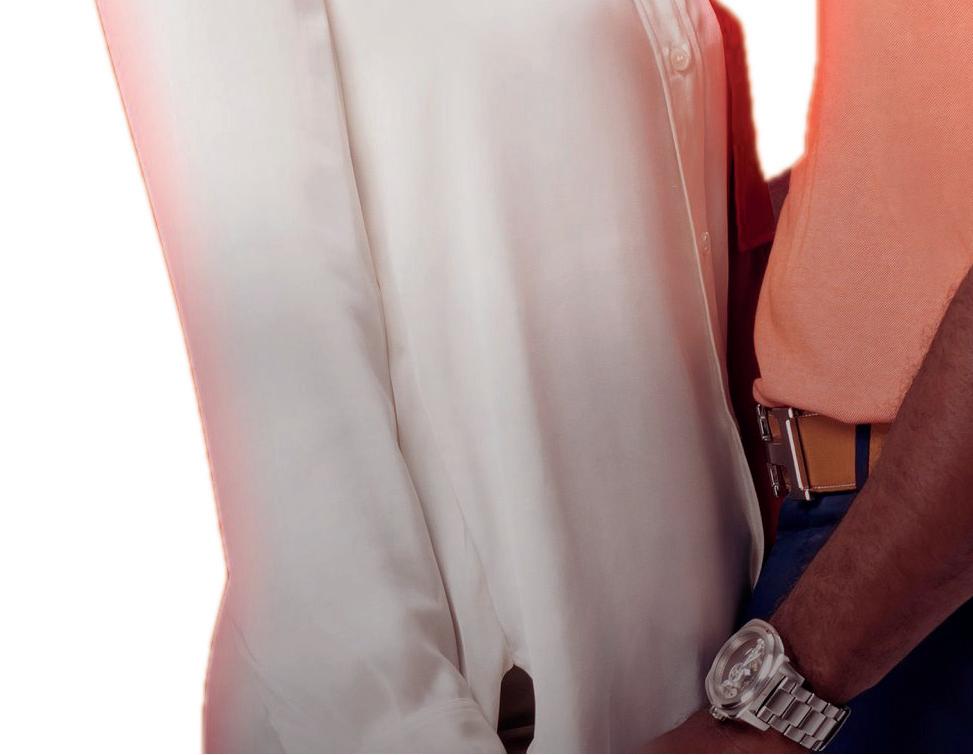
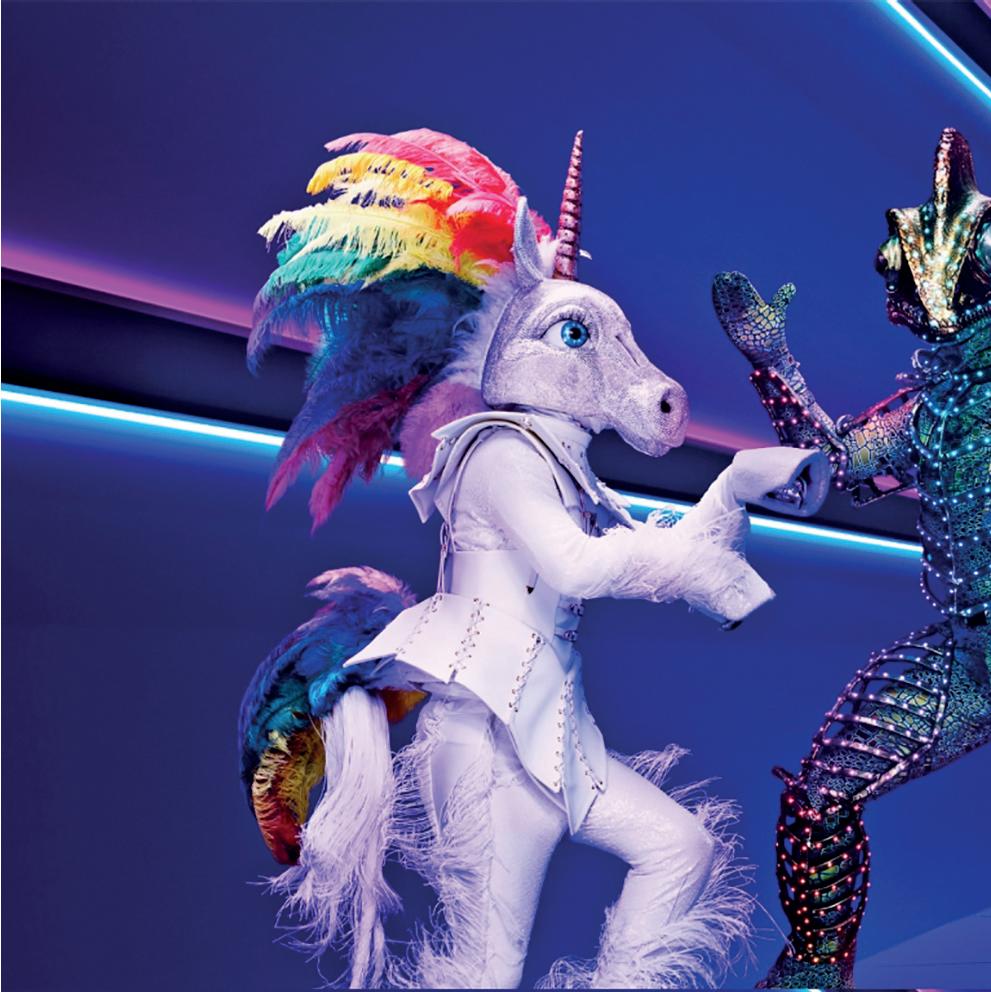
The main terrestrial channels in the UK had already been going for reboots of classic IP in a big way in 2022, even before the pound began dropping faster than a contestant on a certain ill-fated celebrity diving show.
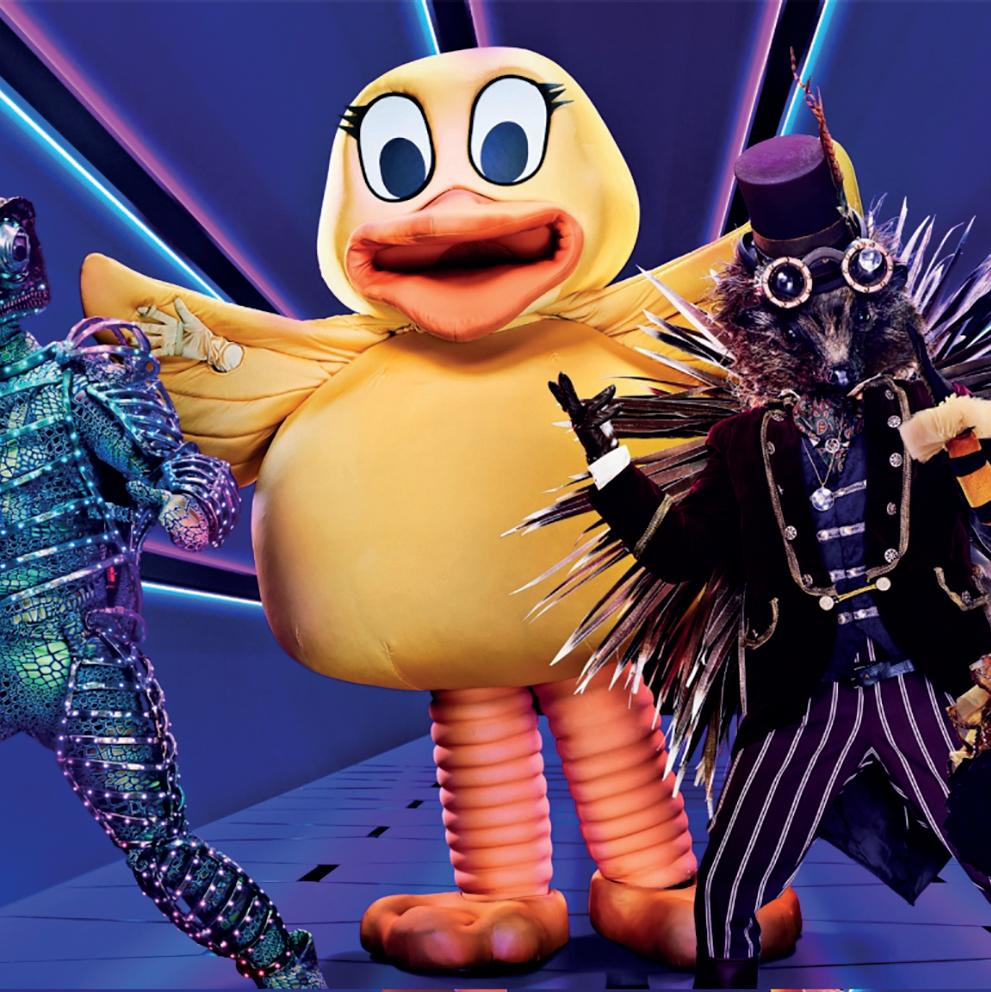
ITV’s 1990s Saturday night staple Gladiators is coming back on BBC One, which is also trying its hand with a UK version of Survivor. ITV itself is going around again with Big Brother (the third UK network to launch the classic Dutch format after Channels 4 and 5), while C4 has brought back Changing Rooms, Gamesmaster and The Big Breakfast. C5 is reviving Challenge Anneka, while Sky has brought back music quizshow Never Mind The Buzzcocks and Fantasy Football League. Truly, a good idea is a good idea forever.
Kevin Lygo, MD of media and entertainment at ITV, was quick to defend the reboots. “Big Brother is categorydefining. I would honestly say it’s the most extraordinary programme we’ve ever witnessed and changed everything when it came along. We’d genuinely never seen anything like it. So it’s not like we’ve said, ‘shall we bring back Strike it Lucky’? It’s a special thing.

“We learnt from Love Island that when these shows work

The UK remains the world’s largest exporter of formats, but with the country’s economy in dire straits and commercial networks making safe bets on reboots as they worry about ad revenues, what lies ahead?
 cou ma ad By
cou ma ad By
y

 By Clive Whittingham
By Clive Whittingham
they are incredibly important to a commercial broadcaster like ITV.
Love Island busted the myth that teenagers don’t watch TV. Every night, at 21.00, there they all were, watching ITV2. If we get Big Brother could do a similar job for us and there’s clearly a desire for that sort of programming.”
a ster
watch TV. 00, ing er right, it for us and sire for that ” s at don’t work k obably the more hing Now new nded, etimes ou look Masked er we have
Lygo admits ITV is “quite brutal” with new shows that fail to pull their weight. “If they don’t work in one series we’ll probably kill it,” he says. “In the old days you’d give everything a bit more time because everything was higher rating. Now I almost never do a new entertainment show without a fully funded, proper pilot – sometimes more than one. If you look at Masked Singer, Dancer, One Per Cent Club, Starstruck, we have commissioned new shows that
t nues, watch ng ITV2. If nd there’s
“ Love Island busted the myth that teenagers don’t watch TV. Every night, at 21.00, there they all were, watching ITV2. If we get Big Brother right, it could do a similar job for us and there’s clearly a desire for that sort of programming.


are coming back for a second season, so there is still new stuff out there.”
Big Brother’s return to UK screens marks the first major Banijay format commission for entertainment and format producers Natalka Znak and Claire O’Donohoe since they joined the group. Banijay UK acquired format specialist prodco Znak TV and appointed founder Znak, creator of I’m a Celebrity… Get Me Out of Here! (which remains the UK’s biggest show for 16-34s, despite Love Island), as CEO of its Remarkable Entertainment and Initial labels to create a new unscripted group late last year.
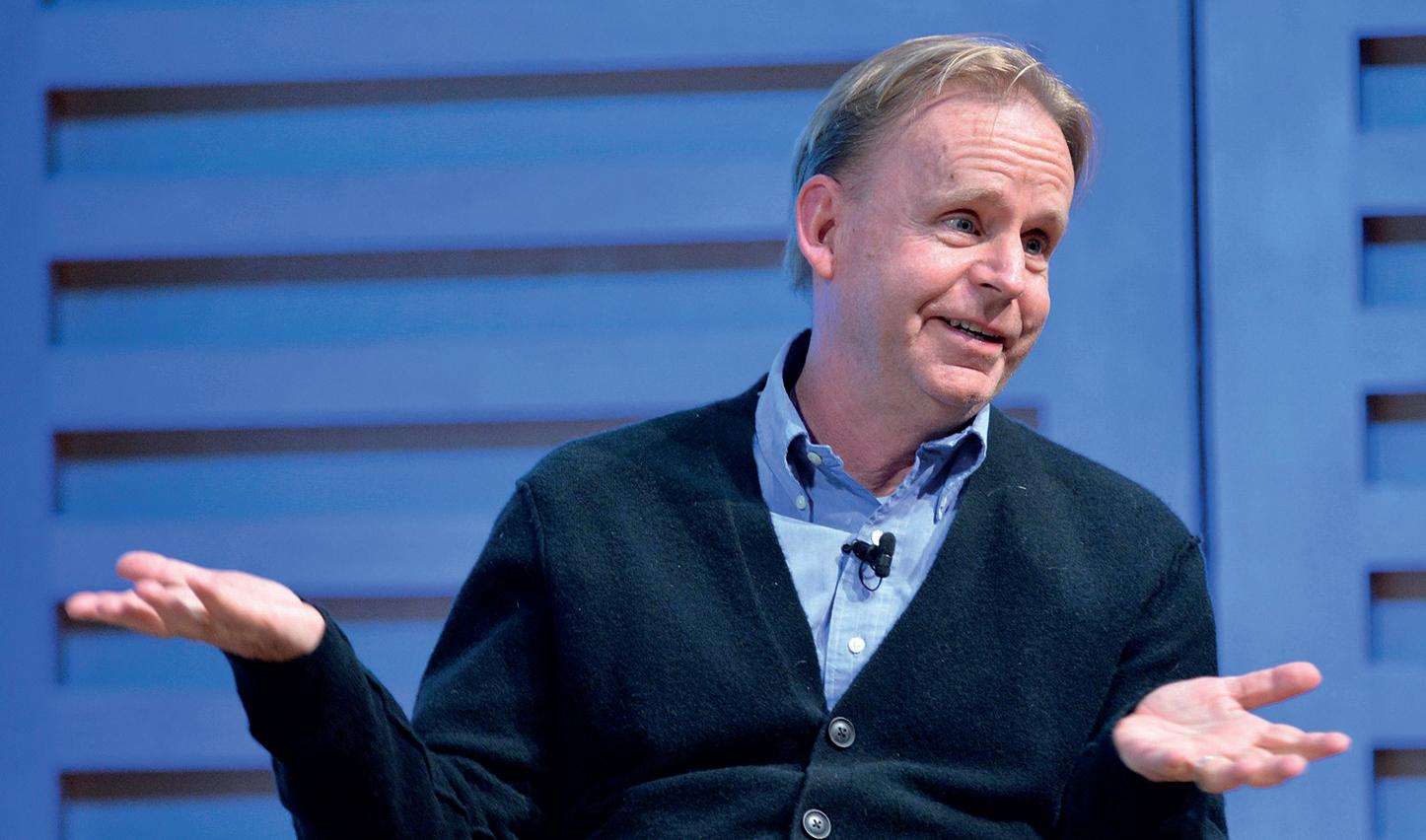

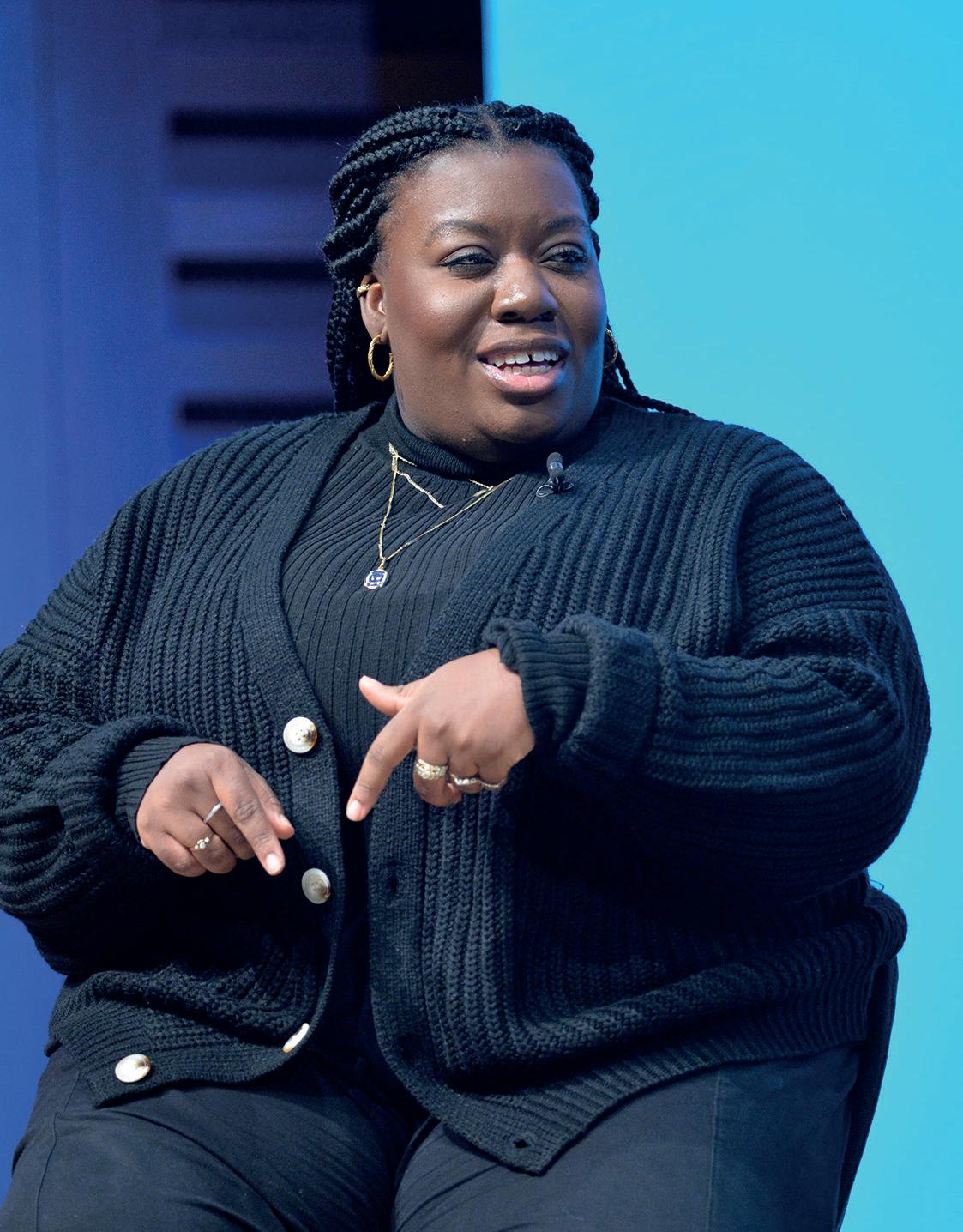
“It’s a hard job to reboot such a popular show. TV has moved on from when Big Brother was first on TV and we used to love sitting there watching people eat their cornflakes,” Znak says.
“The trick is to keep the heart of it but make it feel modern. I’m having so many conversations with hardcore fans saying, ‘don’t touch it, don’t do this, you’ve got to keep everything,’ but I think the hardcore fans will watch it and I need the people who’ve never watched Big Brother to tune in. My 16-year-old daughter doesn’t even
know what it is – that’s the person we’ve got to appeal to.”
Now embedded at Banijay, Znak these days has the benefit of a big catalogue of IP to potentially bring back and reboot. She admits her times at a smaller indie without that advantage could be tough in this climate.
“Happily, we’ve just got a second season of Starstruck on ITV and that’s selling internationally, but all producers know development is often a thankless and miserable task,” she says. “Ninety-nine percent of what you pitch is not going to get picked up and an awful lot of what you do make then doesn’t get picked up either. I’m now running a number of companies with more stuff to throw out there because it’s quite hard. Before that, I was running my own prodco and it’s quite brutal because that lack of pick-up means it’s constantly feast or famine.
“It’s really brutal in the US. At least Kevin [Lygo] will get to the end of the season. In the US, they will pull your show on the second episode if it’s not rating, and that is hard.”
At the newly merged Warner Bros Discovery (WBD) there’s another reboot in the works for the UK. Former senior VP and head of content and planning Clare Laycock is celebrating her promotion to head of editorial at WBD UK with a new version of dating format Beauty & the Geek
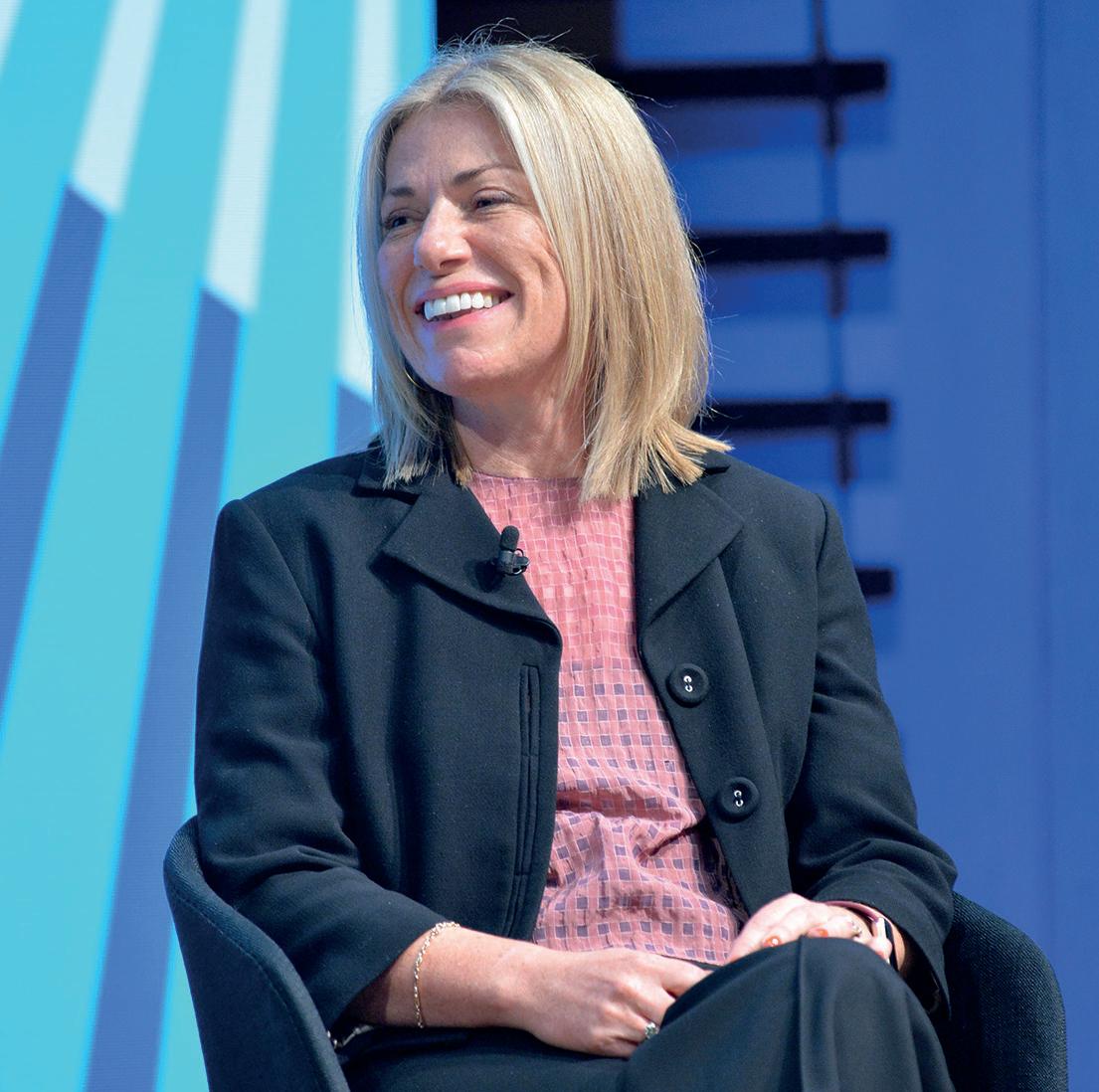
“That was last on Channel 4 in 2006, but it’s since been rebooted in Australia and it was that version that caught our eye,” Laycock says. “If you think what’s changed from 2006, one thing is the rise of the geek. They didn’t used to be cool but they are now. They’re paying all our salaries, they’re who you want to be with. The beauties in our version have successful careers, double degrees; it’s going to surprise you when you watch it because it’s about checking your stereotypes.”
Discovery has become better known for spin-offs than reboots, with femaleskewing lifestyle cablenet TLC regularly producing up to half-a-dozen different versions of 90 Day Fiancé and shows like it.
“For us to be successful it has to work in all our key markets, both the original tape from the US, UK or wherever it’s from, and then the local versions,” Laycock says. “Something like 90 Day Fiancé for us is a brilliant example of that. It started life on TLC US 10 years ago and now has multiple spin-off series and a whole
“ When you bring back an old format you have two sets of viewers. You have the hardcore fans who are really excited about something like Big Brother, like myself, then you have the new gen. It’s about finding the middle ground.
Gama Gbio Expectation
universe. We’ve made a local UK version that’s been massive.
“You have to look after your big, valuable brands. 90 Day Fiancé and Say Yes To The Dress have been around a long time and you need to keep refreshing them with new talent and, sometimes, a twist. Bringing back and rebooting a show is a different thing. We’re doing both of those things but we’re doing brand new things as well. We have a new show, Written In The Stars, in the dating space launching in December on Discovery+. That’s risky. They’re big swings, they’re expensive. You go into those with your heart in your mouth a bit and they’re hard to land.”
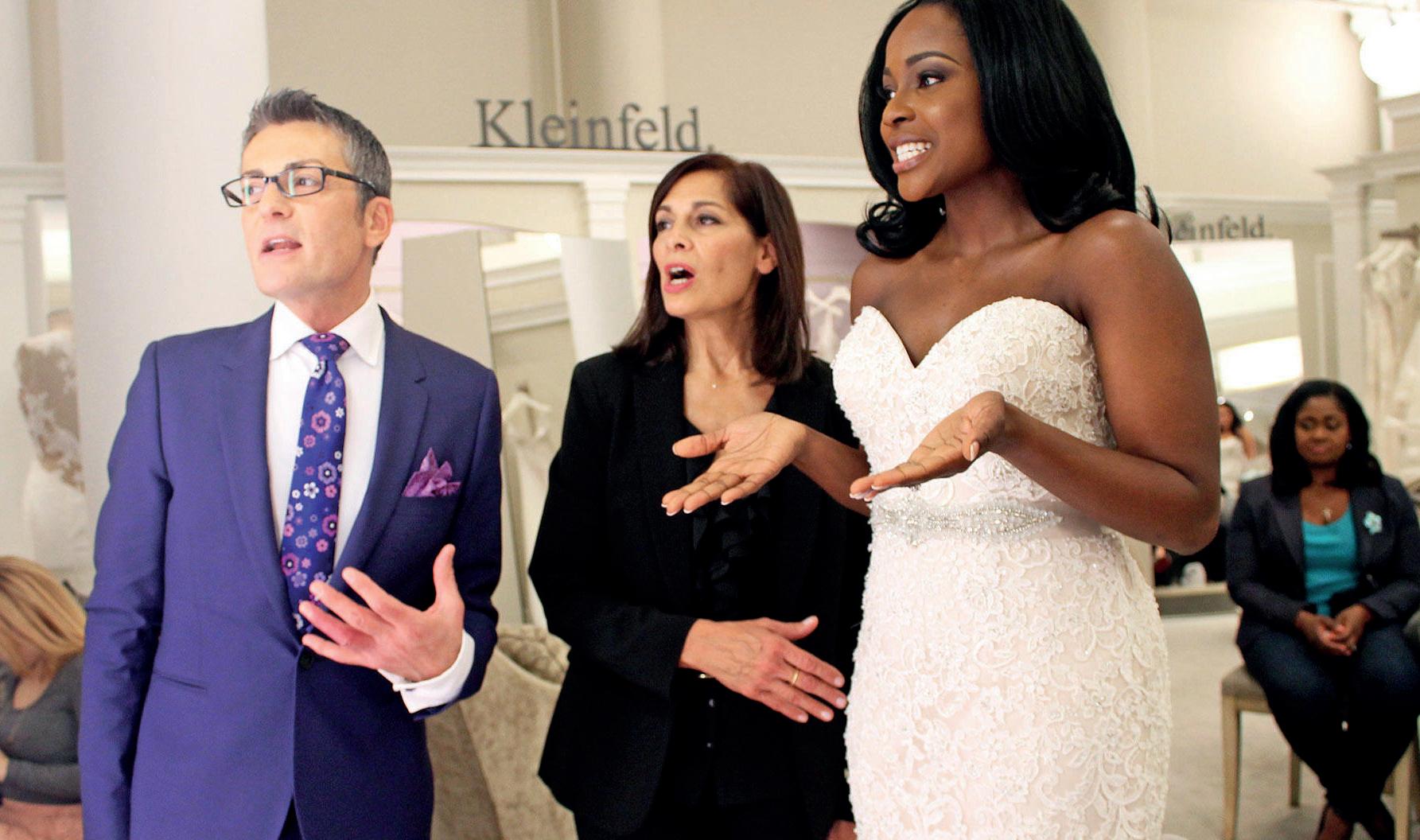
Gama Gbio, entertainment producer at Tim Hincks and Peter Fincham’s BBC Studios-backed prodco Expectation, agrees that bringing back old formats isn’t as “risk-free” as perhaps critics of reboots often like to paint, and the notion that it’s now all reboots and the creative community has run out of original ideas is unfair.
“When you bring back an old format you have two sets of viewers. You have the hardcore fans who are really excited about something like Big Brother, like myself, then you have the new gen,” Gbio says. “It’s about finding the middle ground, keeping the essence of the original format and what people loved about it, but also adding a layer on to make it a bit more current. It is quite risky bringing back old formats; it’ll be the same with Beauty & the Geek
“For the whole time Love Island has been on there have been other dating shows that have succeeded – like Dating
& Related, Love Is Blind and Too Hot To Handle. Even though you are bringing back old formats there is a hunger for viewers for another turn of the wheel looking at the same subject.”
Gbio is also part of that younger target audience for a lot of these shows herself, and adds: “I’m a massive 90 Day fan and what they’ve done well with it is it starts as a dating show and there’s 90 days to get a visa. But millennials and Gen Z are nosey fuckers, so we watch them in 90 Days but we want to know what they’re doing next. Are they having babies? How’s the rest of the family feel? You want the spin-offs because you can relate.”
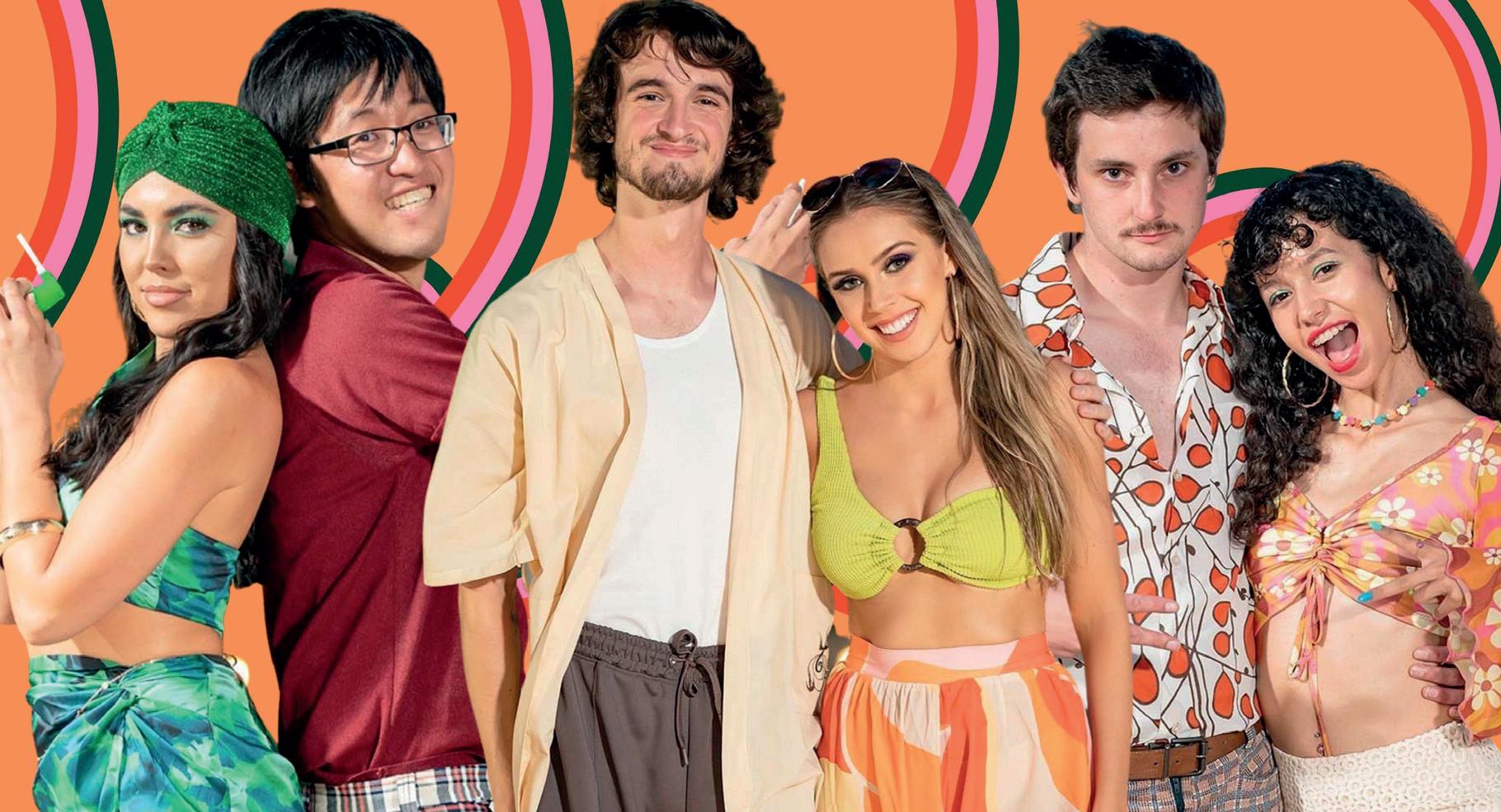
Both Laycock and Lygo have new streaming products on the market, with Discovery+ coming up on two years old and ITVX due to launch by the year’s end. Both, naturally, skew younger and Lygo says it will also enable ITV to be a bit riskier and more niche in its commissioning than it is for the main channel.
“The younger demo is vitally important to Discovery+, mainly because our linear networks don’t reach that audience,” Laycock says. “It’s important to get our content seen by different groups of people and Discovery+ skews younger just because it’s digital and an SVoD. We have a lot of reality on there. We’re not, however, going down an 18-34 sinkhole because you go too narrow and you don’t have scale. You have to have broad appeal.”
“With ITV, we have to be all things to all people and the truth is a lot of these shows we talk about, they’re great shows but they have very small audiences,” Lygo says. “To ITV, we really make our money out of mass audiences and these wouldn’t necessarily work. What we’re stepping into with ITVX is more niche shows, without broad appeal. There is a reason Love Island goes on ITV2, not the main channel, and Big Brother will play on ITV2 as well. The way they work best is if you flood your channel with them. That’s not appropriate for ITV, which has to satisfy a lot of people. We’d scare the old ladies away.”
Despite the economic strife, the UK remains the biggest exporter of formats, and a UK or US TX is still a gold standard for formats, according to Lygo.
“It’s easier for lazy English broadcasters, who can then watch it in their own language. But I do think the rest of the world looks to the UK and US to see if it’s a success, and if it is then it tends to be in another,” he says. “It’s a great place to showcase and develop.”
Although drama has long been the buzzy industry genre, the expense of it and production times mean there are far fewer of them – 90% of the new commissions in the UK last year were unscripted programmes, which, of course, populate vast swathes of the networks lower down the EPG. The UK also originated the largest volume of unscripted format sales in the world in 2021 – but will that continue as budgets are squeezed across the country?
Clare Laycock, Kevin Lygo, Gama Gbio and Natalka Znak were speaking at the RTS London Convention 2022 in September.
WBD’s worldwide format Say Yes To The Dress (top) and Beauty & the Geek, which is set for a reboot after last airing in the UK in 2006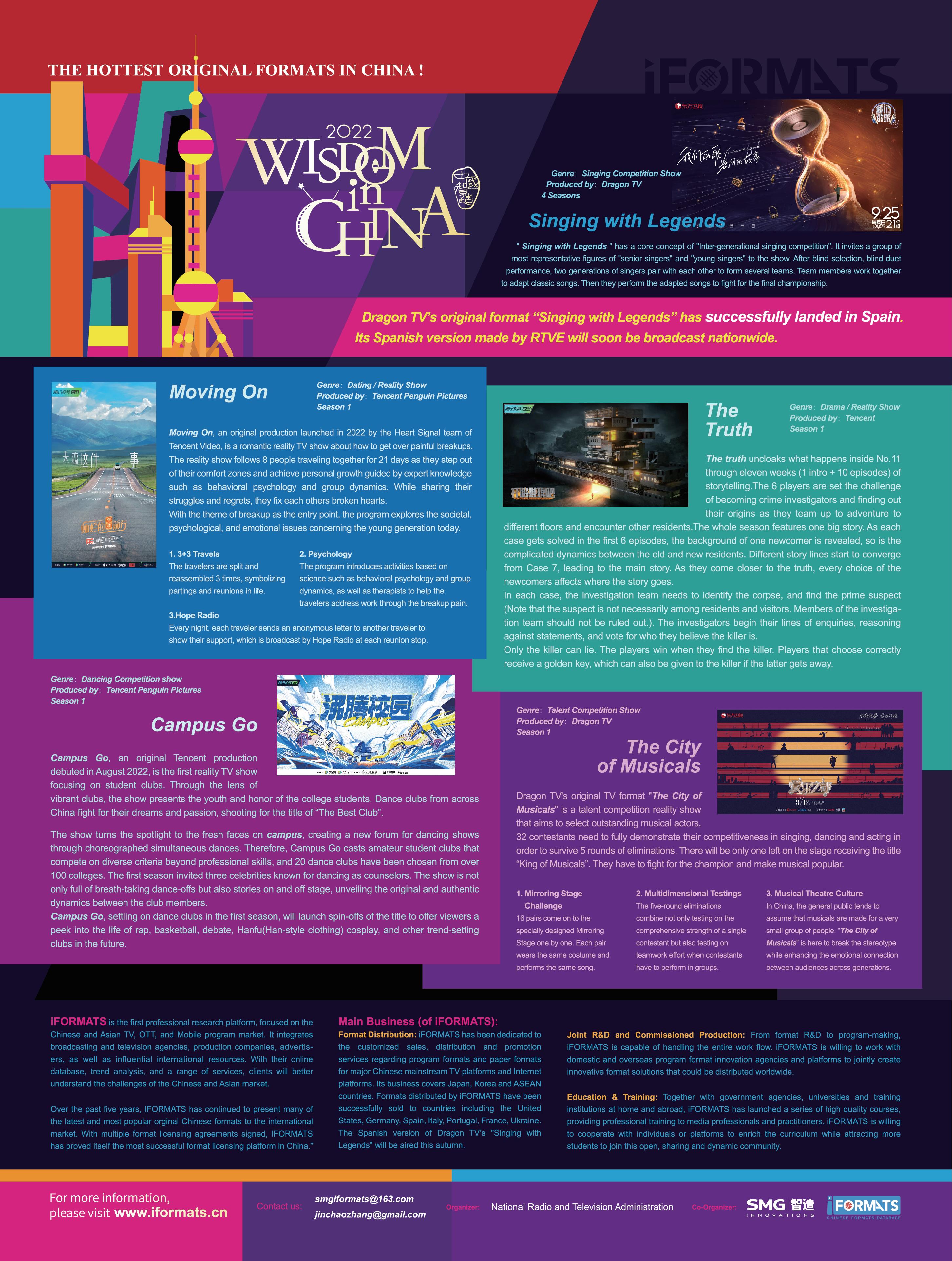
In just a year since we began life, we’ve stacked up a string of successes: seven formats that stand out for their creativity, production quality and storytelling, and were loved by audiences and broadcasters alike.




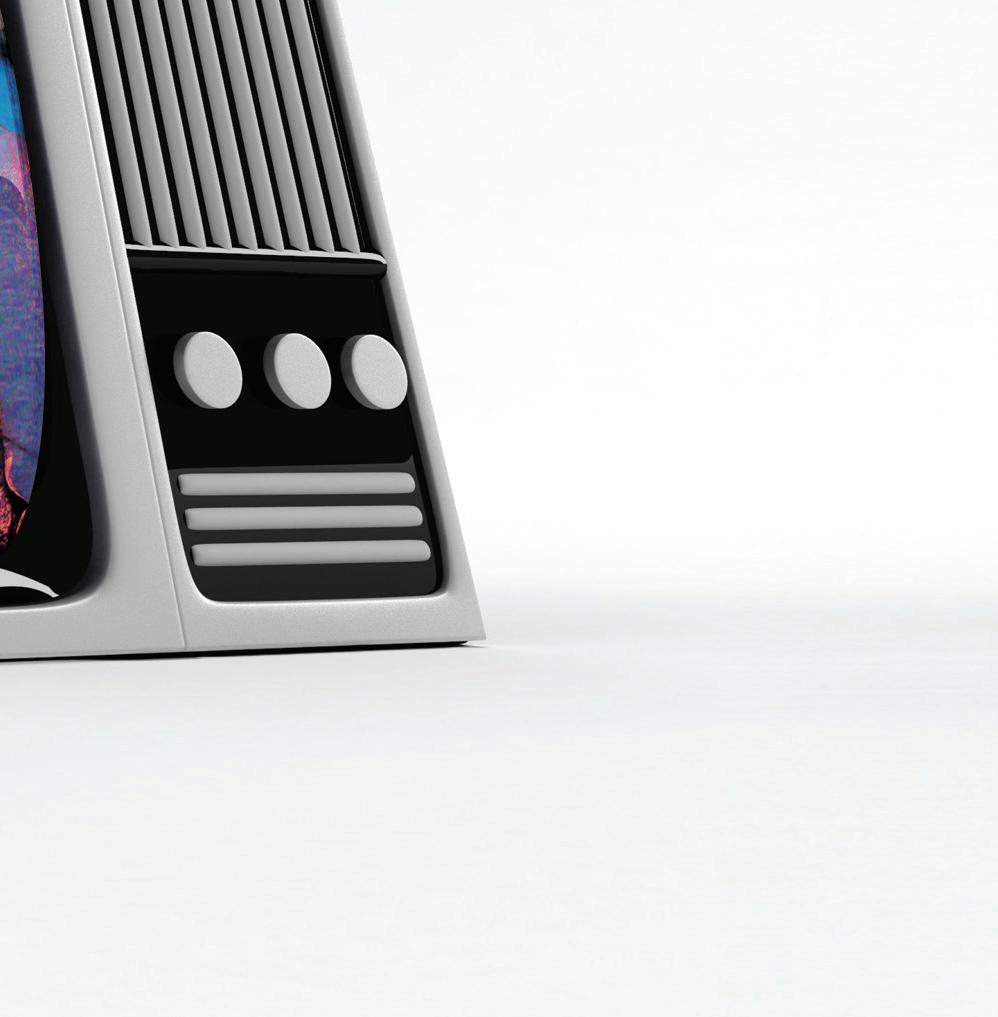

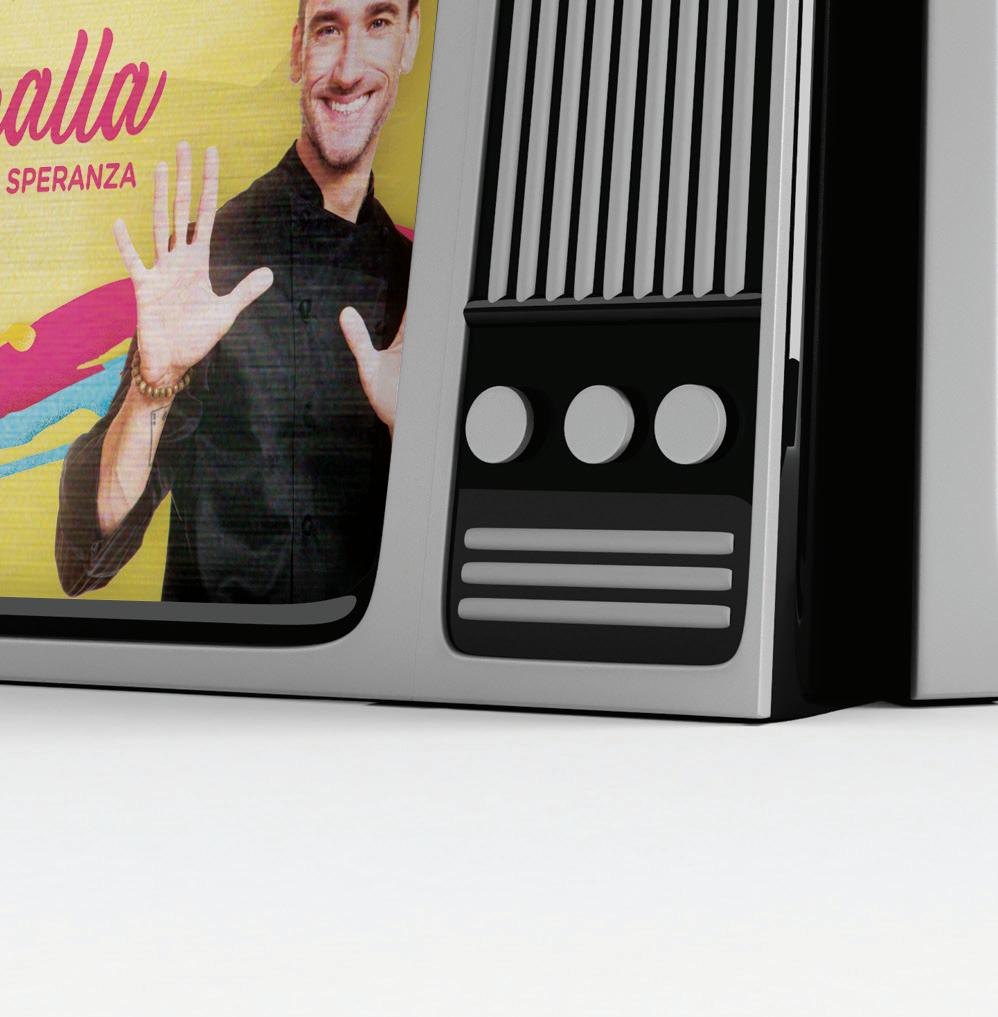

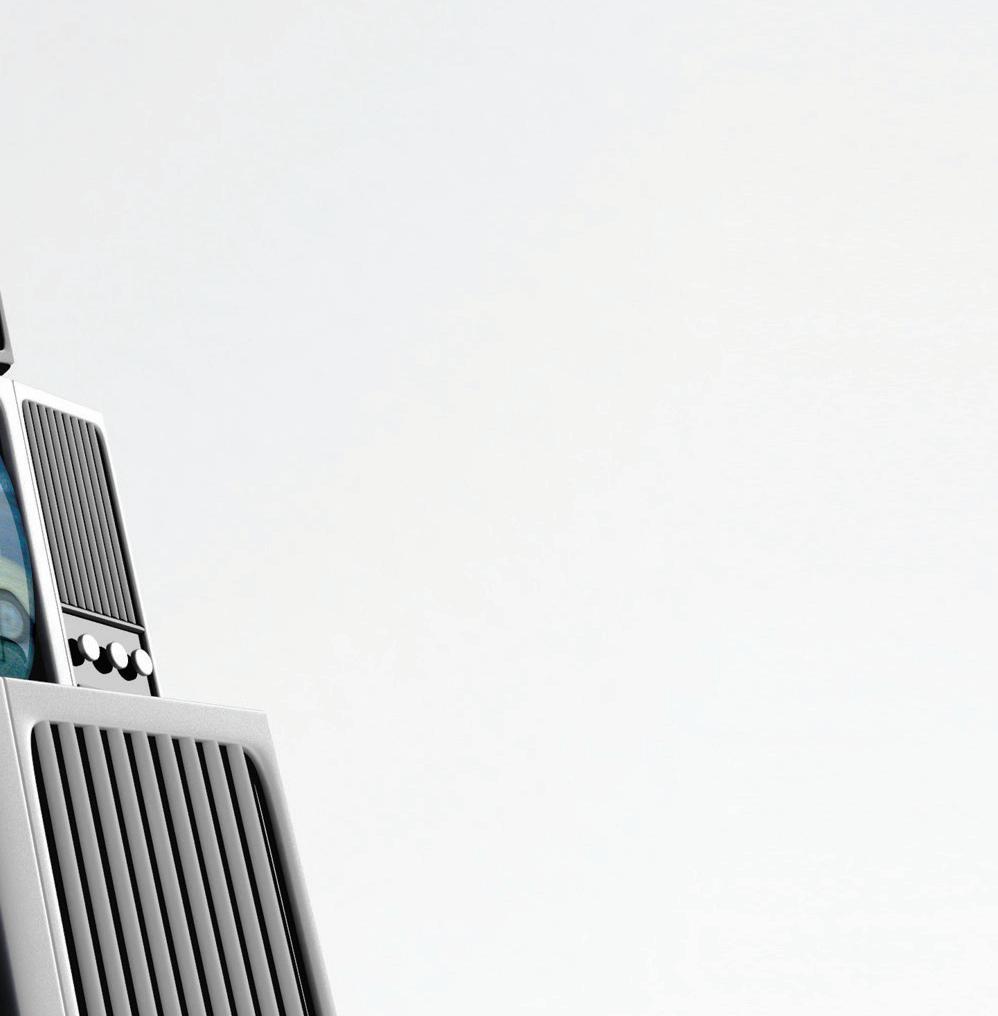







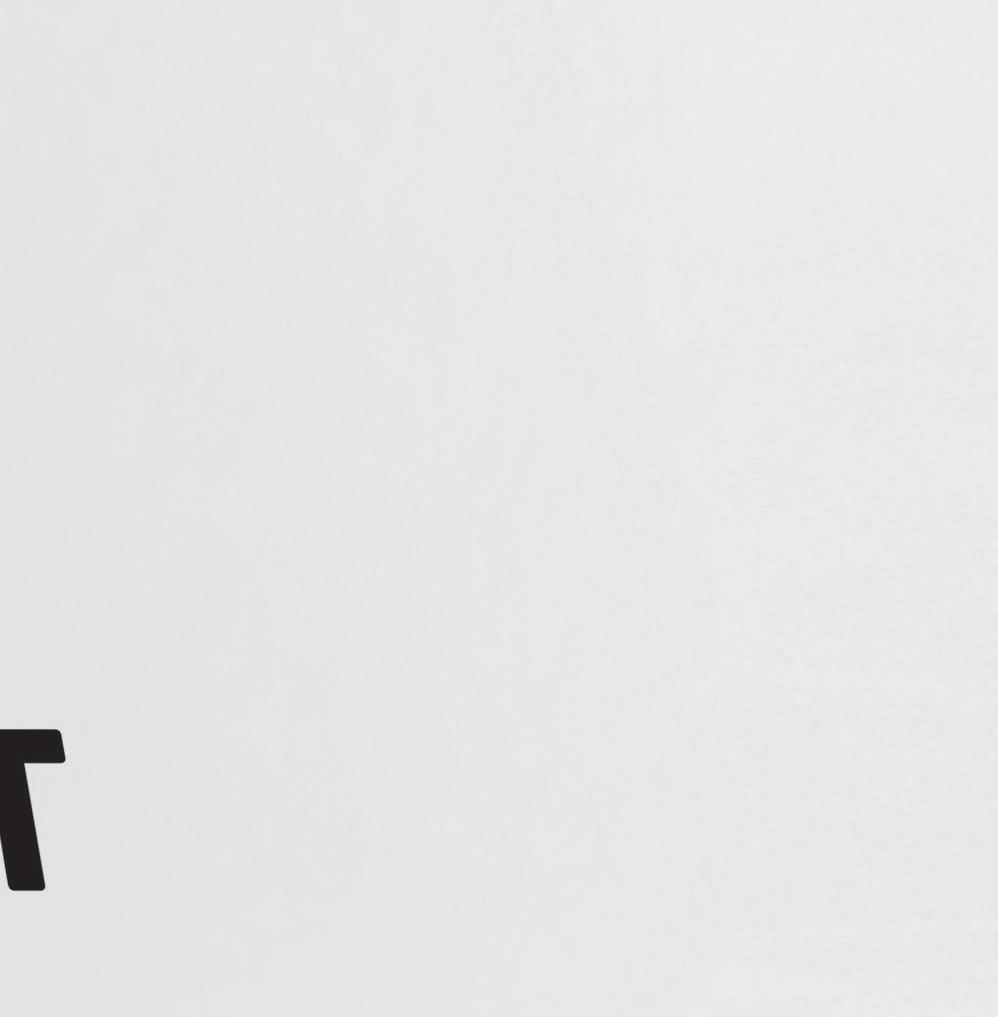
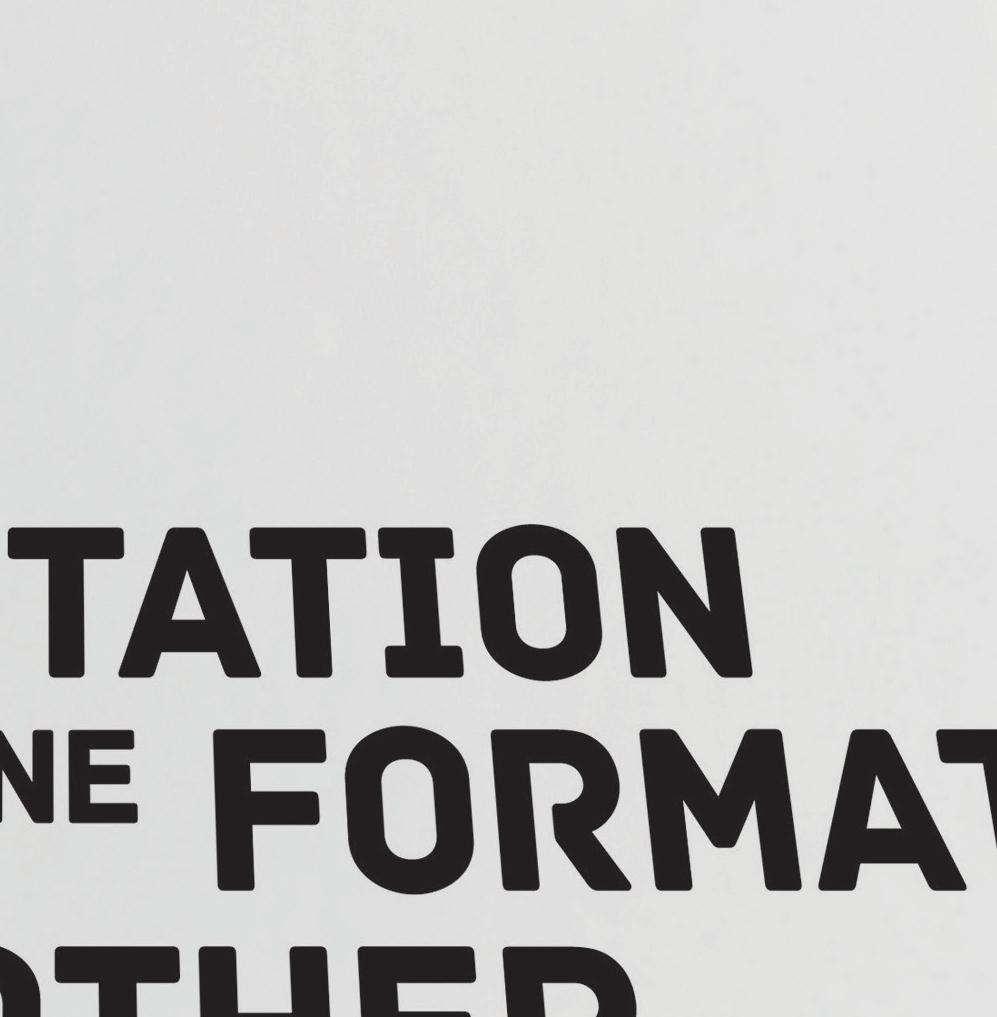




 By Nico Franks
By Nico Franks
Jordan Moblo arrived at Universal Studio Group (USG) over the summer from global streamer Netflix, where he was the director of intellectual property scouting, having built up a reputation as a go-to exec for acquiring IP with potential.

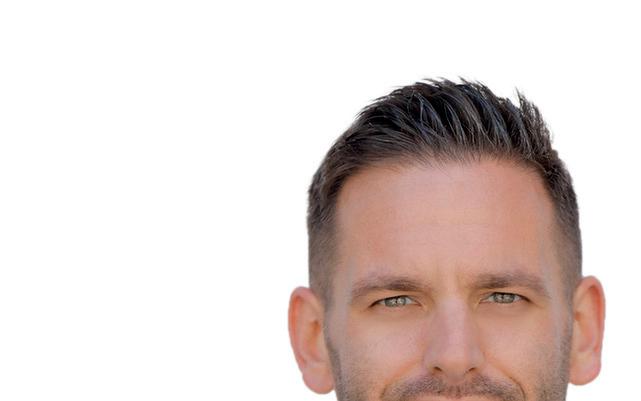
Moblo has helped option more than 100 pieces of IP over his career so far and joined USG as executive VP of creative acquisitions and IP management at a time when competition for material with a proven track record and existing audience is at an all-time high, be it for scripted or unscripted development.
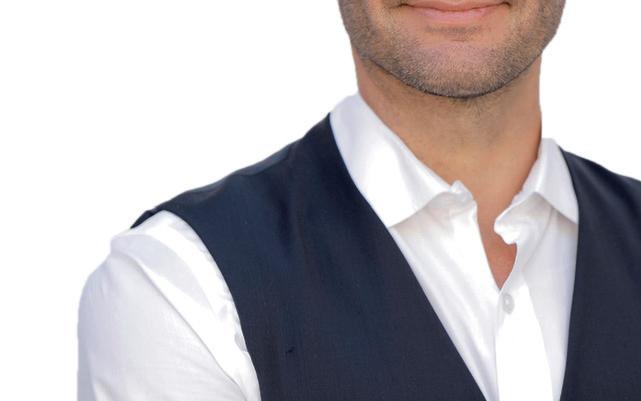
Moblo oversees global book and IP acquisitions that align with the USG content strategy for scripted and unscripted series across broadcast television, premium and basic cable, streaming and podcasting. Additionally, he works with the studio’s partners to identify strategic opportunities and also manages its podcast division, USG Audio, and graphic novel imprint, USG Graphic.
Universal Content Productions (UCP) recently made crime drama Dr Death, based on the podcast of the same name, for fellow NBCUniversal stablemate Peacock, while A Friend of the Family, also from UCP for Peacock, was commissioned following the success of true crime documentary Abducted in Plain Sight on Netflix.
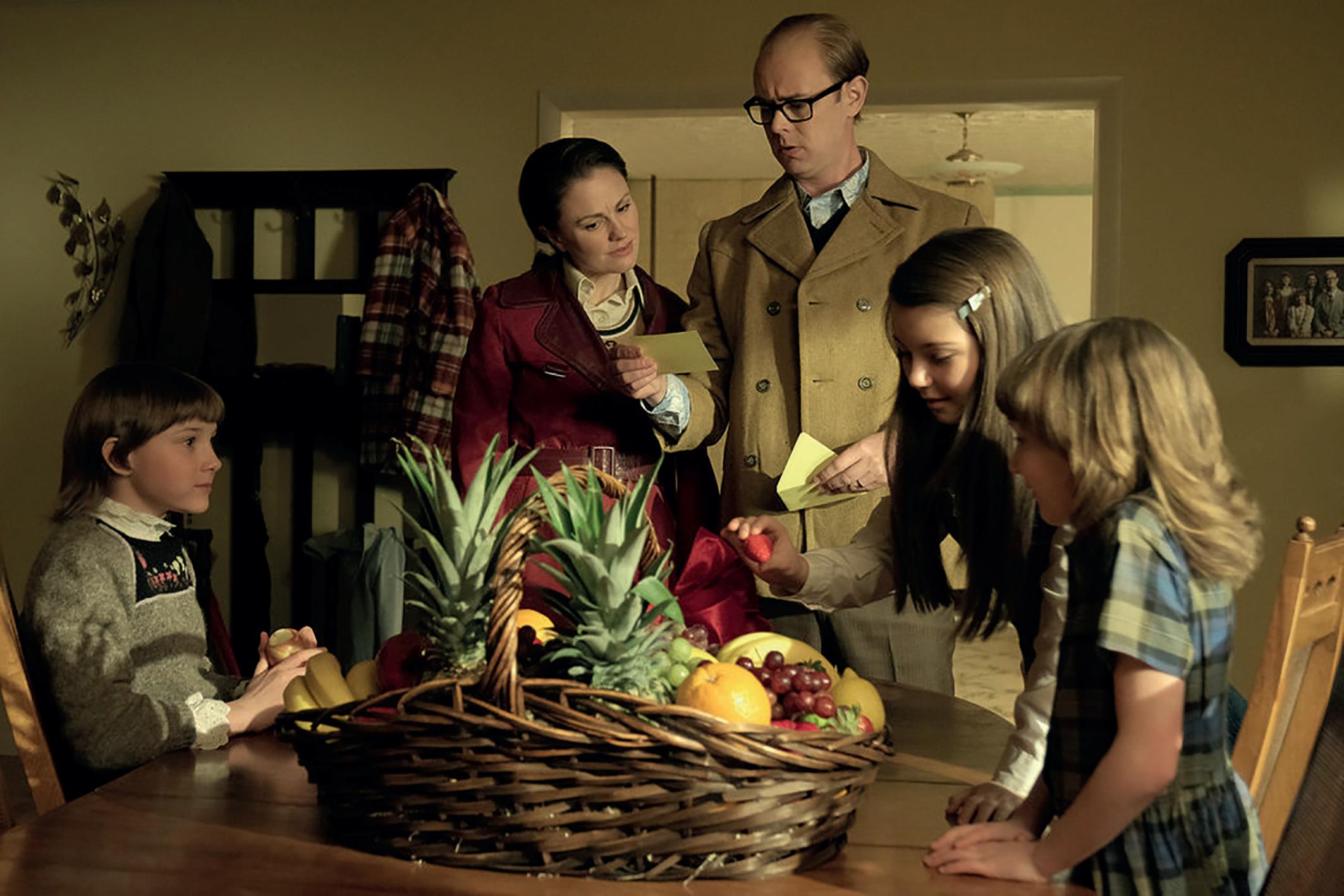
“For me, a perfect piece of IP is something that transcends one area of our business. I’d love to be able to find that piece of IP that can start out as a podcast, then lend itself to a scripted series and potentially also have a documentary and unscripted series on the side,” says Moblo, who reports to Erin Underhill, president at Universal Television; Beatrice Springborn, president at UCP and Universal International Studios; and Toby Gorman, president at Universal Television Alternative Studio.
“If I’m going to go after a non-fiction book for the scripted rights, knowing that we could also get a podcast and an unscripted show out of it allows us to be more competitive against some of our competitors that don’t have the resources we have. It also justifies some of the spending we might be doing to acquire the IP, especially with how expensive things are these days,” says Moblo.
During his time at Netflix, which Moblo says helped him think beyond the US when it comes to
IP, he built the streamer’s IP scouting department from the ground up and oversaw a global team of executives and book scouts who identify, track and secure books and other forms of IP for adaptation purposes.
Jordan Moblo at USG is scouring the worlds of publishing, podcasts and even TikTok for intellectual property to adapt for the small screen. atan
He also established strong relationships and generated strategic opportunities with authors, journalists, illustrators and other IP creators during his time there, having previously served as director and co-head of the creative acquisitions department at Disney Television Studios.
Books remain the most prominent form of IP scouted by the likes of Moblo, but podcasts are now firmly established as viable proofs-of-concept for risk-averse commissioners, along with newspaper articles and video games. Meanwhile, the 2020 feature Zola was based on a sensational Twitter thread. Could it be only a matter of time before the latest bingeable hit on streaming is based on a 15-second TikTok video?
“We are working to find new ways into IP, and it doesn’t have to be English-language for me to consider it. Good IP is good IP is good IP. We’re looking to tell amazing stories, so wherever I can find it, whether it’s an article or a podcast or a book or a Tik Tok video.
“Anything that we can potentially option that feels like a kernel of an idea or an interesting character or a way into a story that could be compelling for audiences. We’re looking for that everywhere.”
Moblo, who runs a hit online book club via the Instagram account jordys.book.club, says there’s currently a “surge” in the marketplace for short stories, while TikTok is also spurring audience interest in boardgames, with the likes of The Settlers of Catan being primed for film and TV.
s mean genres s e’s for IP from new igs
still relatable s were e five to o. It’s hat’s cus
Moblo adds that while hits such as Gone Girl like thrillers will remain evergreen, he’s increasingly also looking for IP from new voices that “digs into different cultures with underrepresented voices that is still relatable. Those things were really lacking maybe fi 10 years ago. It’s something that’s a huge focus now.”
We are working to find new ways into IP, and it doesn’t have to be English-language for me to consider it. Good IP is good IP is good IP.
Jordan Moblo, USG“
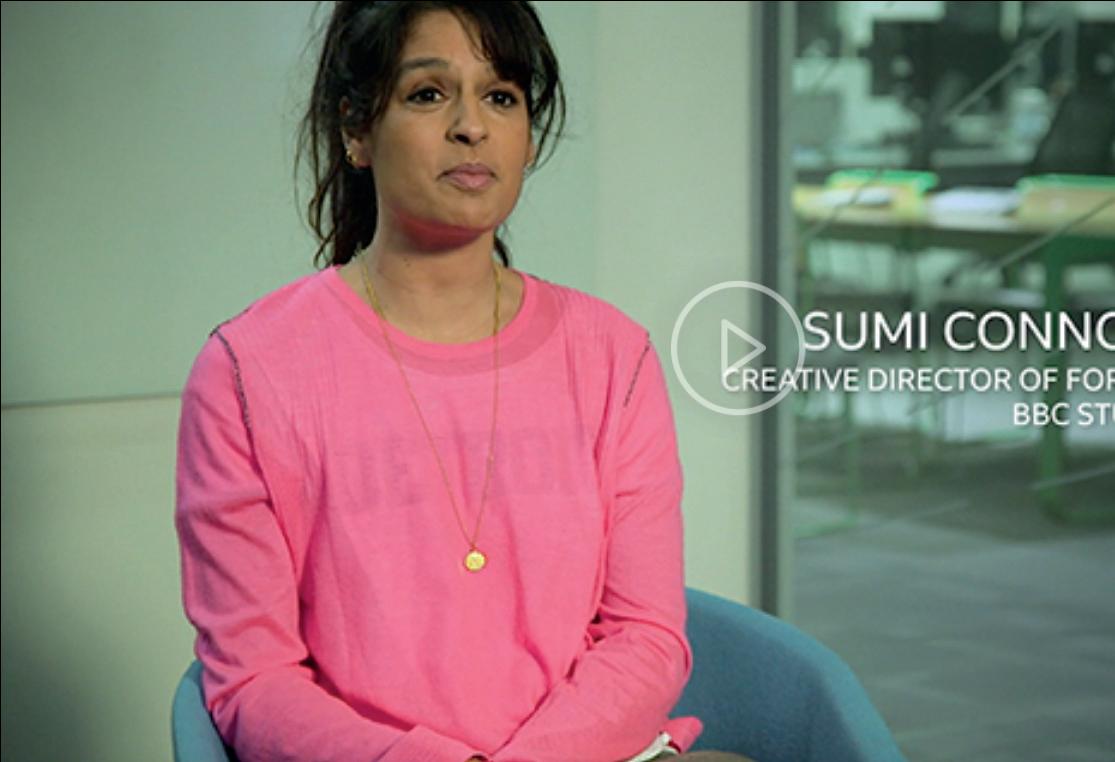
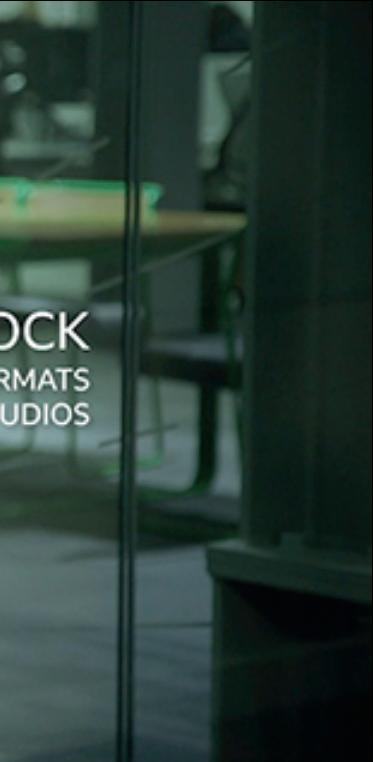
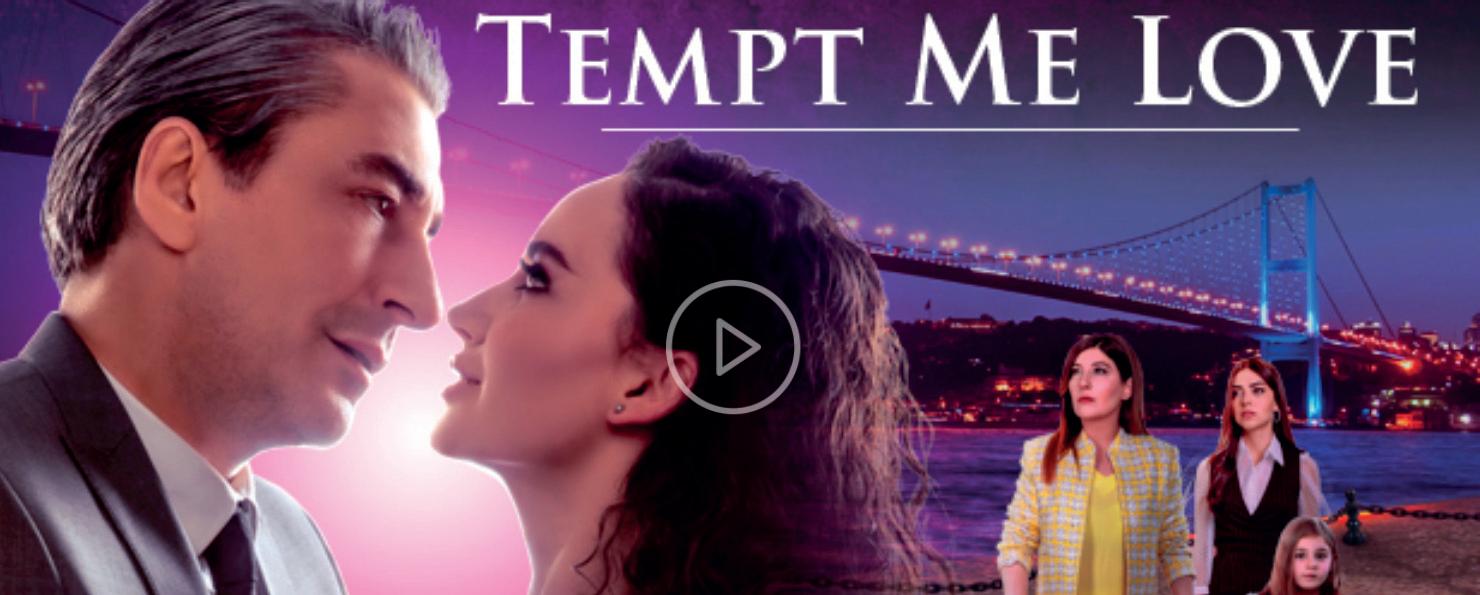

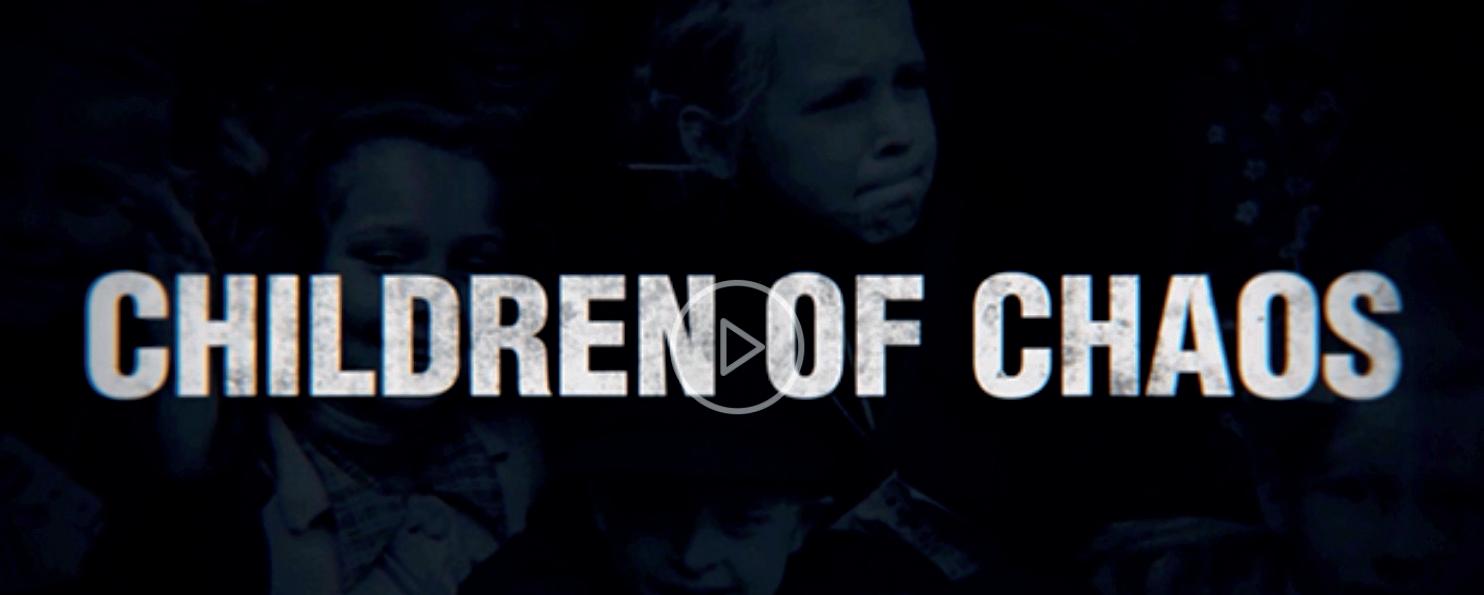


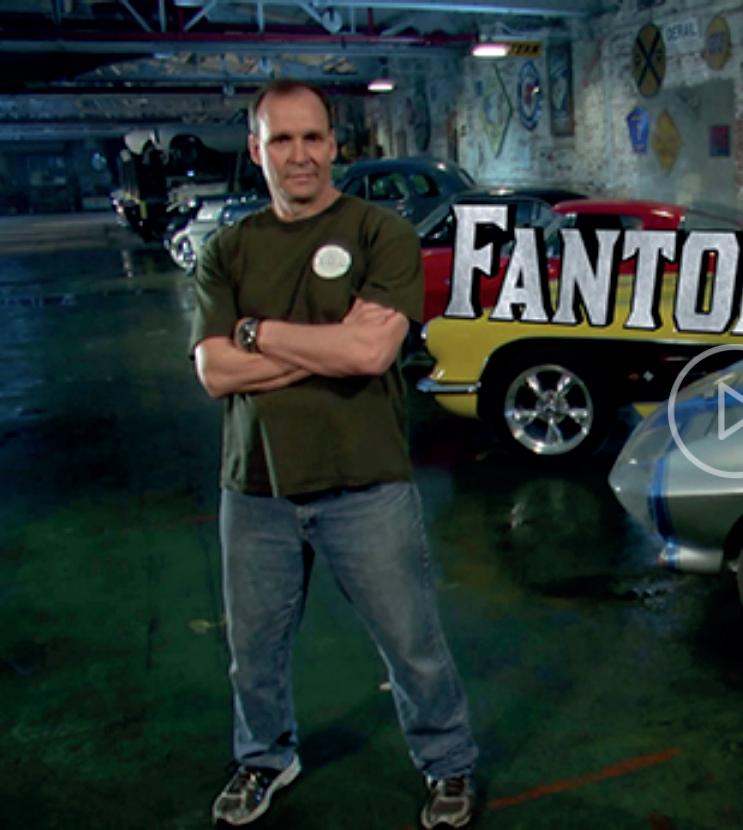

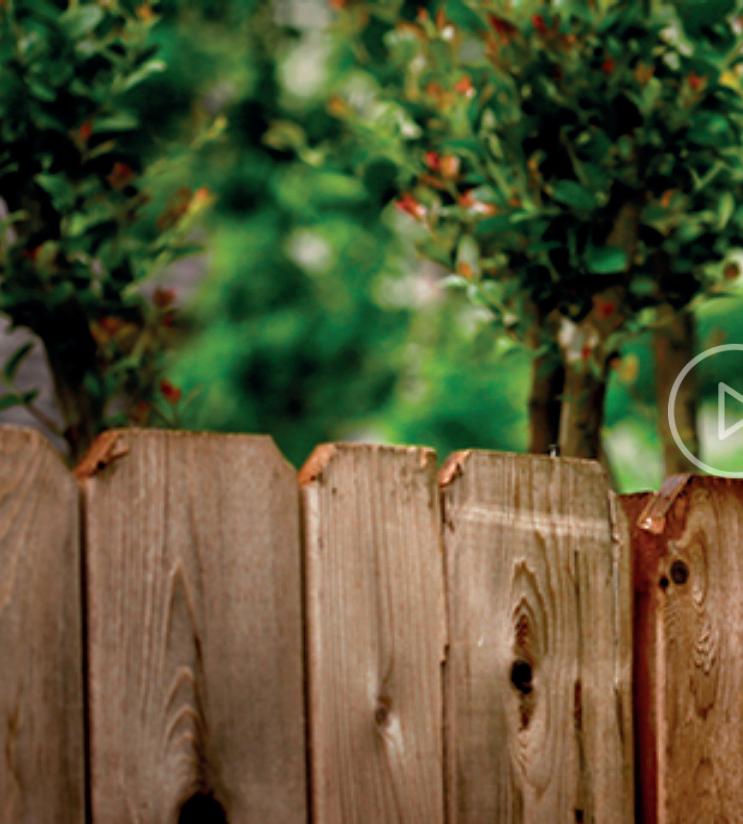

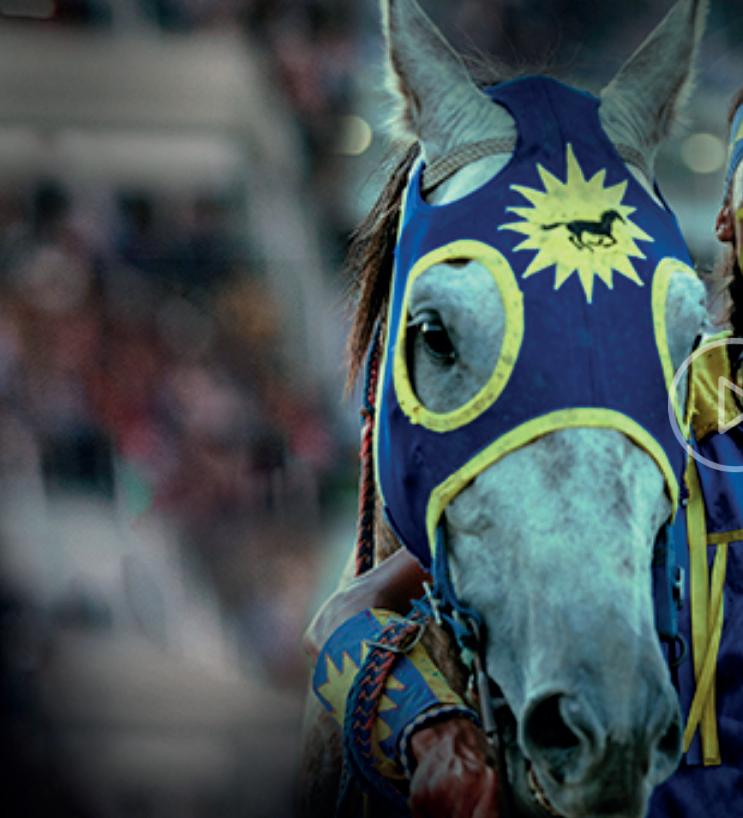

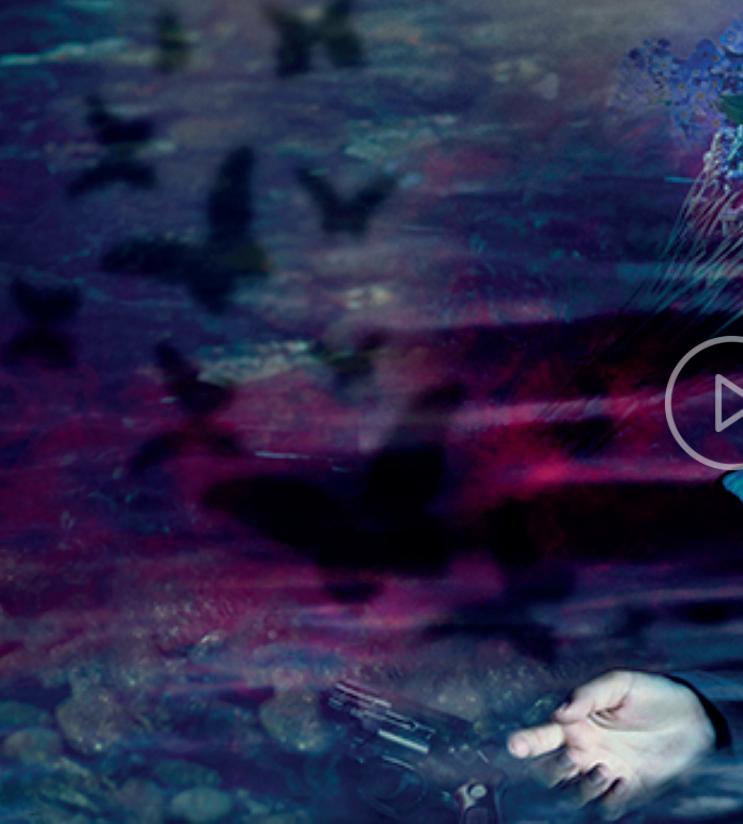
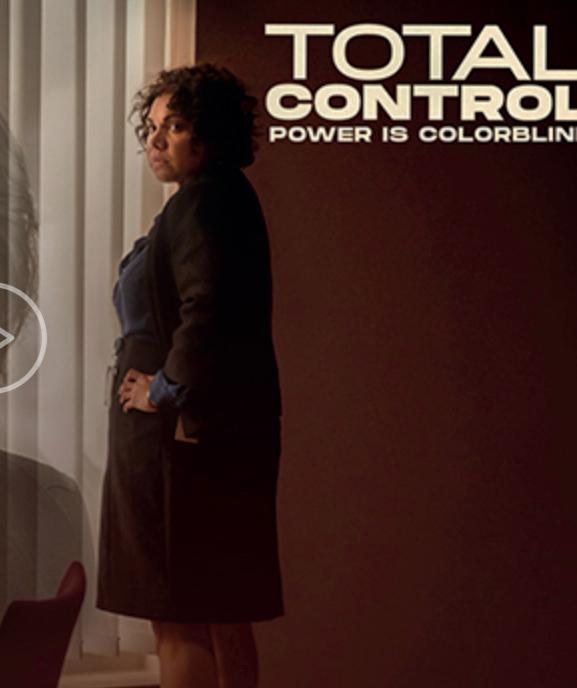
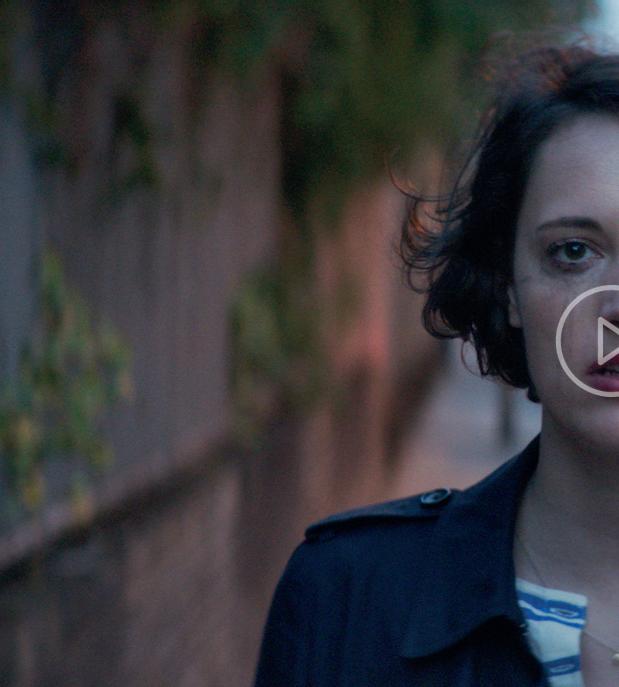
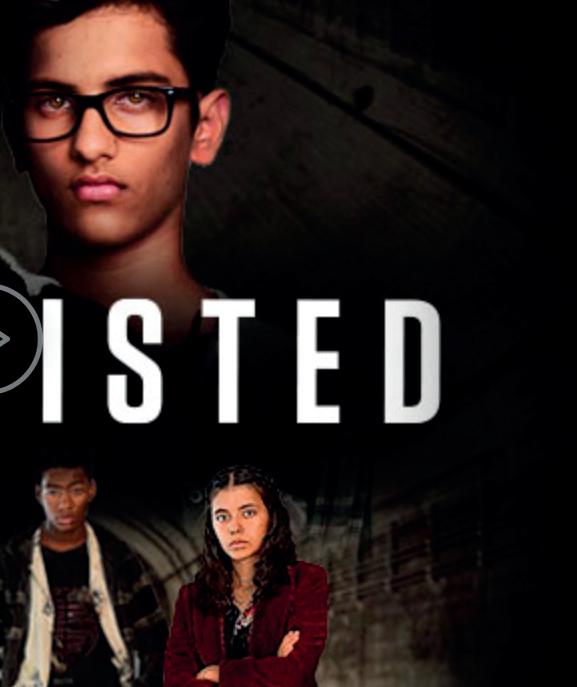
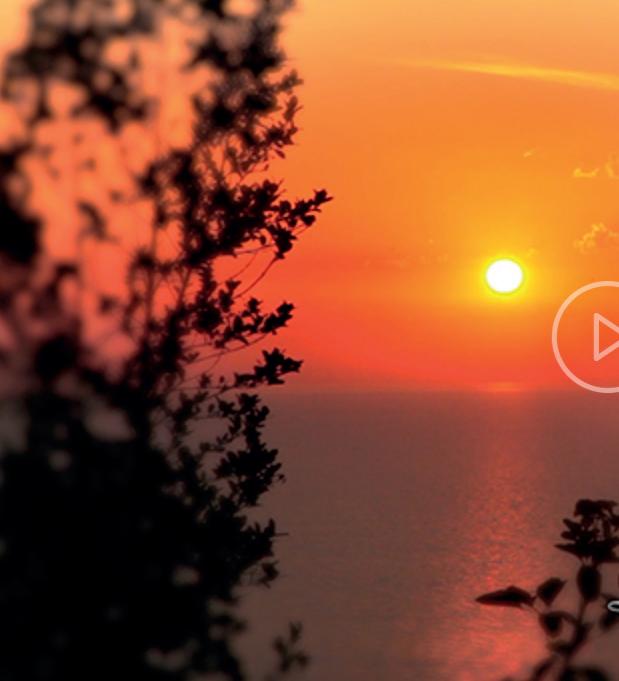
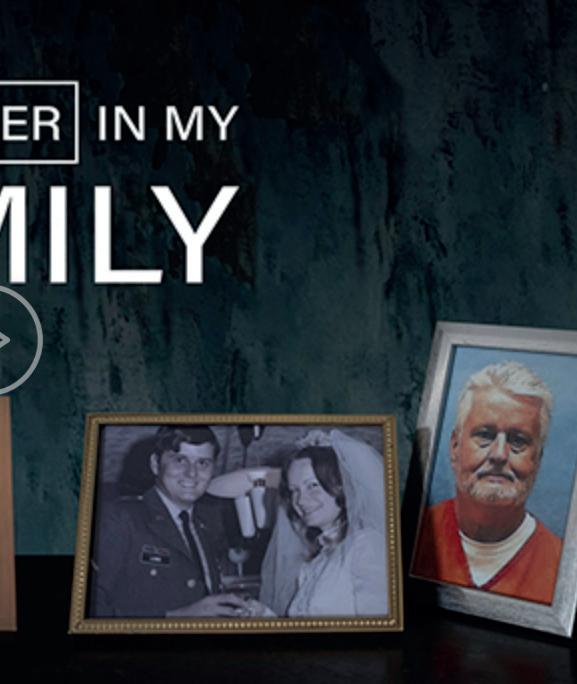





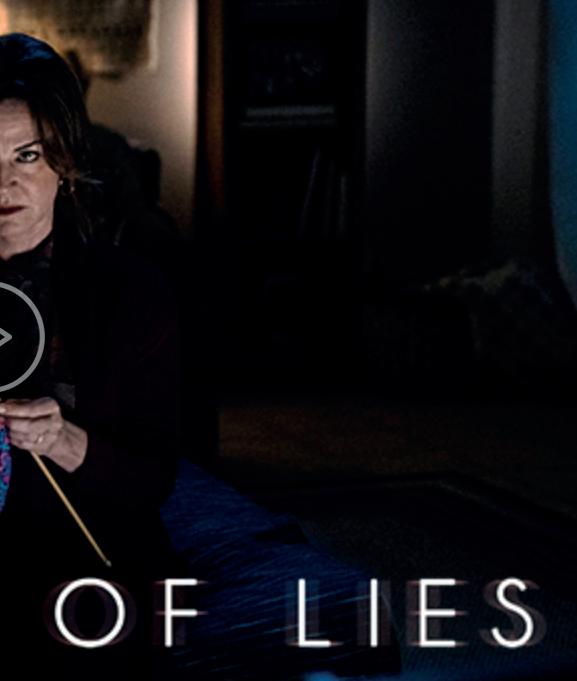

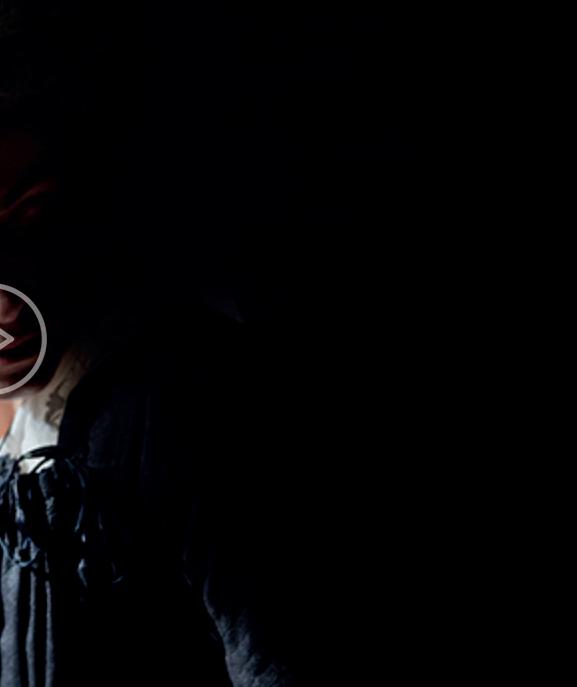
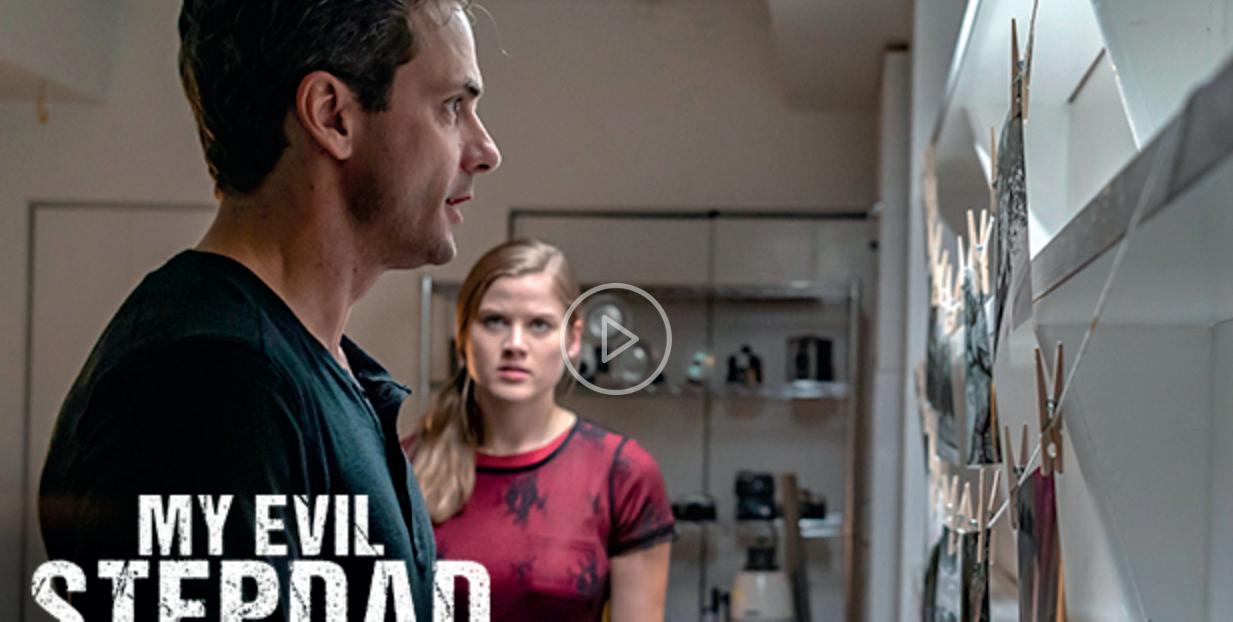
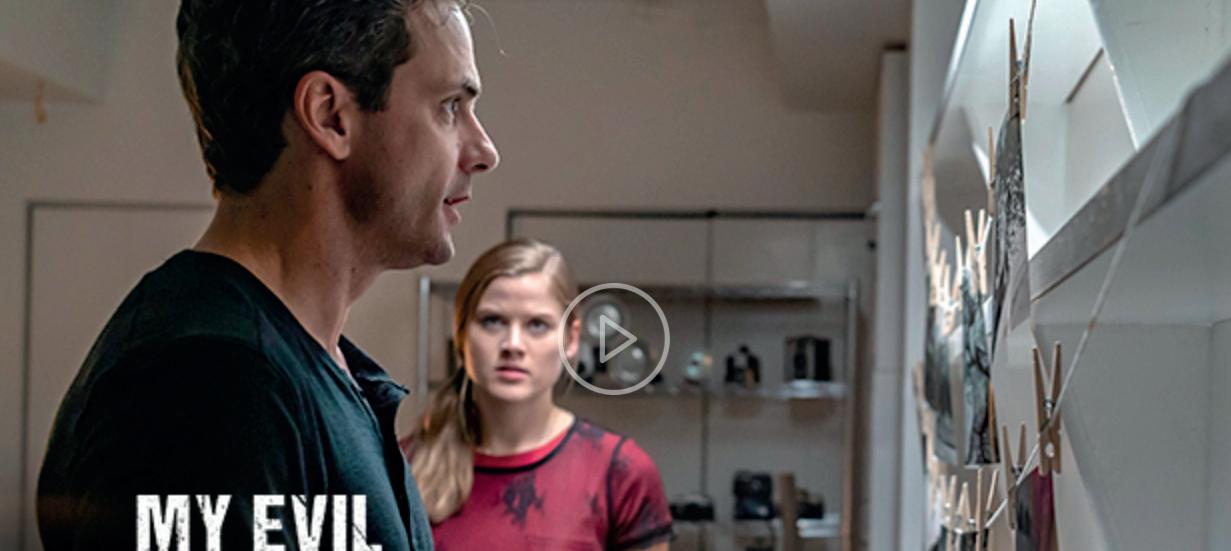

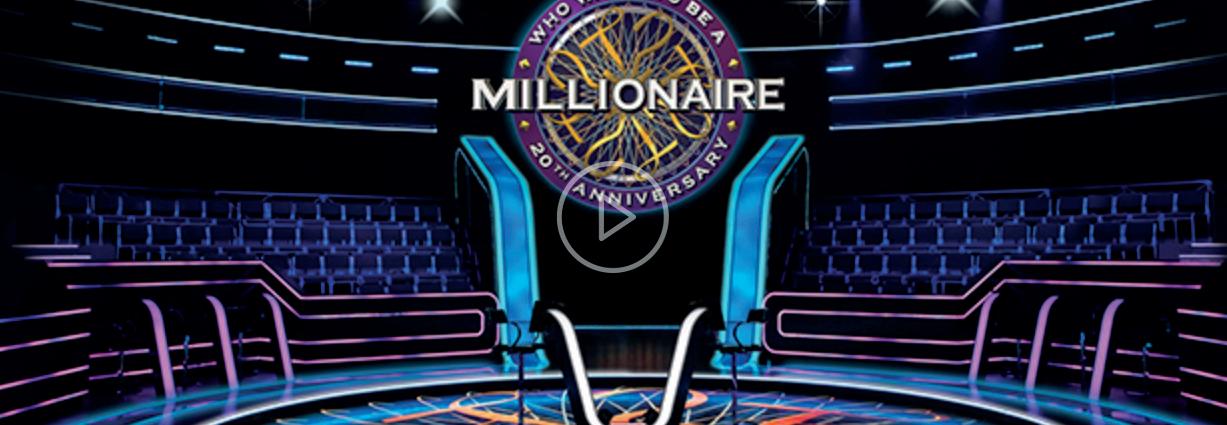

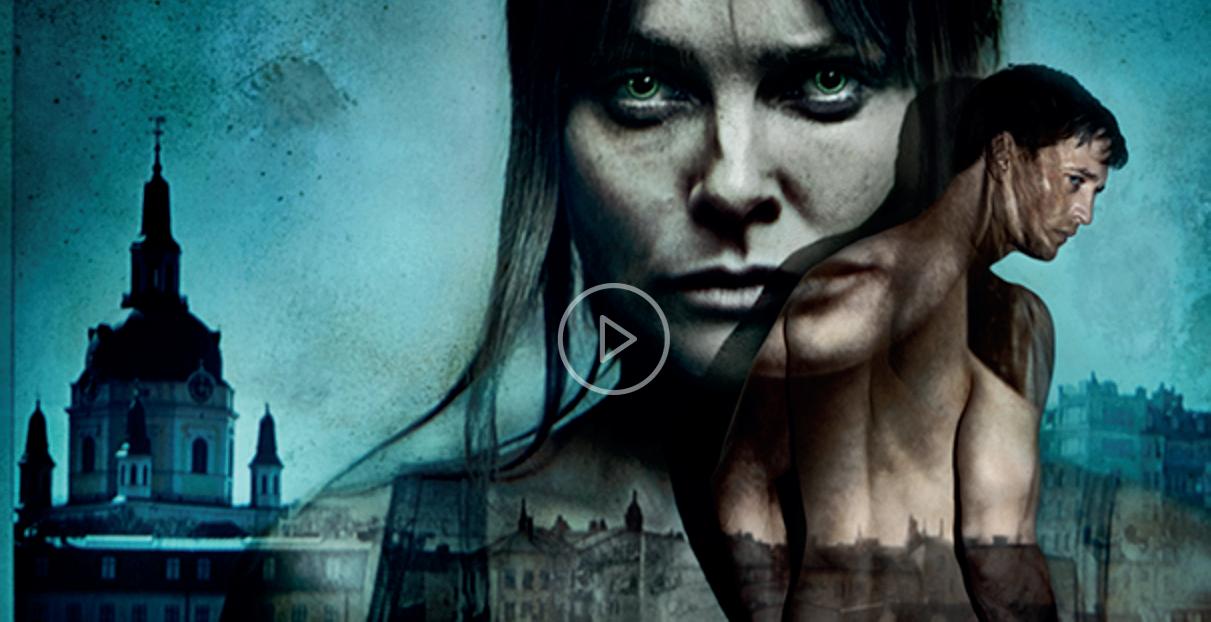
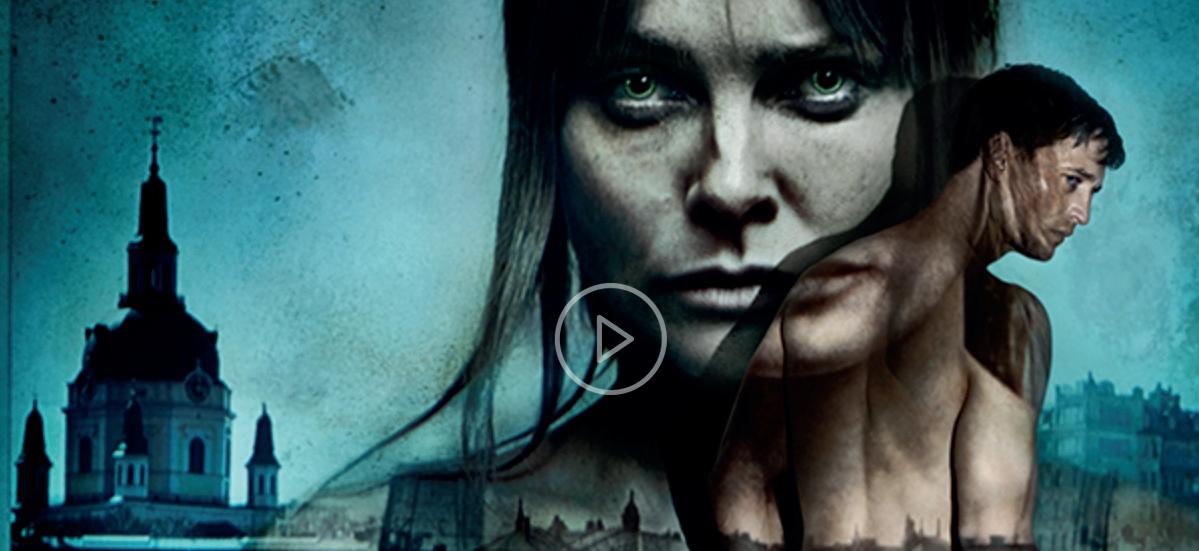







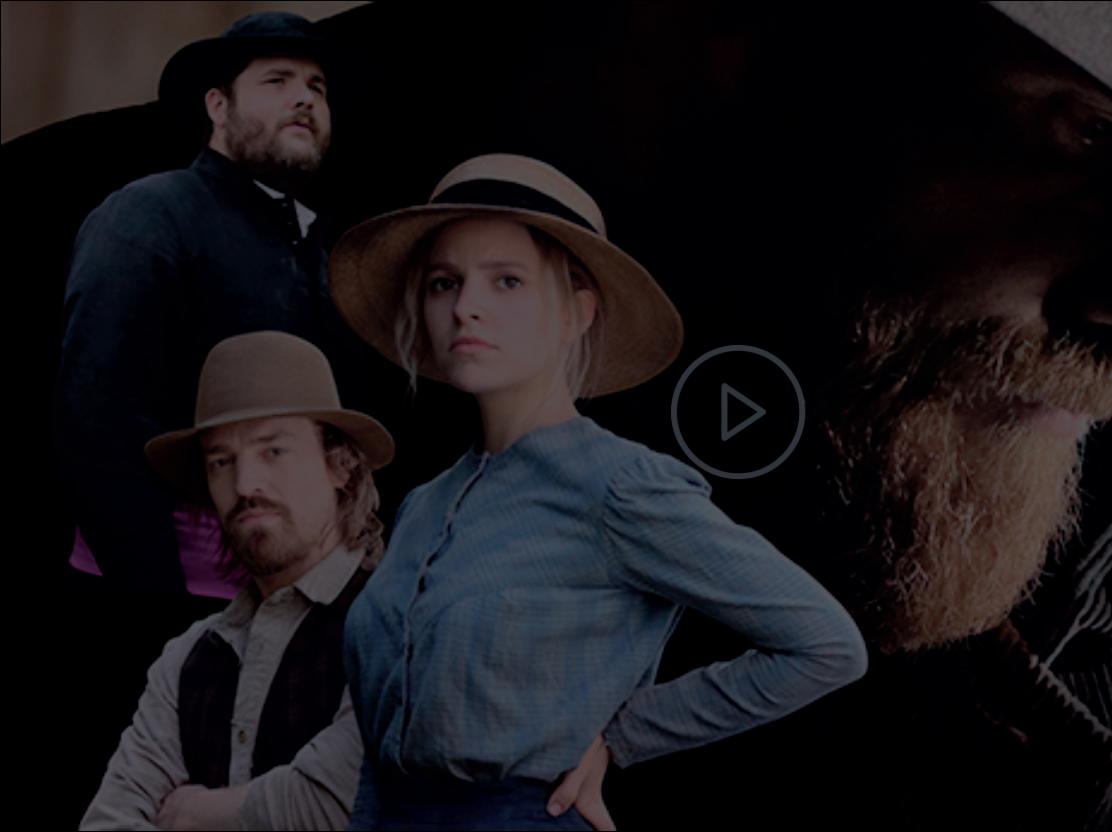
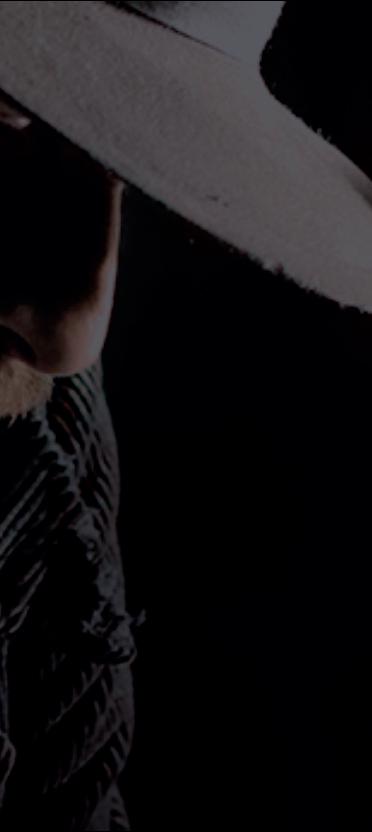
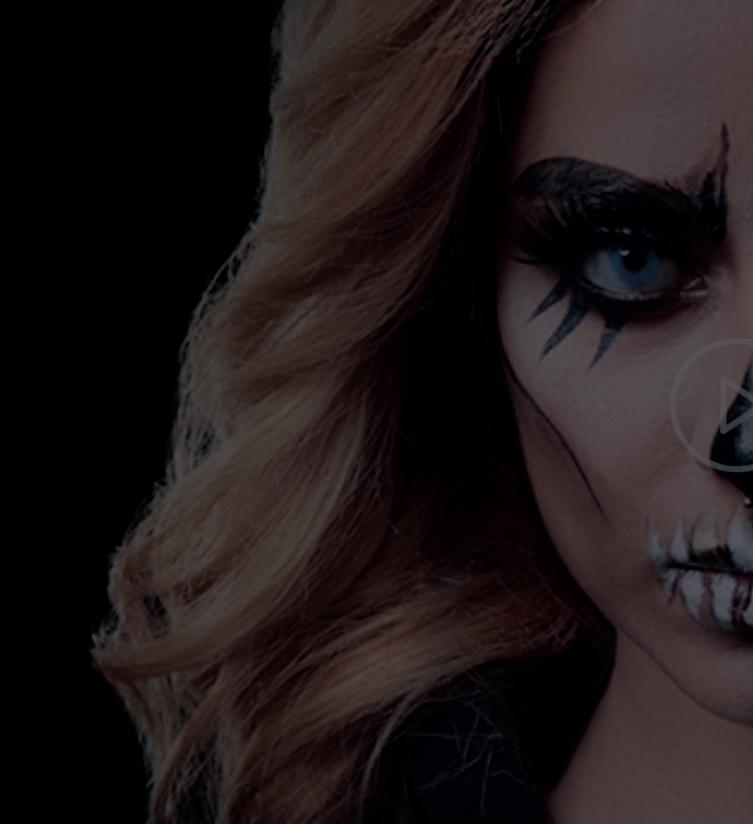
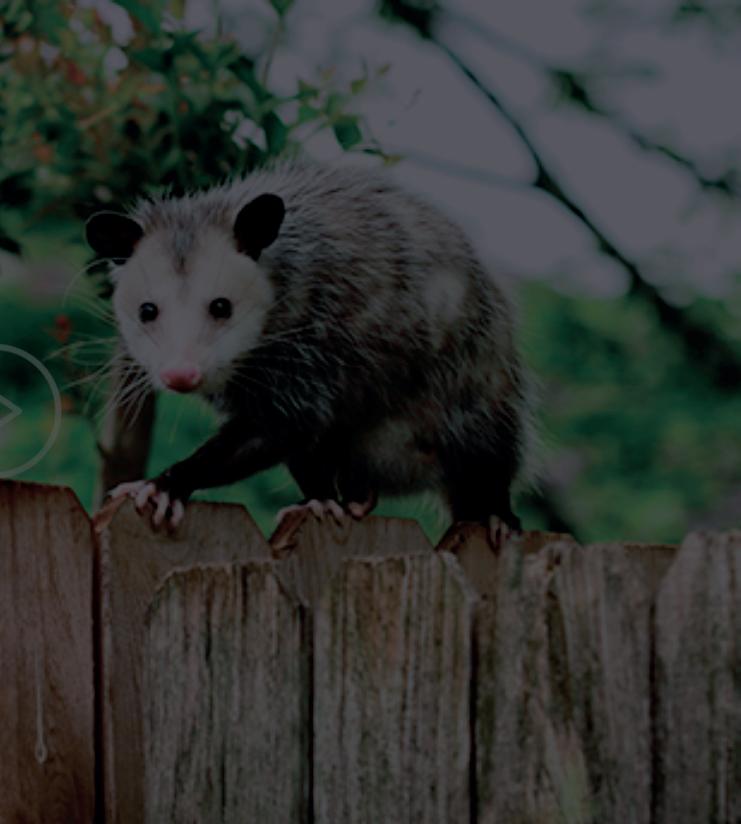
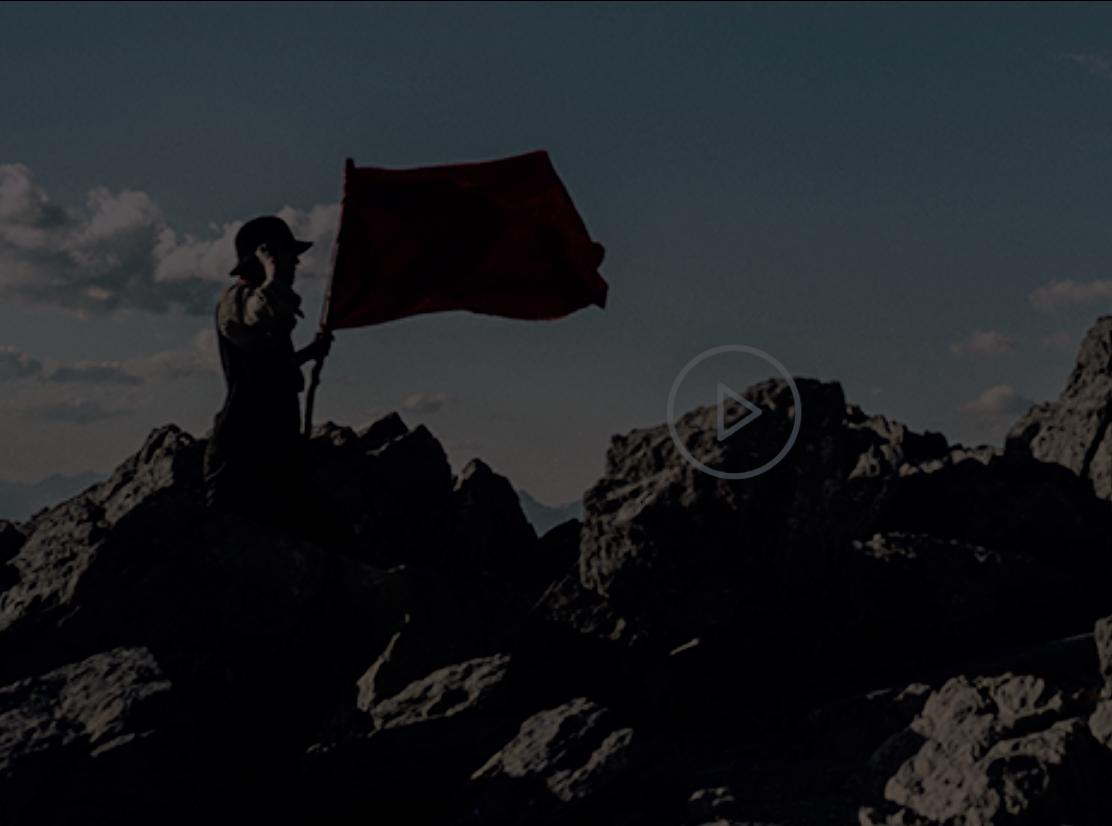

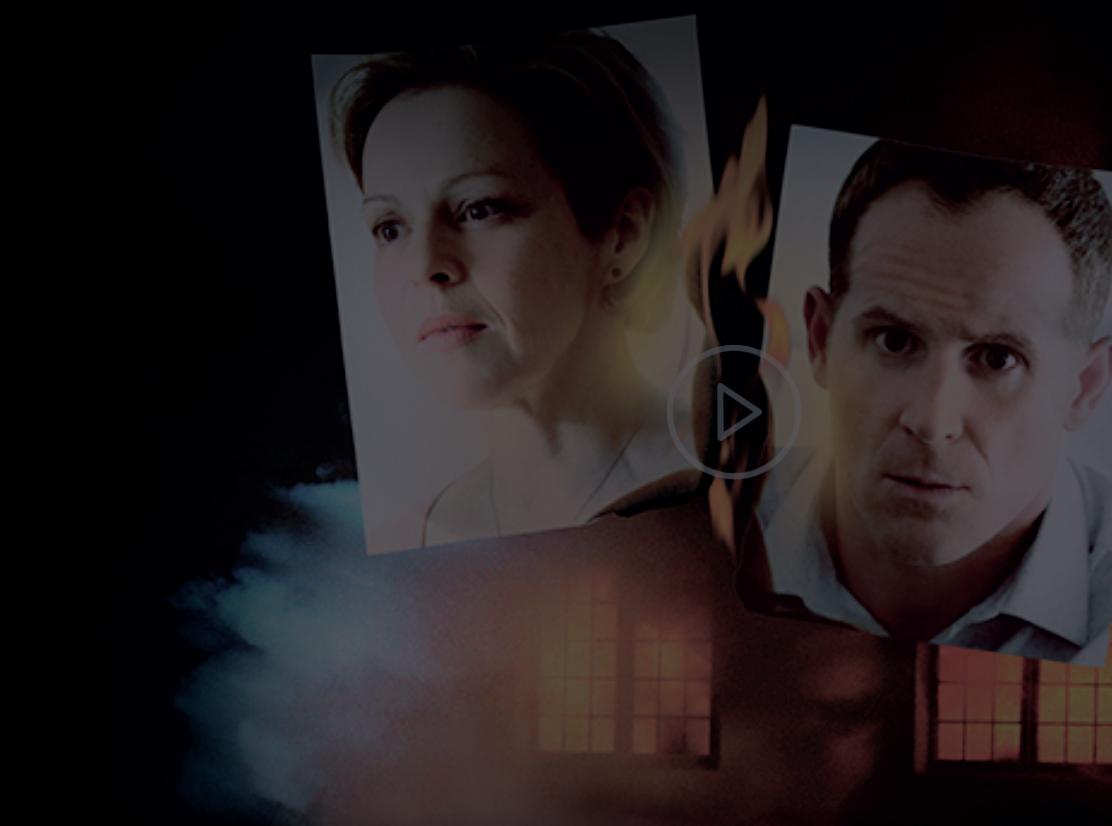

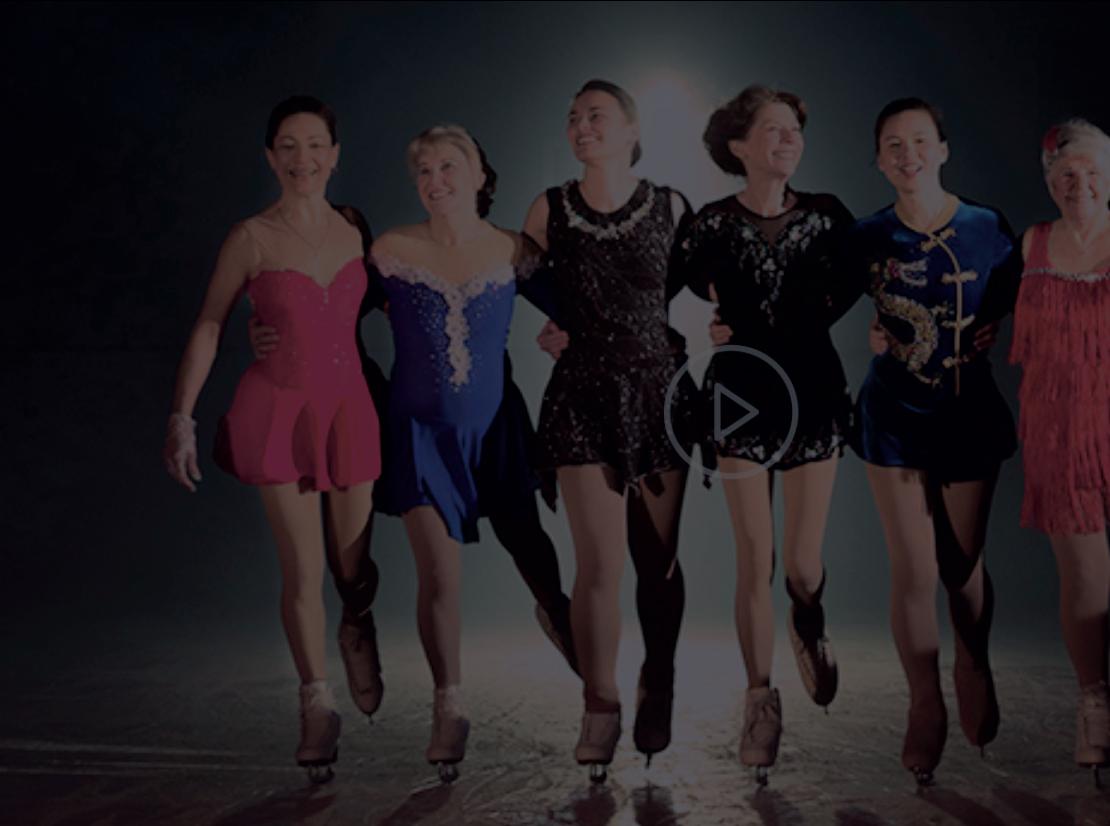
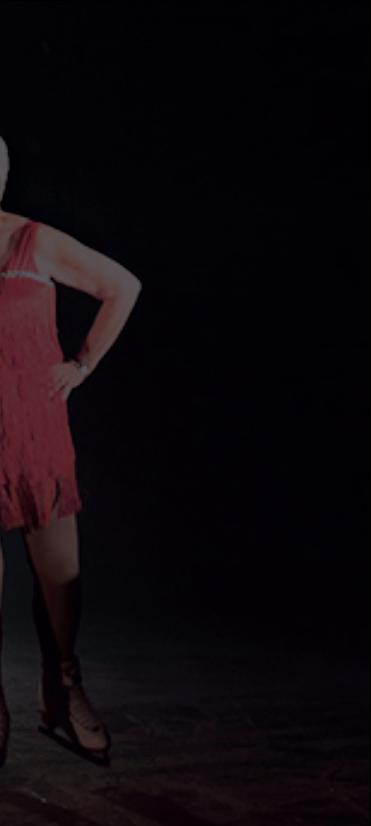

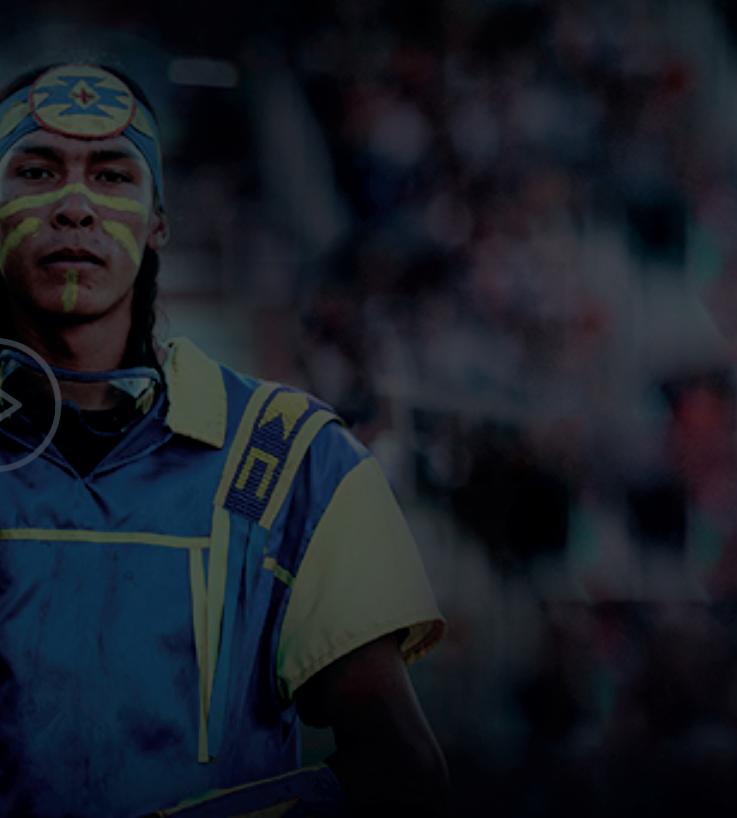
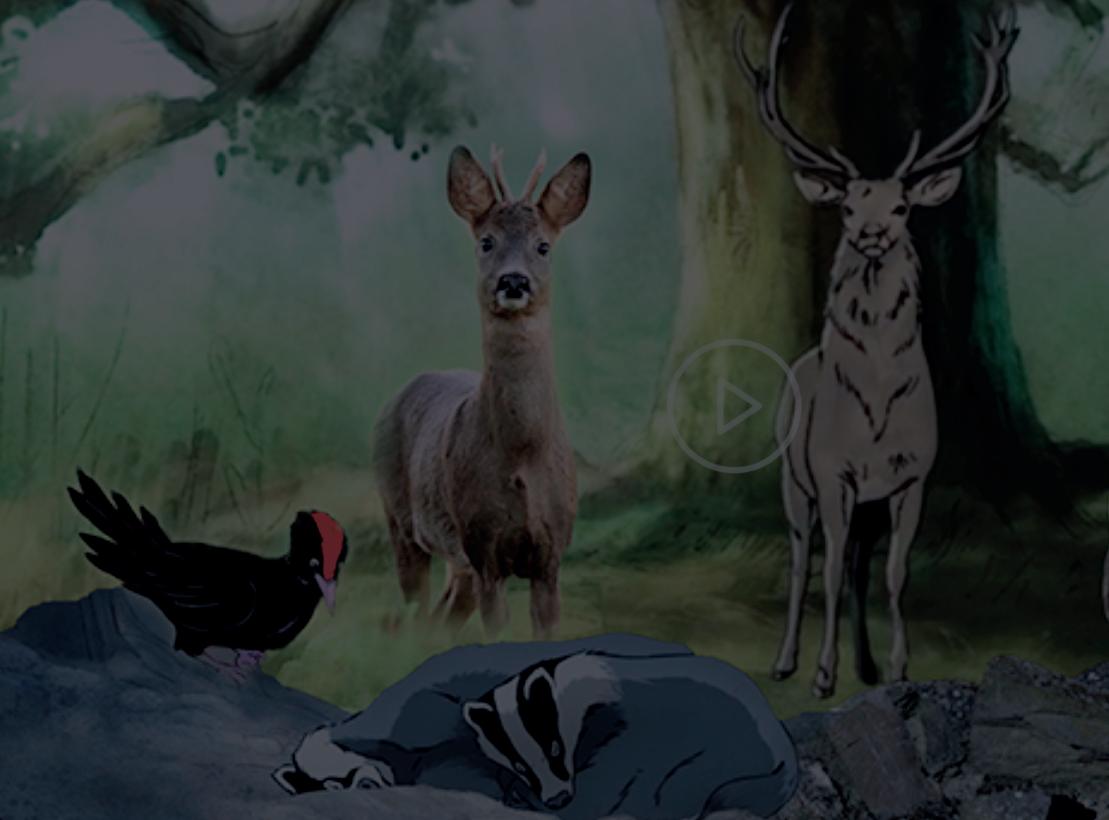
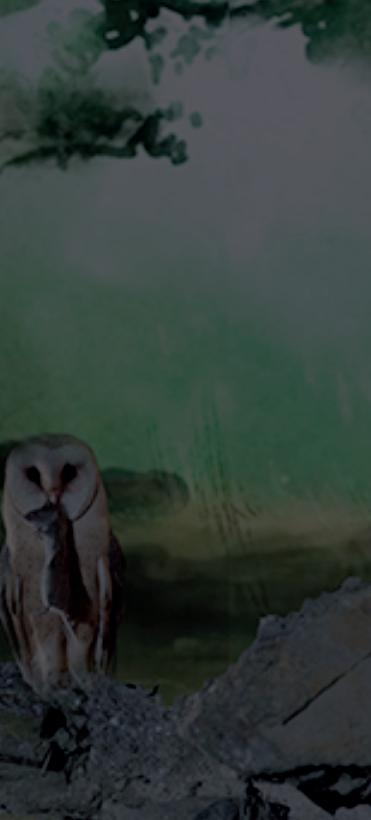
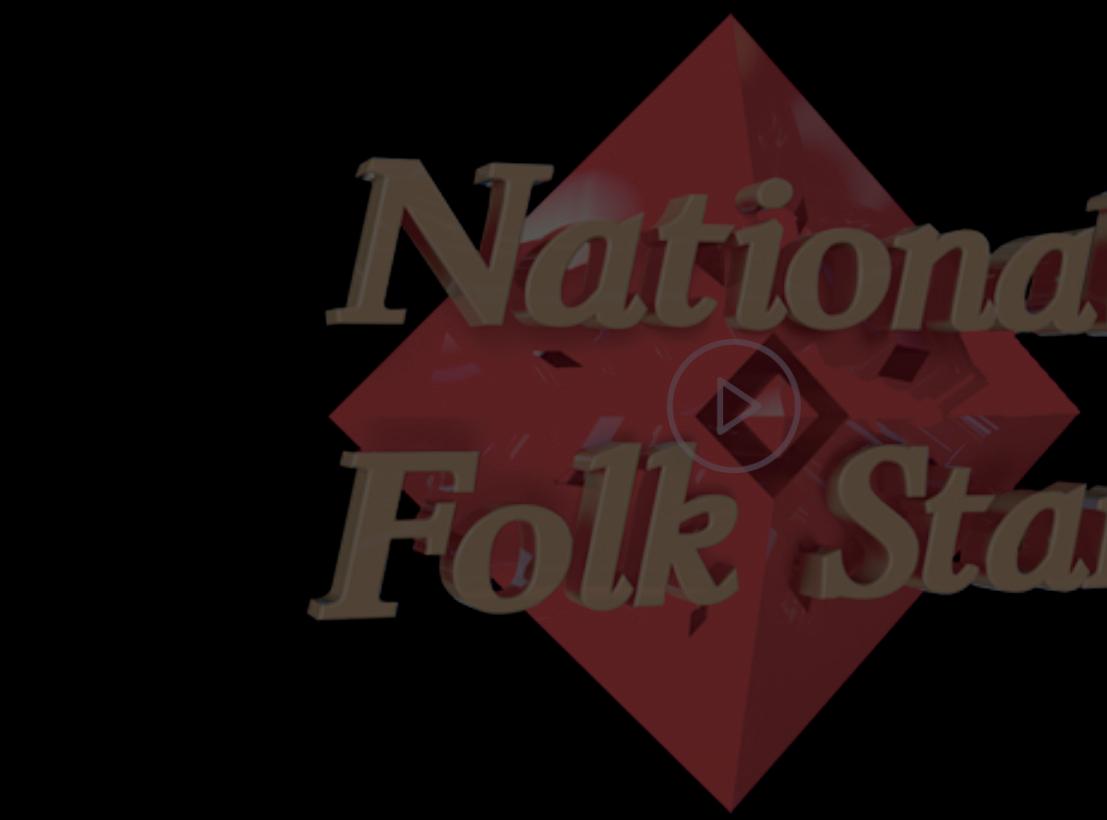
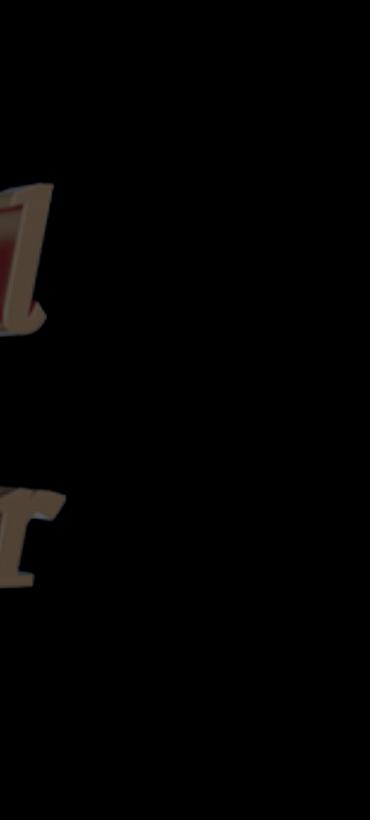
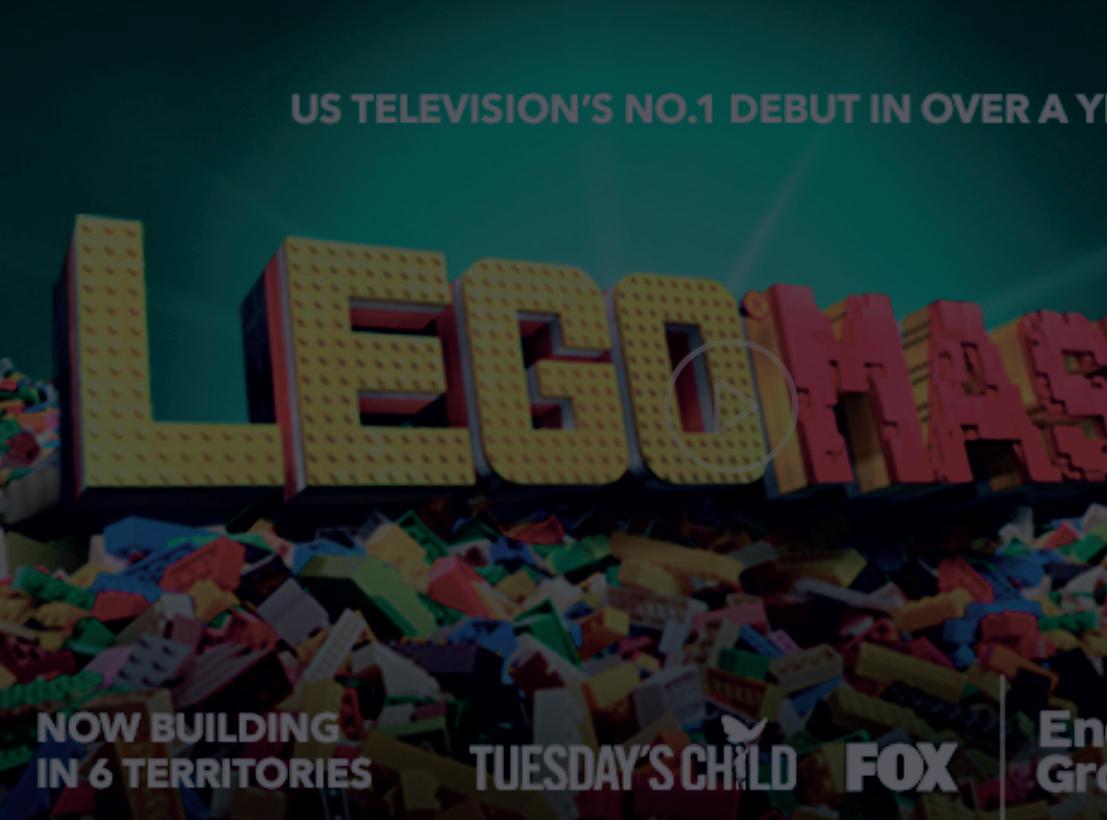
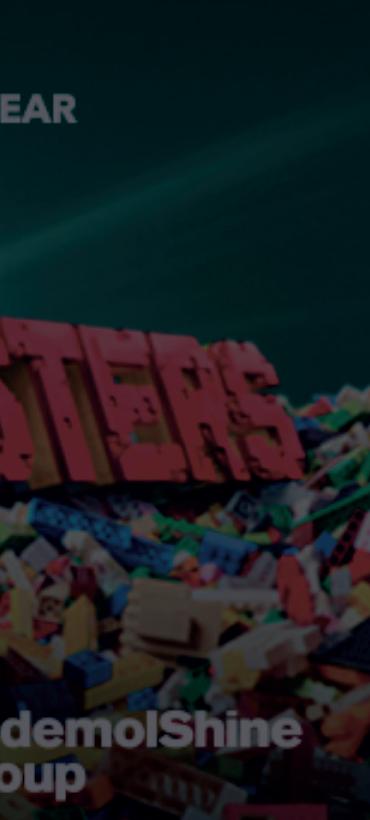
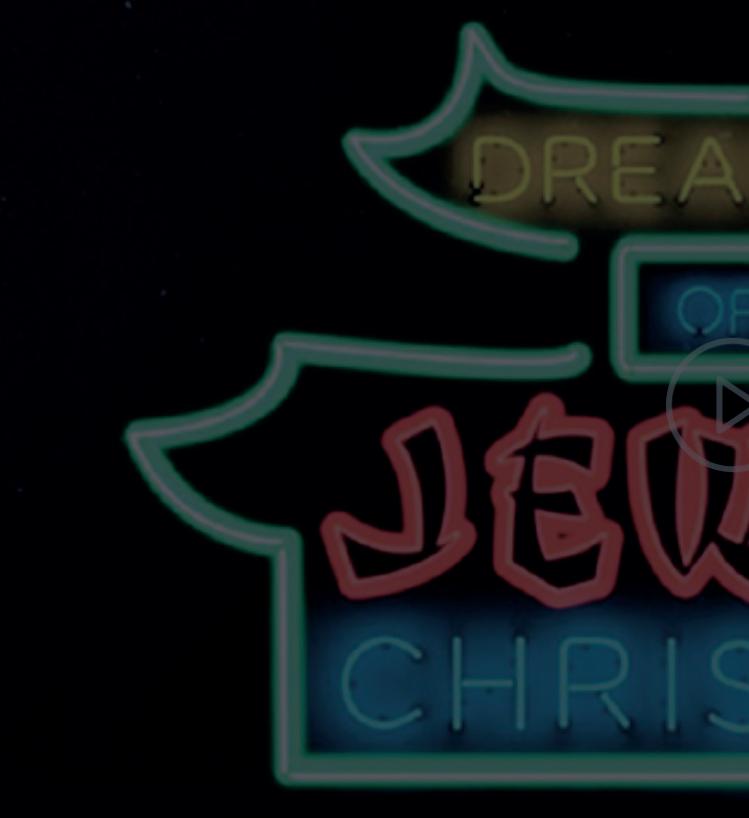




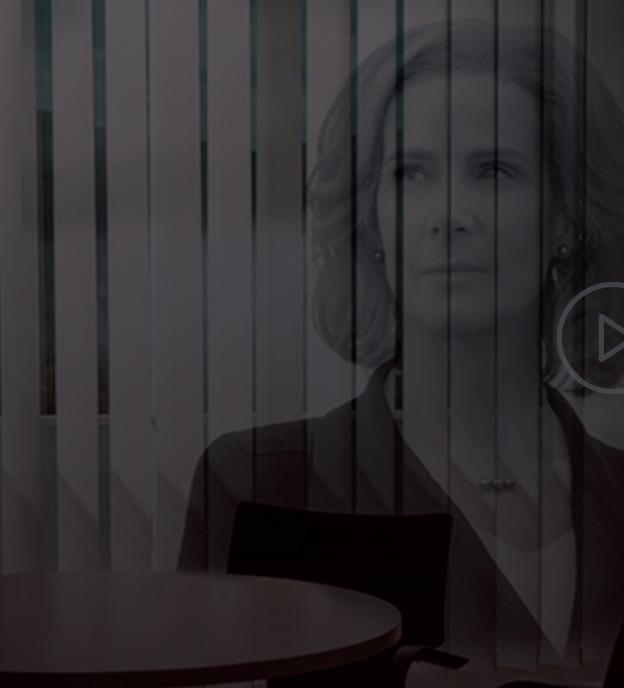
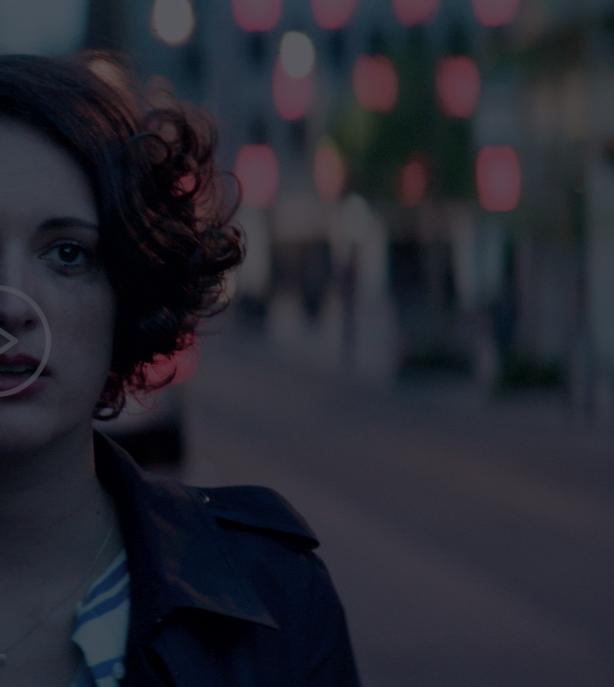

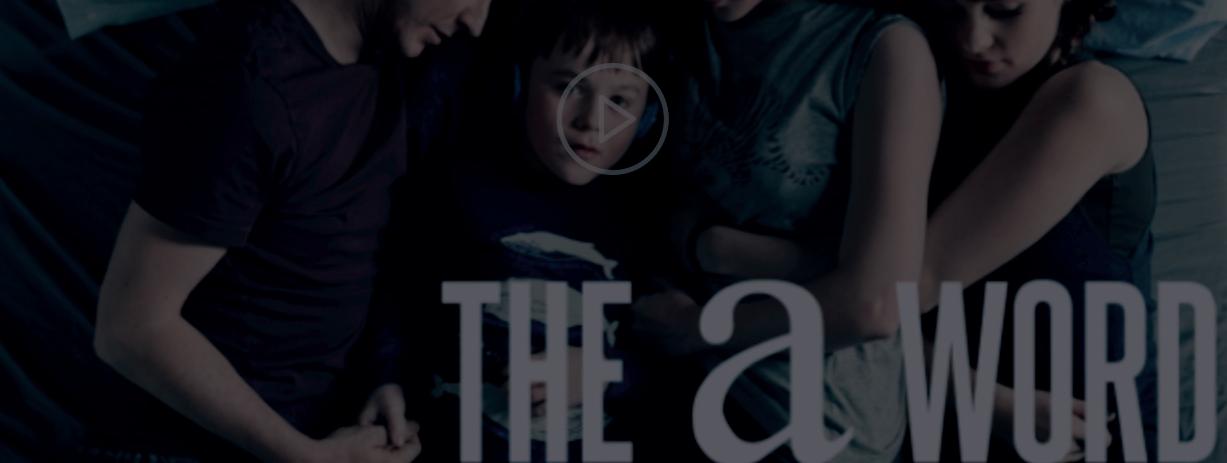
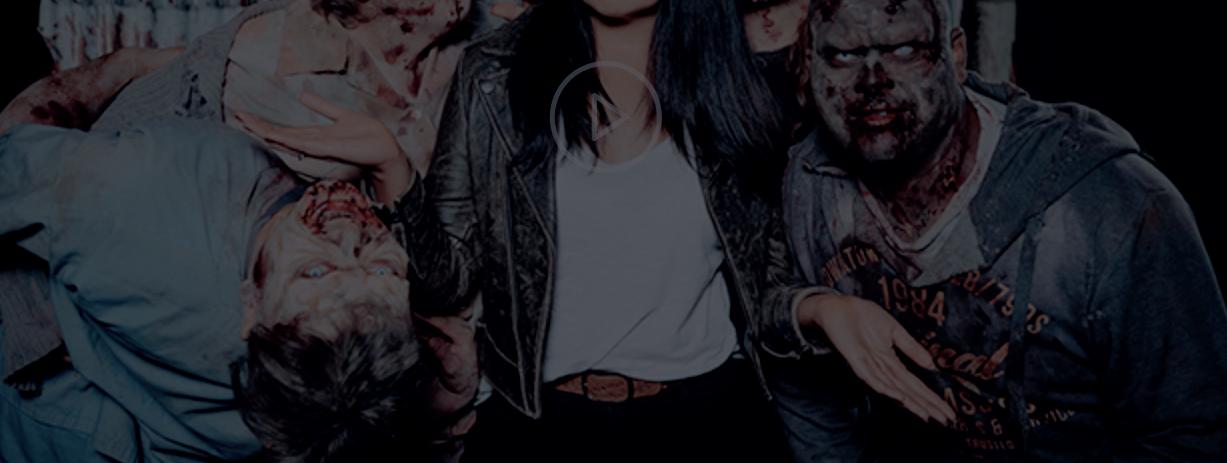
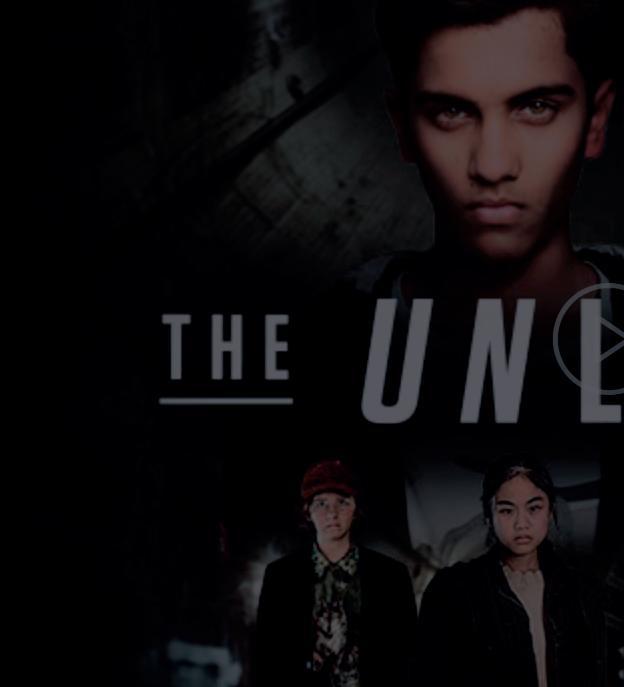
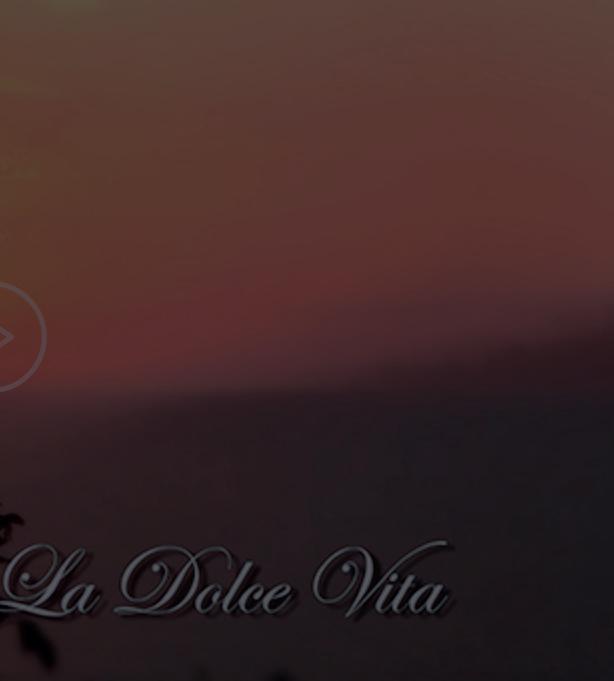

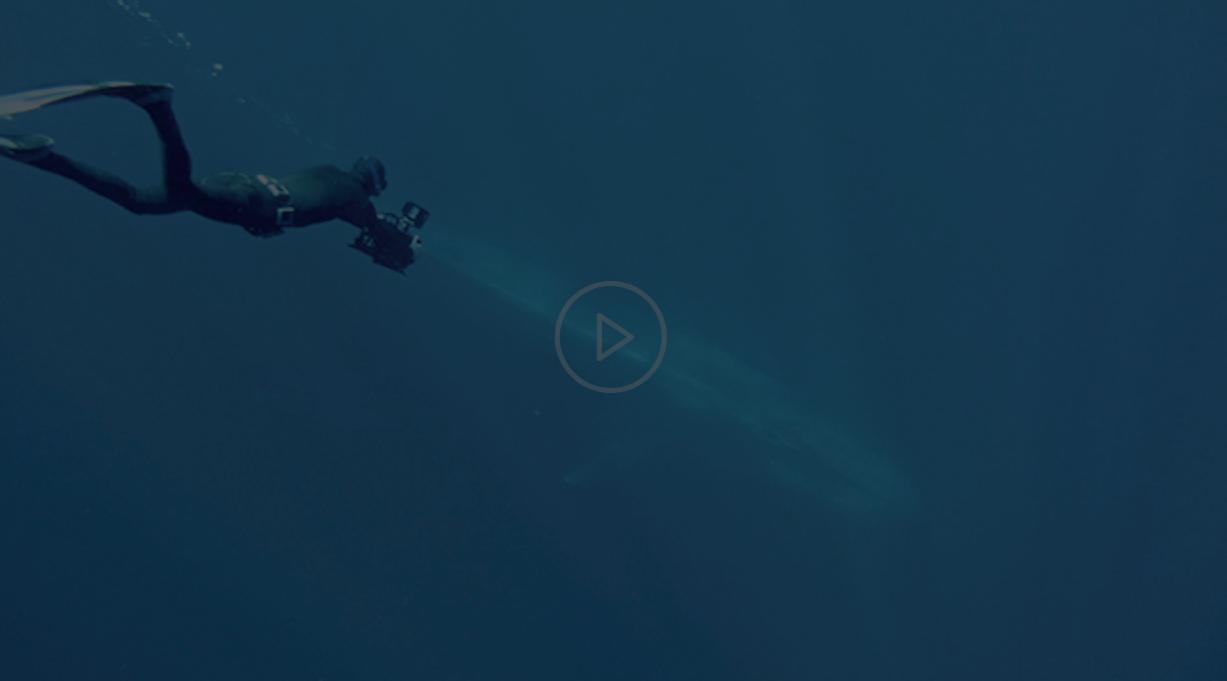

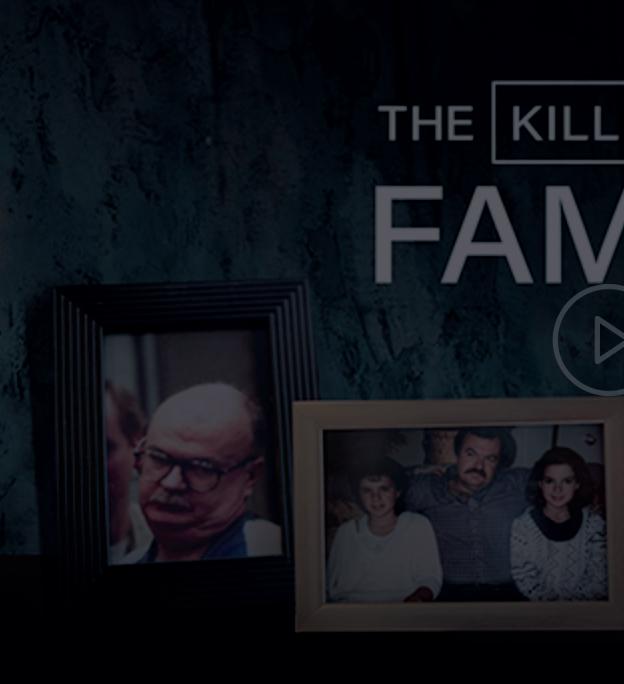
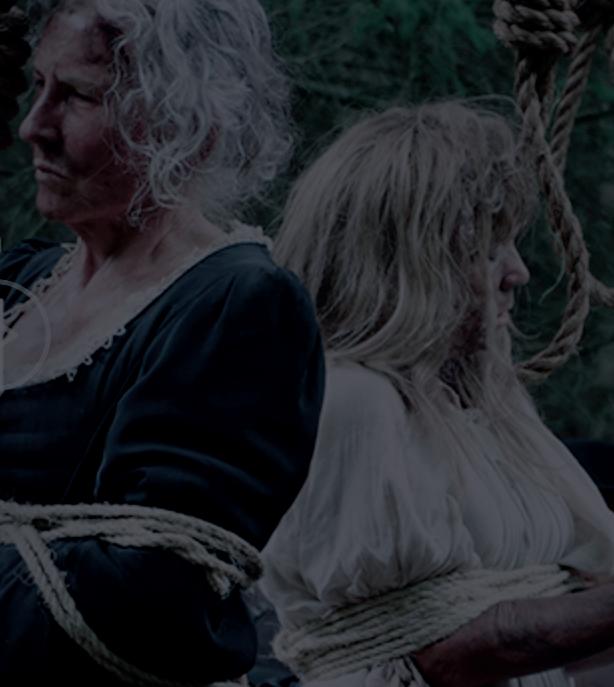
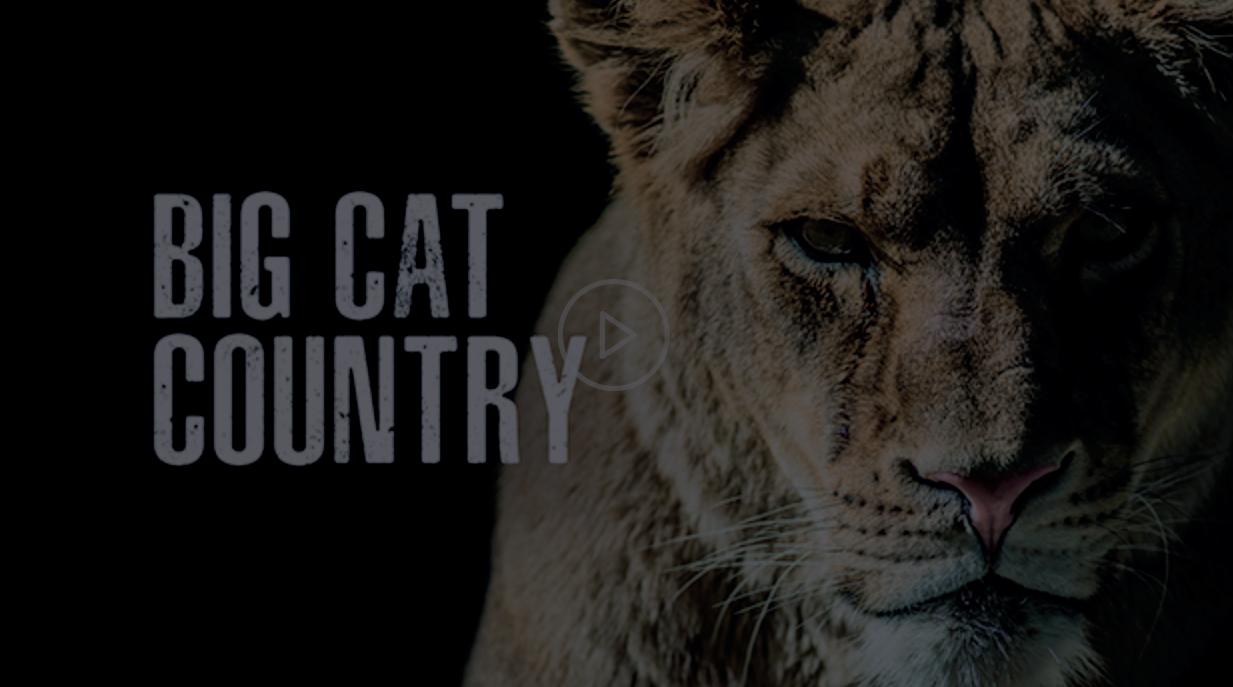

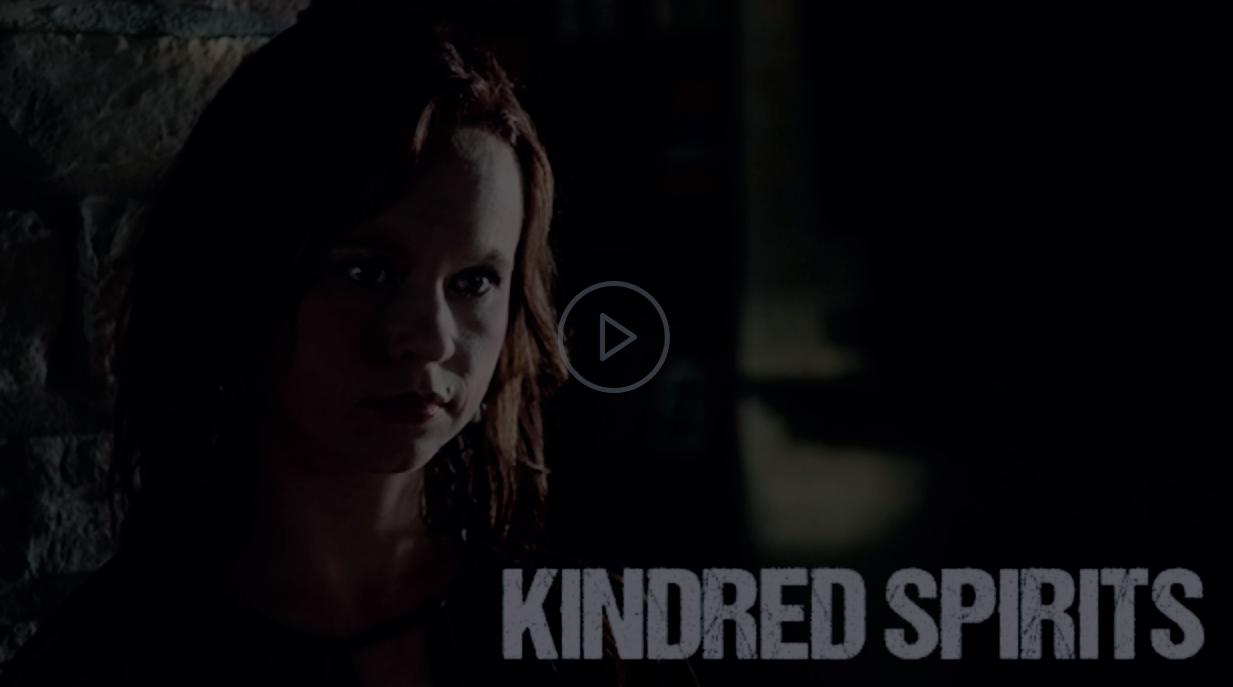
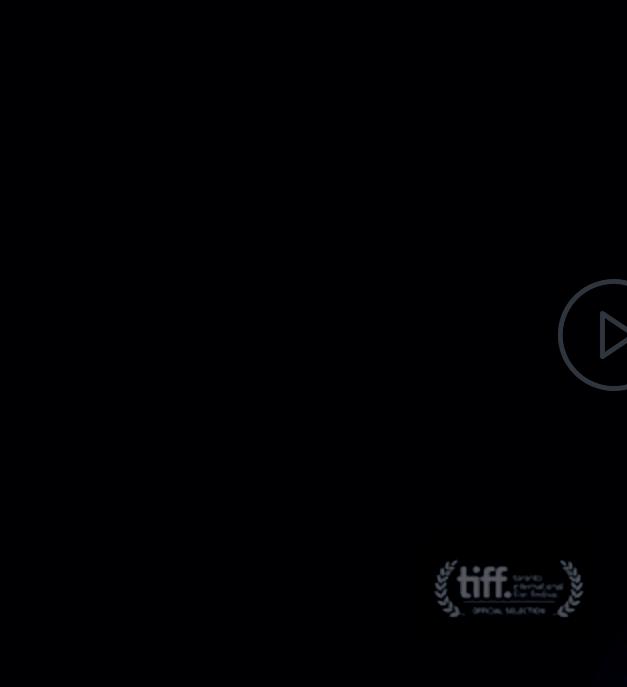
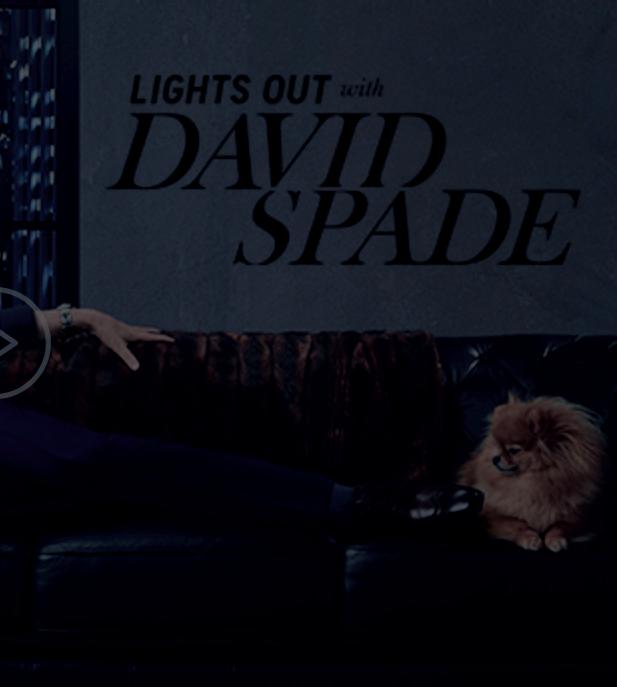


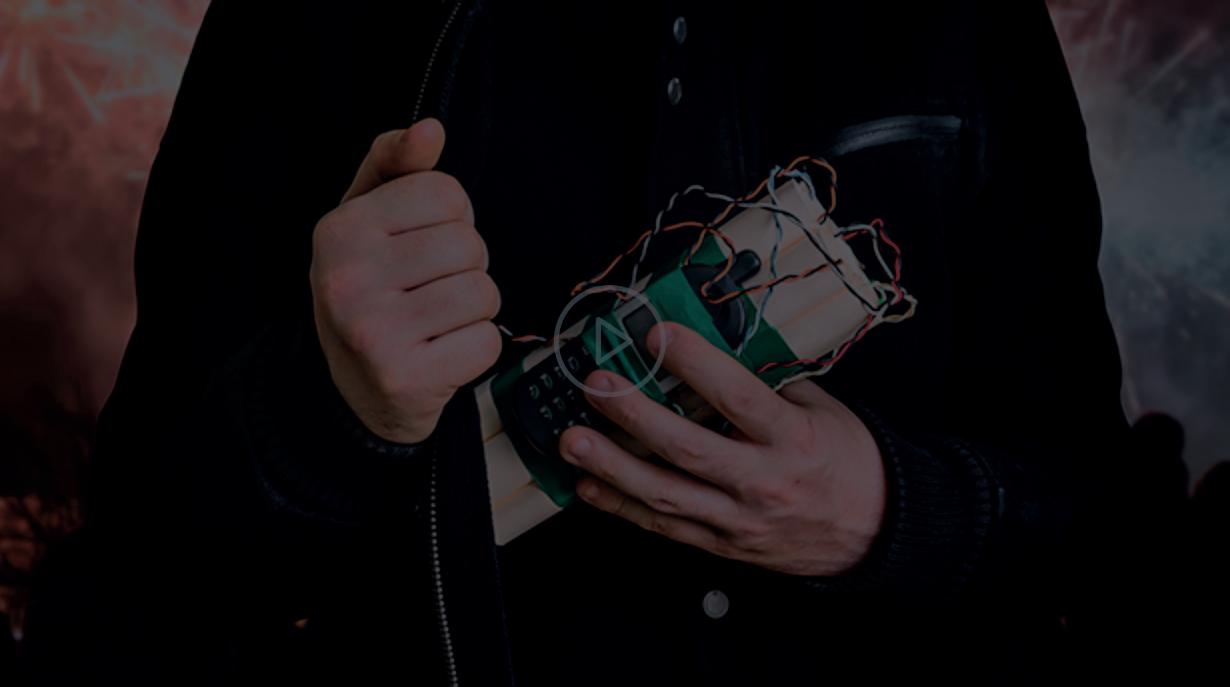
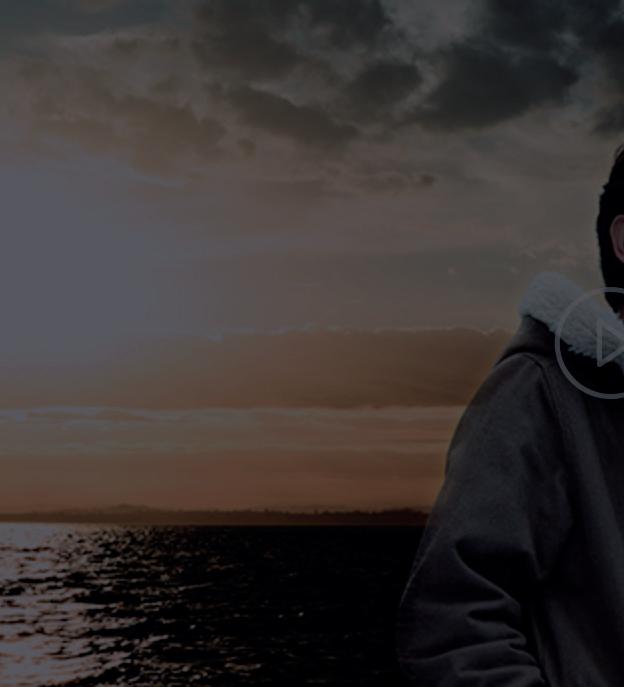




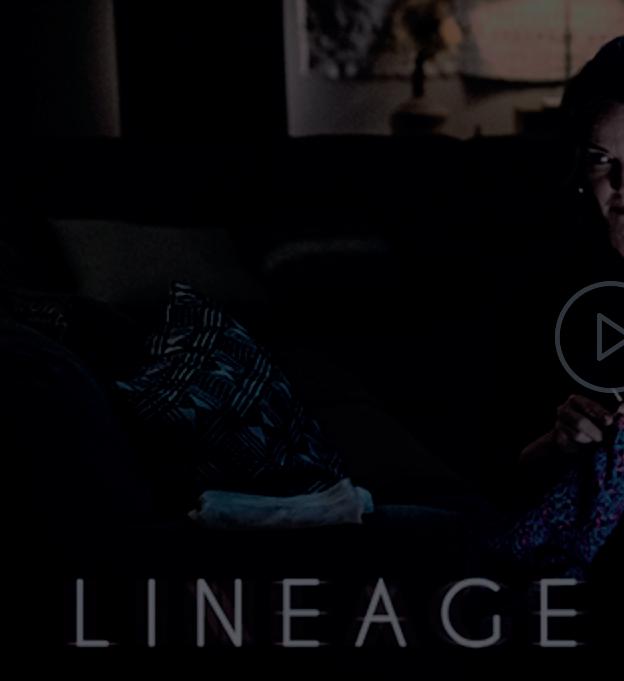
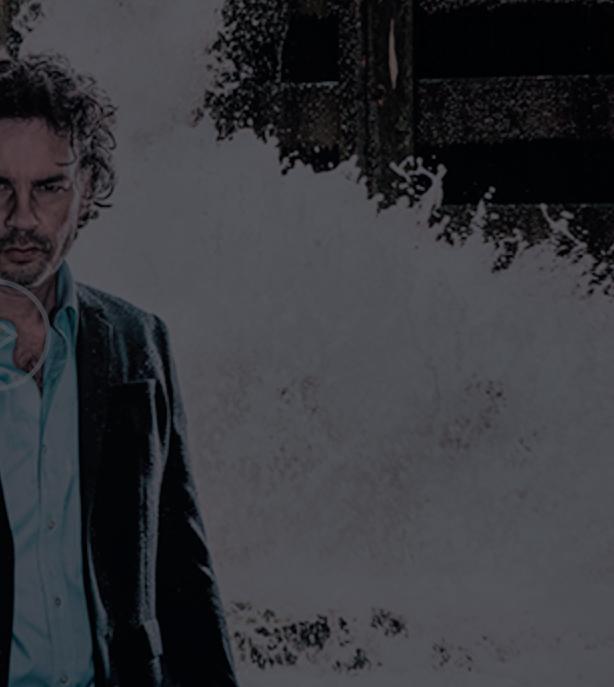
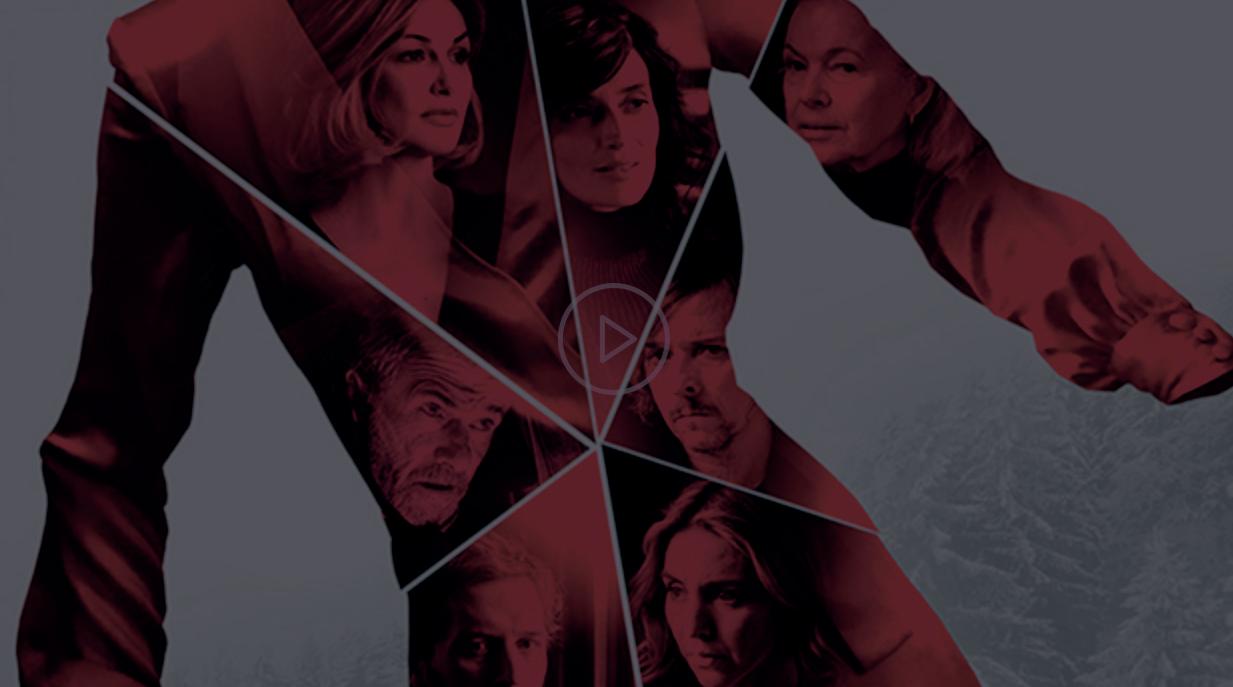

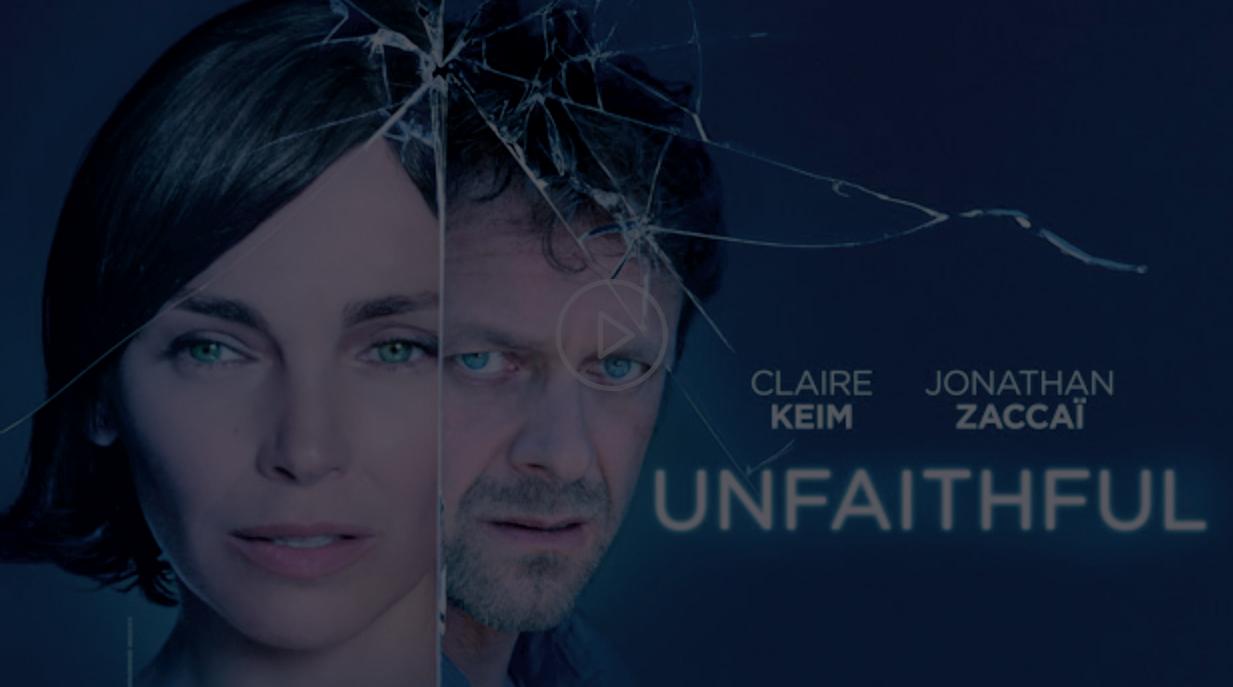
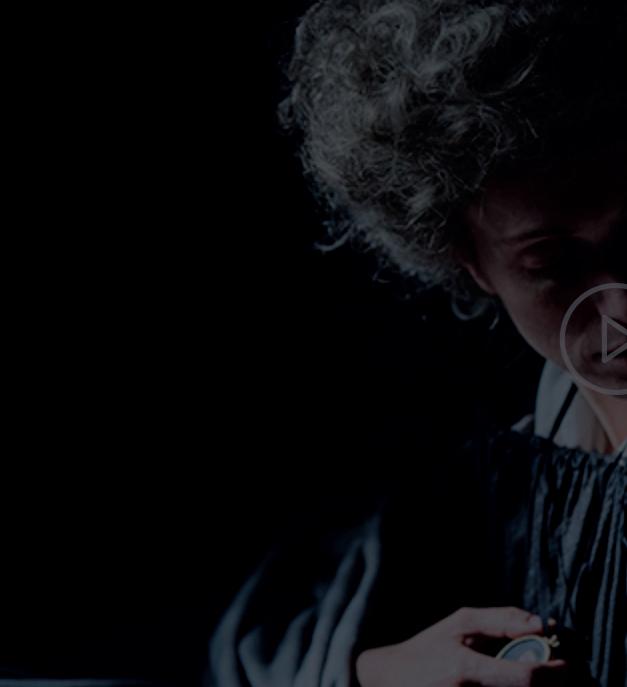


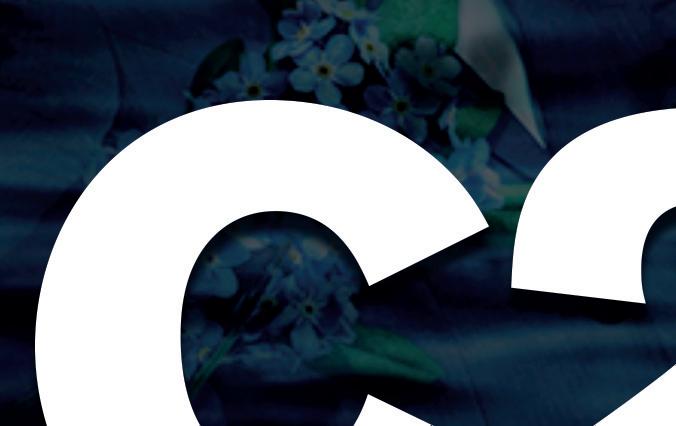








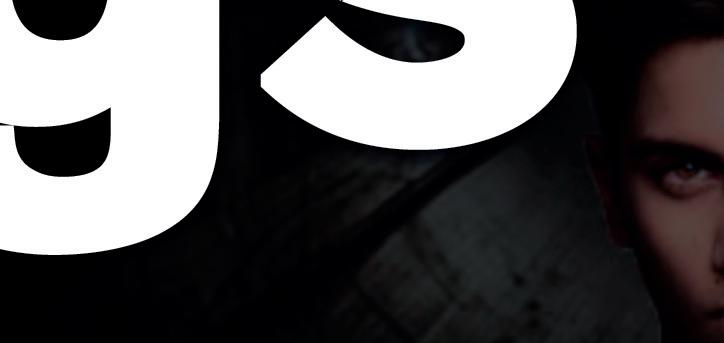
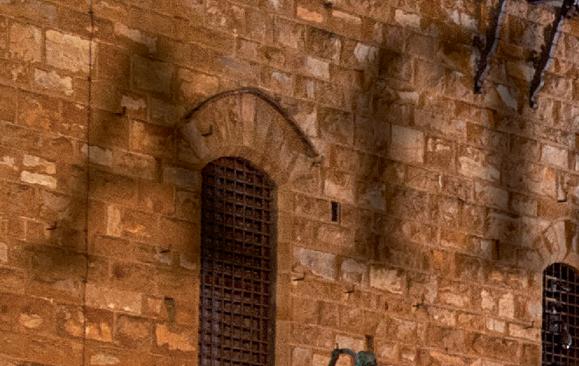
The Italian arm of Amazon Prime Video has been quick to set its sights firmly on local unscripted content that can back up the streamer’s attentiongrabbing global blockbusters and set it apart from rivals.
“Our mission is to create local originals that win over Italian audiences because they recognise themselves in them,” explains Nicole Morganti, head of Italian originals at Amazon Studios. “We achieve this with a sense of Italian pride that doesn’t detract from Prime Video’s international product.
“First and foremost, local originals must please our Italian audiences, unlike Amazon’s major titles, such as The Lord of the Rings: The Rings of Power, which instead appeal to a global audience. Where our local content also has global appeal, all the better, but that’s not our goal.”
Amazon Prime Video’s focus on original exclusive content in Italy began in 2019, as it looked to grow the service and its Italian subscriber base. Morganti joined as head of its creative hub in February, concentrating on content from local artists and producers.
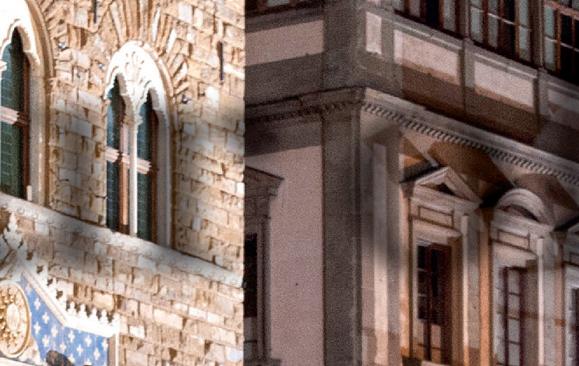


In a career that has spanned Discovery Italia, Sky Italia and MTV, Morganti was initially hired to oversee unscripted, but her role expanded into head of Italian originals almost immediately. Her team includes Davide Nardini, head of scripted series and films, and Dante Sollazzo, for local factual and docs.
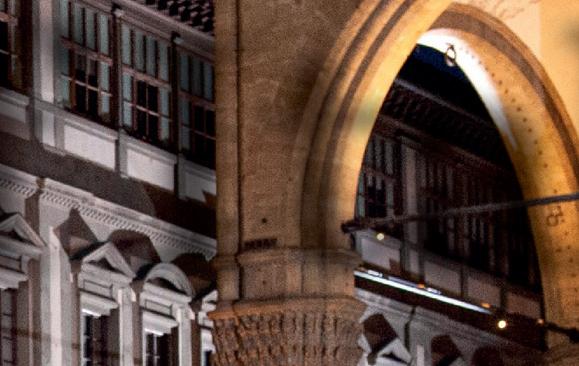
In particular, Prime Video Italy’s initial focus on unscripted rather than scripted allowed it to differentiate itself from Netflix.
“In having to create Italian content, we wanted to be an alternative to what already existed, and we were perhaps the only OTT to enter Italy by offering an area of entertainment that was missing from the market,” says Morganti. “We initially avoided series and films, instead characterising our local offer with innovative shows very different from what’s available on linear networks.”
As an example, the exec says Prime Video’s shows are often half-hour episodes, compared which traditional primetime entertainment in Italy, which can last until one in the morning. “In terms of length, intention and objectives, our formats are an alternative to the shows Italians have traditionally been used to,” she says.
Amazon’s shows are typically strong in impact and made with no expense spared. They mix genres, focus on storytelling and also include cult celebrities, such as its very first original, Celebrity Hunted: Caccia all’Uomo Adapted from the UK reality format Hunted, the Italian version made an impact from the start. Season one featured Roma FC captain Francesco Totti, fi Claudio Santamaria and Italian rapper Fedez.
eality format , the Italiand t from the start. Season onne e ain film star
 Nicole Morganti Amazon Studios Italy
Nicole Morganti Amazon Studios Italy
It stars chef Carlo Cracco creen stars, from m Valerio Mastrandrea and o Abatantuono and
Amazon’s originals ambitions expanded with Dinner Club, an all-Italian food travelogue show created by Banijay Italia. It stars chef Carlo Cracco along with a cast of big-screen comedy stars, from Pierfrancesco Favino, Valerio Mastrandrea and Sabrina Ferilli to Diego Abatantuono and Luciana Litizzetto.
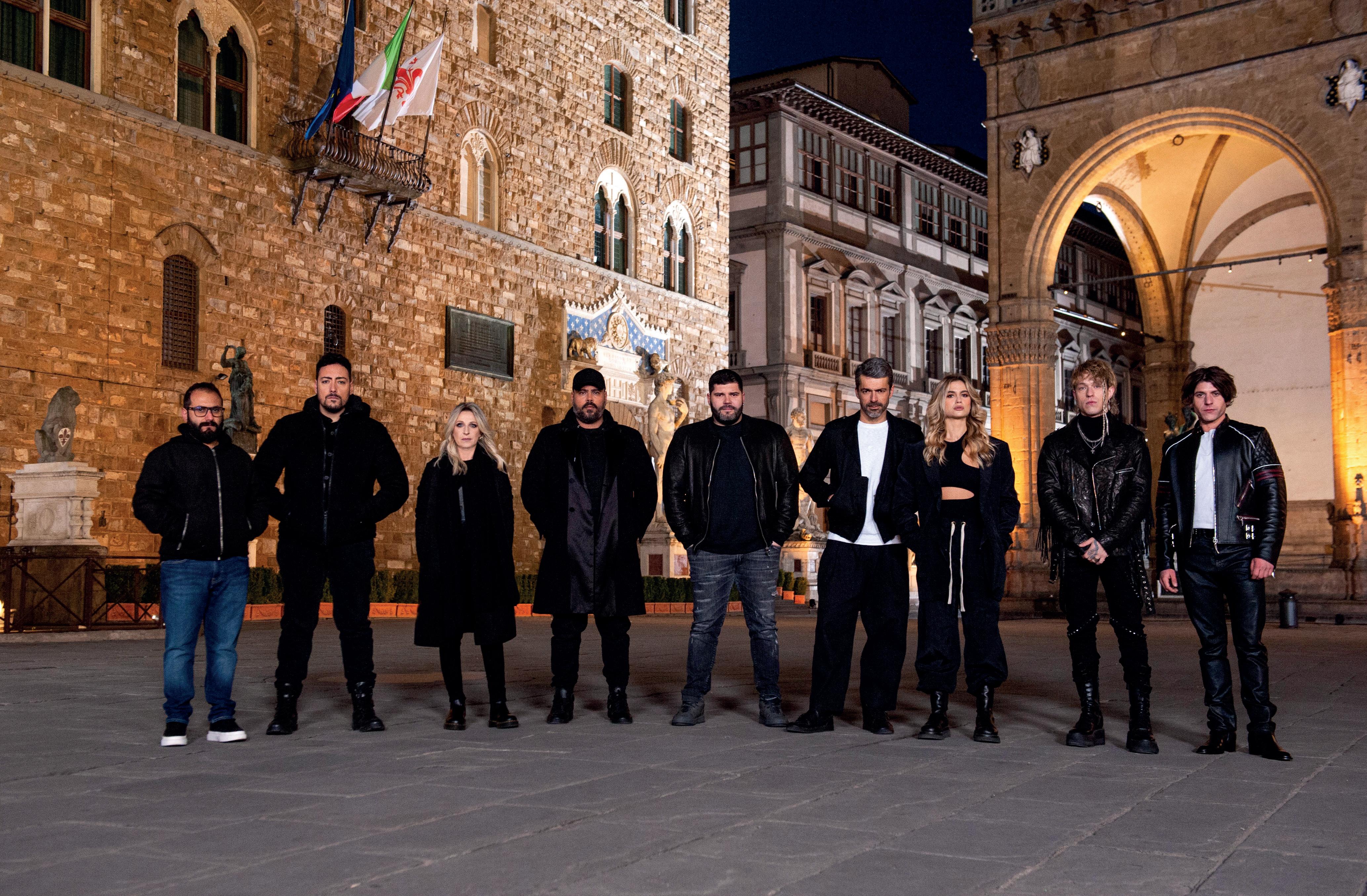
Capping it all was the arrival of modern, off-beat comedy LOL: Chi ride è Fuori (LOL: Who Laughs is Out), another Banijay Italia production, based on Japanese format Documental gameshow features Fedez and Mara Maionchi as judges, along with a group of comedians who must try not to laugh while doing everything to get others to. The first two seasons have become Amazon Prime’s most watched title ever in Italy.
“The second season of debuted on the day the war broke out in Ukraine, and therefore




rrival of Chi h ride Fuori Out anothert ion, based on umental The ez and Mara long a must try not verything to seasons rime’s most y n LOL war broke refore
 Unscripted formats have so far proven key to Amazon Prime Video in Italy as it prepares to double down on its investment in original production and its supply chain of local talent. By Anna Rotili
Unscripted formats have so far proven key to Amazon Prime Video in Italy as it prepares to double down on its investment in original production and its supply chain of local talent. By Anna Rotili
“
In having to create Italian content, we wanted to be an alternative to what already existed, and we were perhaps the only OTT to enter Italy by offering an area of entertainment that was missing from the market.
we kept the tones low. But it’s precisely because we’re facing a few tough years ahead that viewers need to go to bed with a smile,” observes Morganti.
Asked about Amazon Studios Italy’s overall aim with its originals, Morganti replies: “We want to create a home for talent by focusing on great celebrities and highly popular faces that we will show in a completely new light, but at the same time we’re also betting on emerging and unknown talented actors and artists.”
Over the past year, Prime Video Italy has strengthened its local company structure by bringing in Marco Azzani, formerly director at Audible in Italy, as its country director.
Speaking at the streamer’s July presentation of the Italian service, Azzani claimed the service had grown dramatically over the past the 18 months. He also emphasised major content investments in Italian productions. “Currently, in 2022, we’re producing more than one new original slot every month.” However, as is typical of global OTTs, no subscriber numbers or levels of investment volumes were revealed.
Alongside Prime Video Italy’s local unscripted and scripted originals, sports will have also undoubtedly played a role in luring Italian audiences to the streamer, notably its live football, which is included in the subscriptions. Viewers have exclusive access to 16 UEFA Champions League matches on Wednesday evenings, as well as the UEFA Super Cup for three seasons from 2021 to 2023. Rights to the Champions League are currently split between Sky, Mediaset and Amazon Prime.
Discussing Prime Video’s upcoming slate of originals, Morganti highlights yet more innovation on the entertainment and scripted fronts, as part of its ambition to continue to raise the bar and “demonstrate that Italians are not just creative but also capable of creating content with a high production value.”
Raising the bar for content also means targeting its work at talent. “We want to put known talent in unexpected situations, such as taking cinema actors and putting them on a travel programme,” explains Morganti. “We’re trying to show new sides to well-loved public personalities, but at the same time we’re also involving new faces, new actors, new producers and new directors, and we’re experimenting a lot with this, even in series production.”
Upcoming shows include a third season of LOL: Chi ride è Fuori, arriving only a few months after the end of season two, which featured top local comedians including Virginia Raffaele, Corrado Guzzanti, Mago Forest and Lillo. Expected ahead of LOL S3 is a LOL Christmas Special, reuniting competitors and hosts, including Mara Maionchi, Frank Matano, Maria Di Biase, Angelo Pintus,
Michela Giraud, Mago Forest and Lillo in a single fourhour episode. Fedez will be present in his usual role of conductor-judge in both the special and S3.
Given Amazon Prime Video’s focus on comedy, more original LOL spin-off projects are now in the works, among the acquisitions chosen by Viktoria Wasilewski, head of content at Amazon Prime Video Italy.
“The idea is to offer the viewer more and more of what they want, as well as give the service a more complete editorial direction,” explains Morganti. “Seeing that our customers were watching LOL over and over again we decided to create shoulder content and include a new series fronted by Lillo, called I’m Lillo, and a new film by Maccio Capatonda.” The new series and Capatonda’s film will be exclusive to Prime in 2023.
Unscripted action reality Celebrity Hunted: Caccia All’Uomo is also back for a third season. The new edition of the show, in which famous Italians go on the run, chased by detectives, includes stars like actor Luca Argentero, paired with his wife Cristina Marino, along with Marco d’Amore and Salvatore Esposito, known for their roles in the series Gomorrah Culinary travelogue Dinner Club also returns, hosted by Carlo Crocco accompanied by movie stars, to discover lesser-known gastronomic regions of Italy. The second season features stars Paola Cortellesi, Antonio Albanese, Luca Zingaretti, Marco Giallini and Sabrina Ferilli.
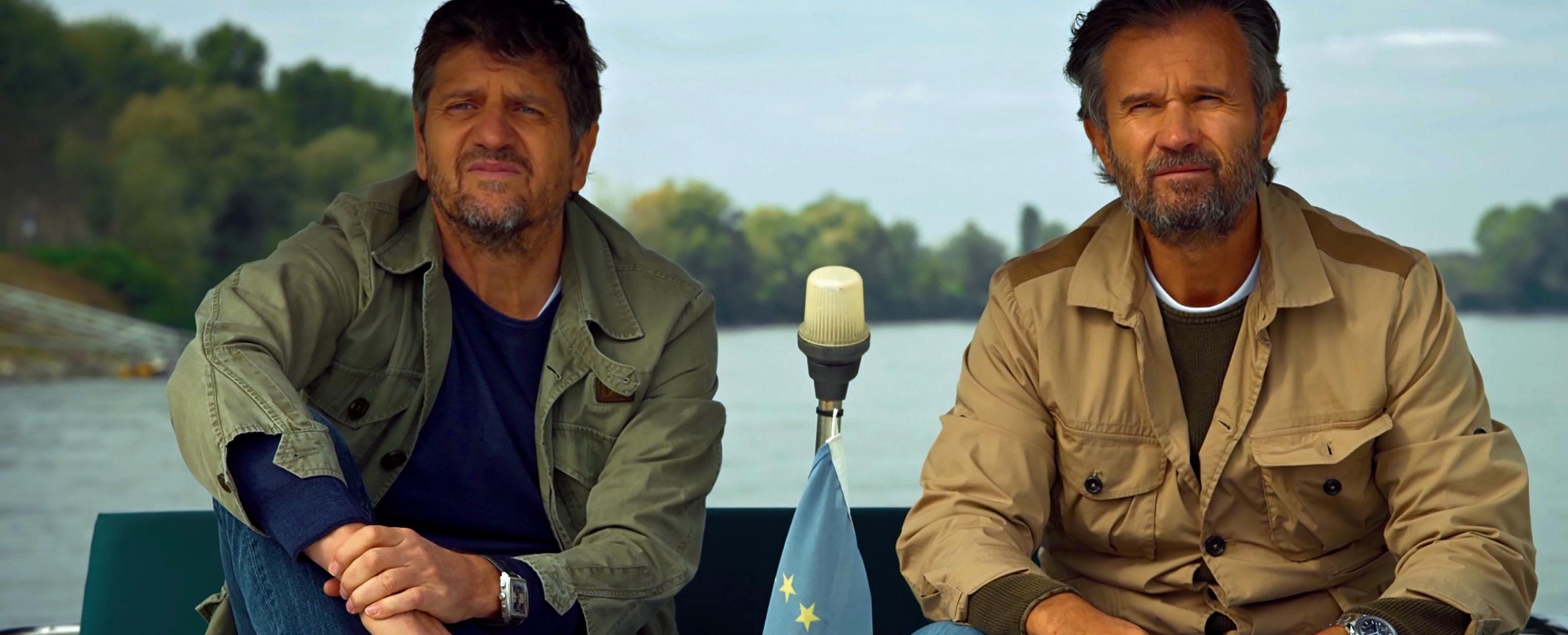
“It took us a long time to cast the first edition because movie actors were afraid of coming off in a bad light by participating in the show,” says Morganti. “This time, however, it was much easier to get them involved, partly because they’re more internationally minded, but also a little because there’s a vision of creating entertainment shot with the care and quality of a film.”
Confirming the participation of actor Sabrina Ferilli (La Grande Bellezza) and comedian and writer Luciana Litizzetto (Che Tempo Che Fa), Morganti adds: “They’re both artists who are embraced by Italians. Within Dinner Club they’re in a different role to what they usually do, and they’re crucial to creating the synergy needed to make spectators want to be at dinners with Cracco.”
As for what Morganti is looking for, key ingredients include programmes for a broad audience that can engage multiple generations and relate strongly to an Italian audience. “But the first question I would suggest to those who bring us a project is whether they would click on Prime Video to see that content. When you ask a viewer to dedicate their evening to you, it must be something very special that they can’t find anywhere else,” she says.
With additional reporting by Gün Akyuz.
Travelogue show Dinner Club is in its second season of visiting the various gastronomic regions of Italy“ We’re trying to show new sides to well-loved public personalities, but at the same time we’re also involving new faces, new actors, new producers and new directors, and we’re experimenting a lot with this.
Nicole Morganti
Amazon Studios Italy









































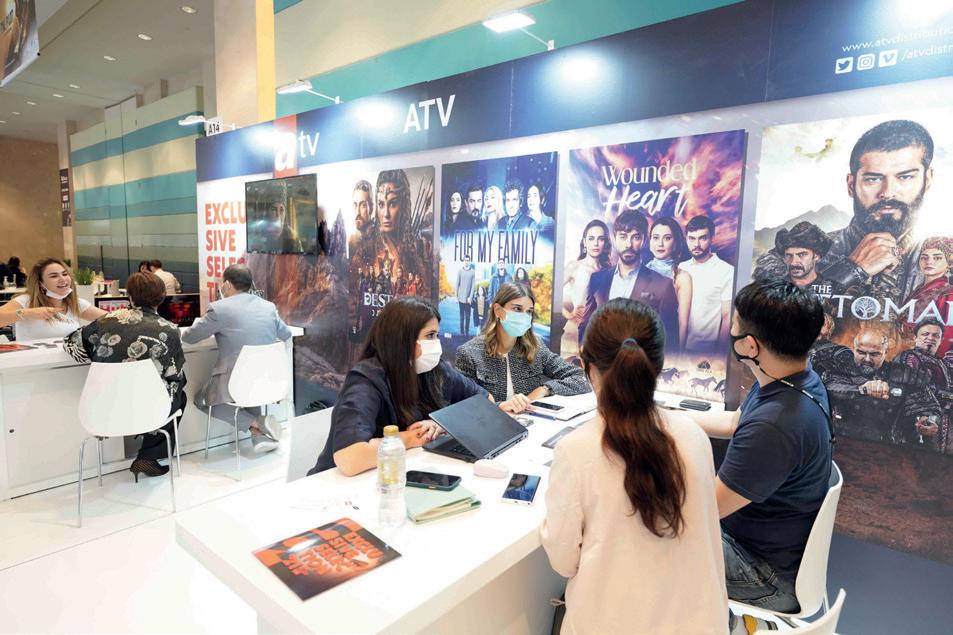
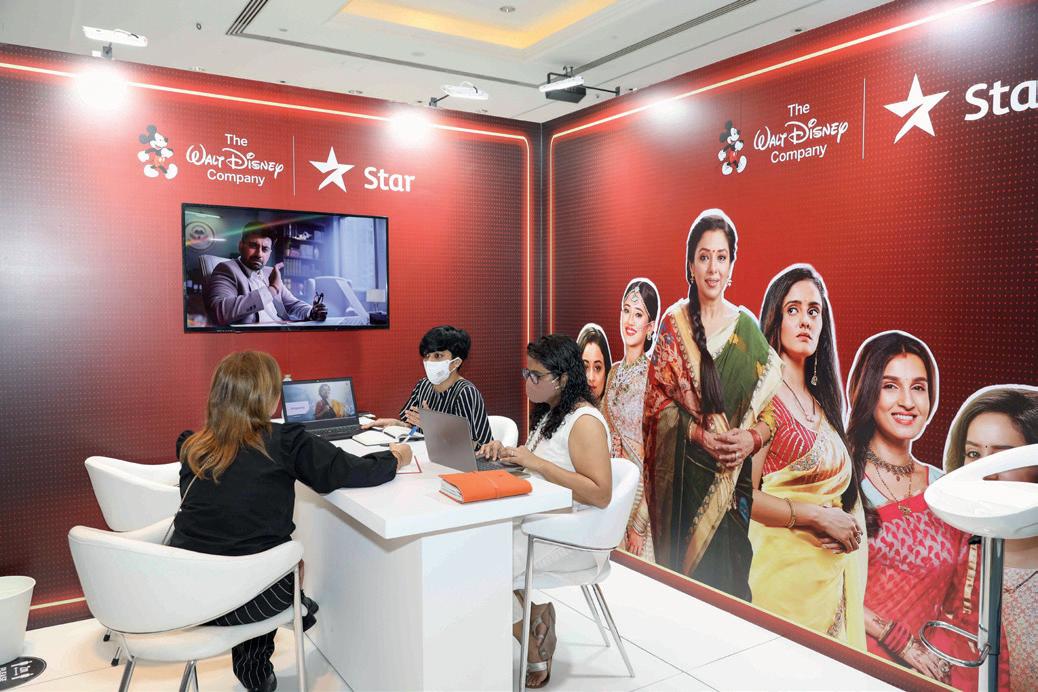



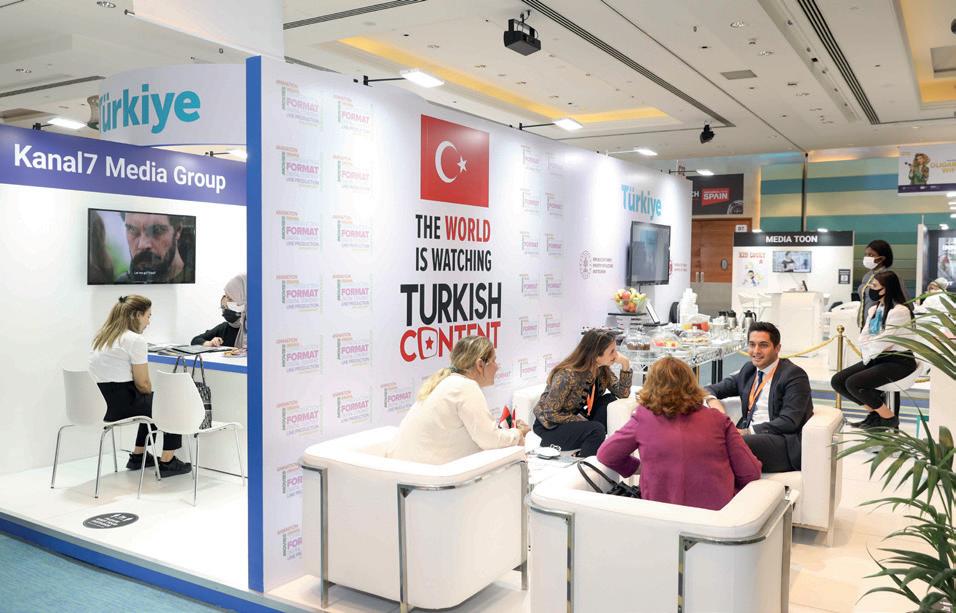


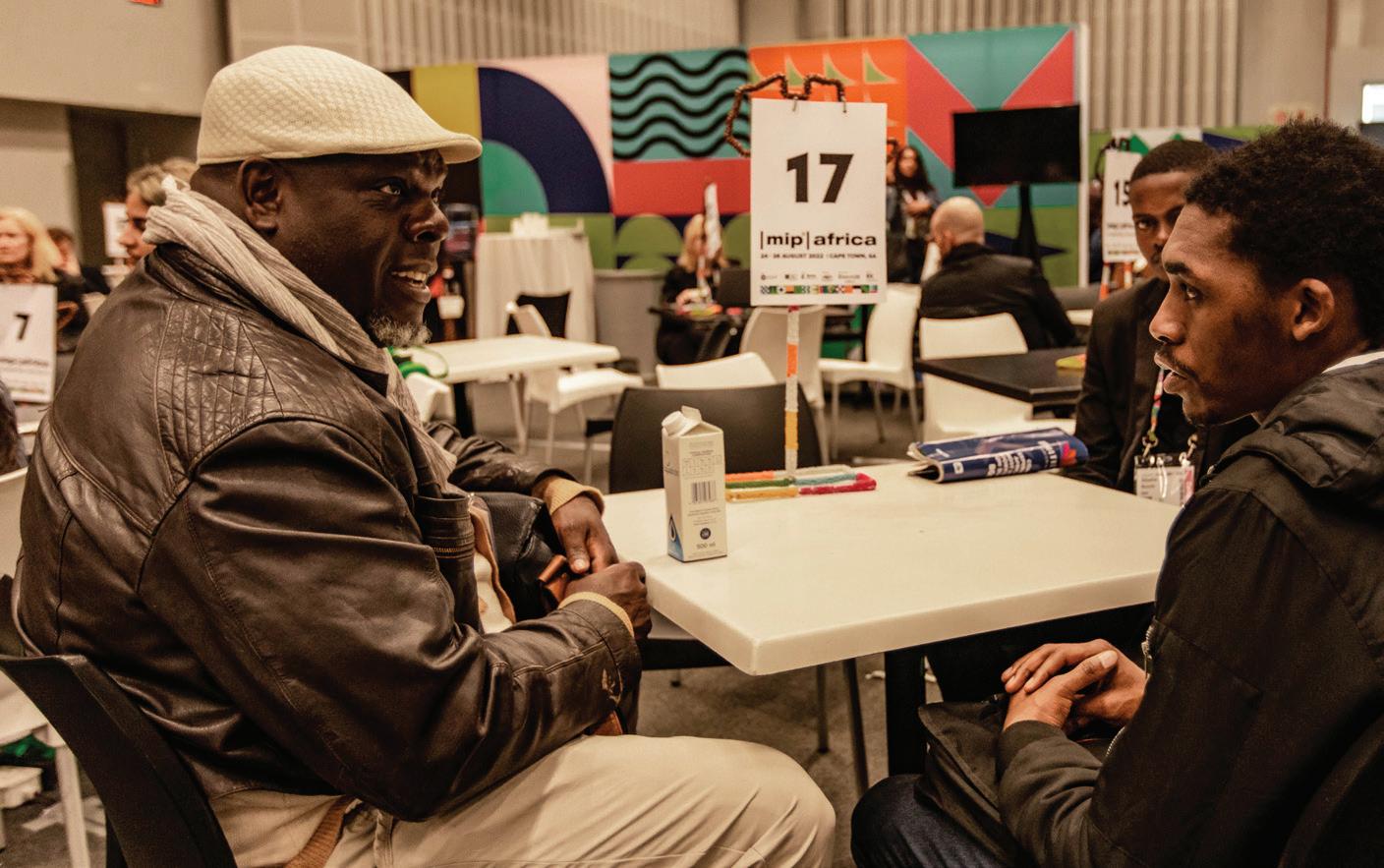
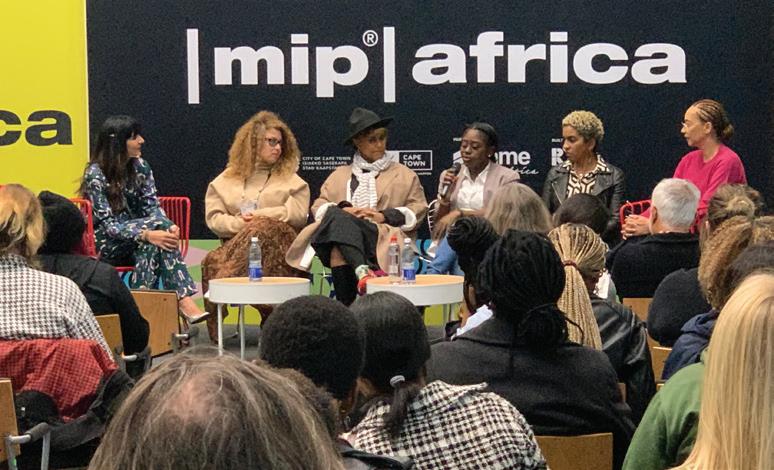
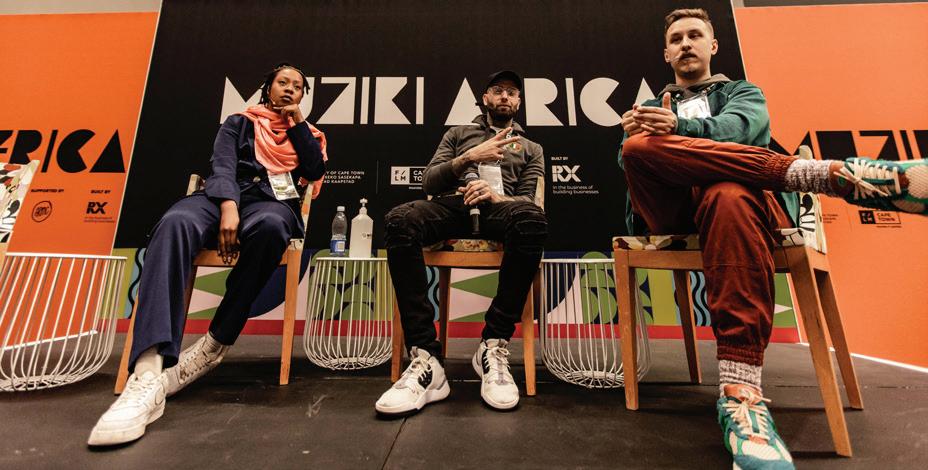
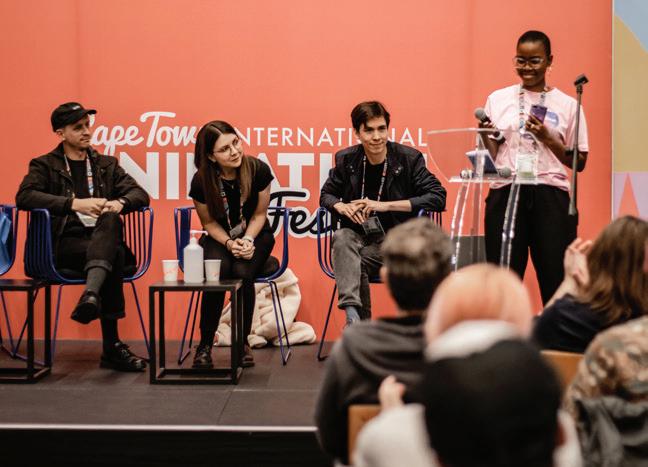
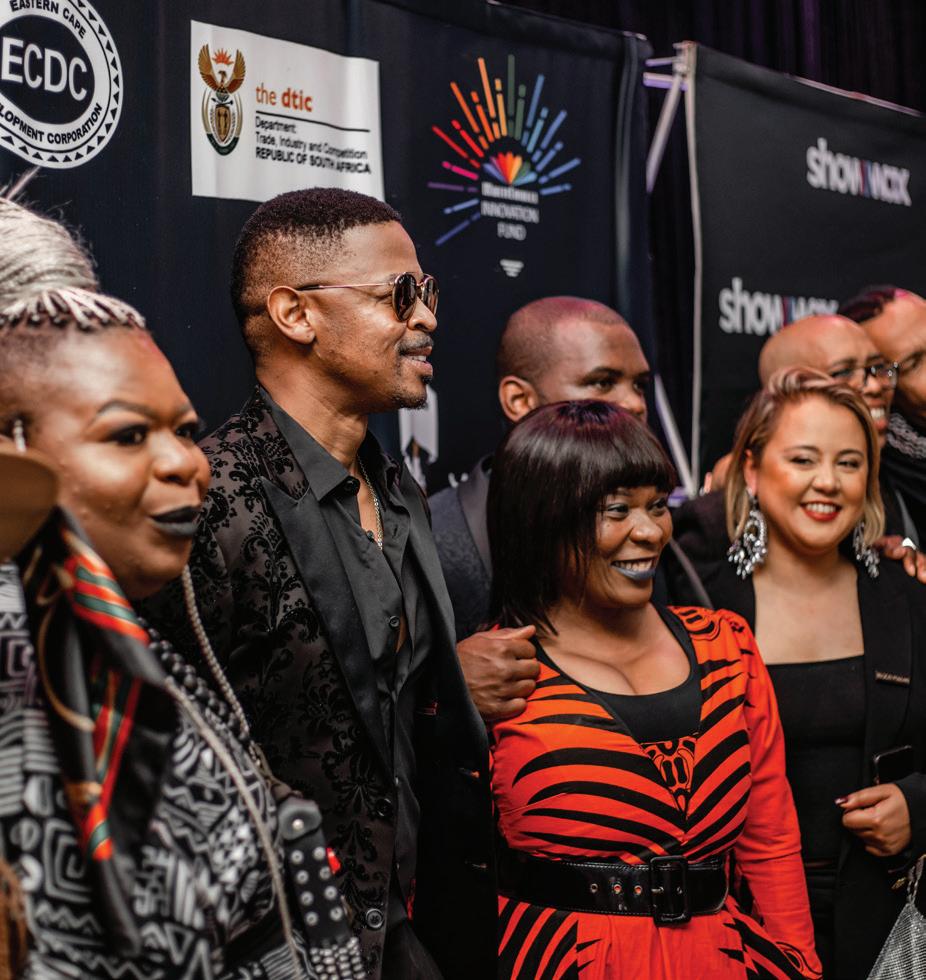

A new linear channel focusing on entertainment and a buoyant streamer are providing VMTV Ireland with openings for new formats and acquired reality shows.
ne a s

 By Gün Akyuz
By Gün Akyuz
In the eyes of Bill Malone, group director of content at Virgin Media Television Ireland (VMTV), the Irish commercial broadcaster is a streamer that just happens to have a linear TV schedule it can piggyback.
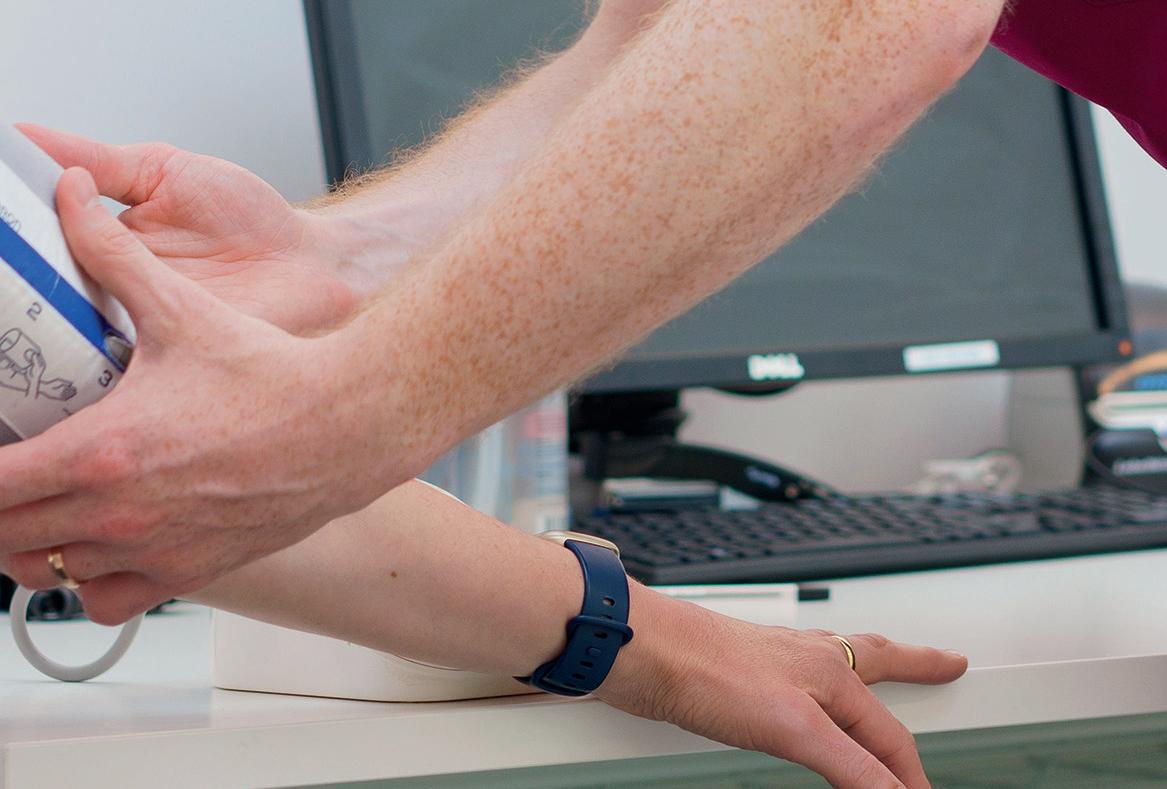


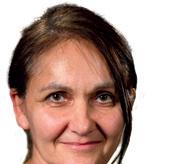
Following record 2021 results, the group has continued to focus strongly on its streaming service, with the Virgin Media Player generating over 31 million streams so far this year.
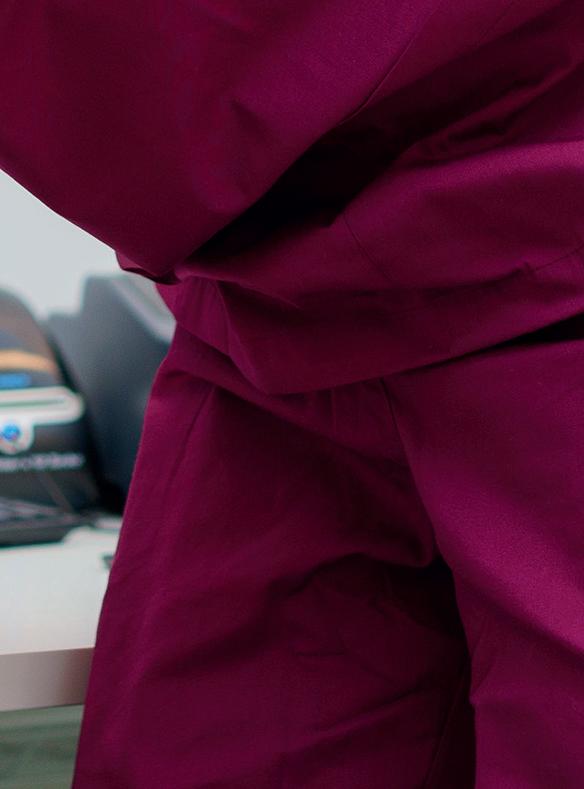

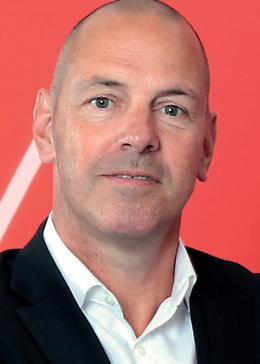
Alongside its rapidly growing free digital player, the group has significantly revamped its linear channel portfolio, launching an ad-free Virgin Media subscriber-only channel called Virgin Media More in April, and a fourth freeto-air (FTA) linear channel, Virgin Media Four (VM Four), in August. The latter joined flagship Virgin Media One (VM One), younger-skewing Virgin Media Two (VM Two) and library drama-led Virgin Media Three (VM Three).
VM Four complements the group’s FTA portfolio with an entertainment-led schedule, which also features true crime and less high-profile sports events, giving it a male skew.
VM Two, meanwhile, has been busy sharpening its focus on two key younger-skewing demos: in the year to September 1, its share of viewing rose 57% among 15-34s and 54% among 25-44s.

As well as adding to VMTV’s overall share of commercial impacts in the FTA space, VM Four allows VMTV to focus on further honing VM Two’s profile, says Malone. “The type of content we’re acquiring and commissioning for VM Two is more in keeping with a youth-skewing service,” he notes, flagging “big calls” such as moving over the country’s top

streamed show, ITV’s Love Island, from VM One to the second channel.

From big drama coproductions like Holding to unscripted originals like Eating with the Enemy, “you get a premiere on Virgin Media More, a big FTA impact on VM One, with all episodes dropped on our player at that moment, repeat value across some other channels, and then a life for the duration of the contract on the player. That’s a wonderful space to get into,” Malone says. “It extends the lifecycle of a piece of content, gets more value, and gives you more opportunities to view it in the way you want. That’s the strategy and it has worked very, very well.”
Eating with the Enemy from Animo TV will return for a second season later this year. The six-part series follows two strangers who try to reconcile their strongly differing views over dinner. Premiering on VM More, it will land on VM One and as a boxset on the player in yet-to-be revealed dates. Distributor All3Media has also sold the format to Lithuanian pubcaster LRT, which launched a version on September 8.
VMTV is also bolstering its player with exclusive acquisitions to build up a critical mass of content as well as a tone of voice. “We can piggyback on successes as well,” says Malone, pointing to two seasons of ITV’s Love Island for next year. This year’s edition attracted 15 million streams on the VM player. “Clearly a lot of viewers are attracted to the player at this time, so that gives us a chance to launch other player exclusives,” he says.
Those exclusives includes shows like Real Housewives of Beverly Hills, Rich Kids of Beverly Hills and RuPaul’s
“ We’re now starting to create content of quite significant scale and impact, and quality, with international partners that really works in an Irish context as well. And that’s the sweet spot for us.
Bill Malone Virgin Media Television Ireland
Drag Race, all of which work well with audiences coming in to stream Love Island, and also aligns the player more closely to linear VM Two, says Malone.
VMTV has increased its content budget for the player’s exclusives across acquisitions and some commissions, and will increase it again next year, notably around reality and female-leaning content, he says.
Although Malone declines to reveal budgets and costs, the exec says VMTV’s limited programming resources are boosted by access to the Ireland’s ‘soft money’ funding and international partners for dramas and formats, a strategy that has led to a packed line-up of originals for autumn 2022 across its portfolio.
“We work really well with partners in Ireland, and therefore we de-risk a lot of investment for production companies, but also for distributors,” he says. “I’m going to distributors with fully-funded formats and finished tape. We’re not looking for completion funding, we’re looking for the best partner, and that’s a really exciting place to be in.”
The backbone of “mothership” VM One remains its daily in-house studio output, ranging from Ireland AM and the Six O’clock Show to the news at 12.00, 17.30 and 19.00, rounded out by The Tonight Show at 22.00.
The Holy Grail is VM One’s 21.00 slot on weekdays and 20.00 at weekends, where it plays the “biggest and best” commissions and acquisitions, spanning entertainment, drama, factual entertainment formats like Gogglebox Ireland or The Restaurant, and documentaries.
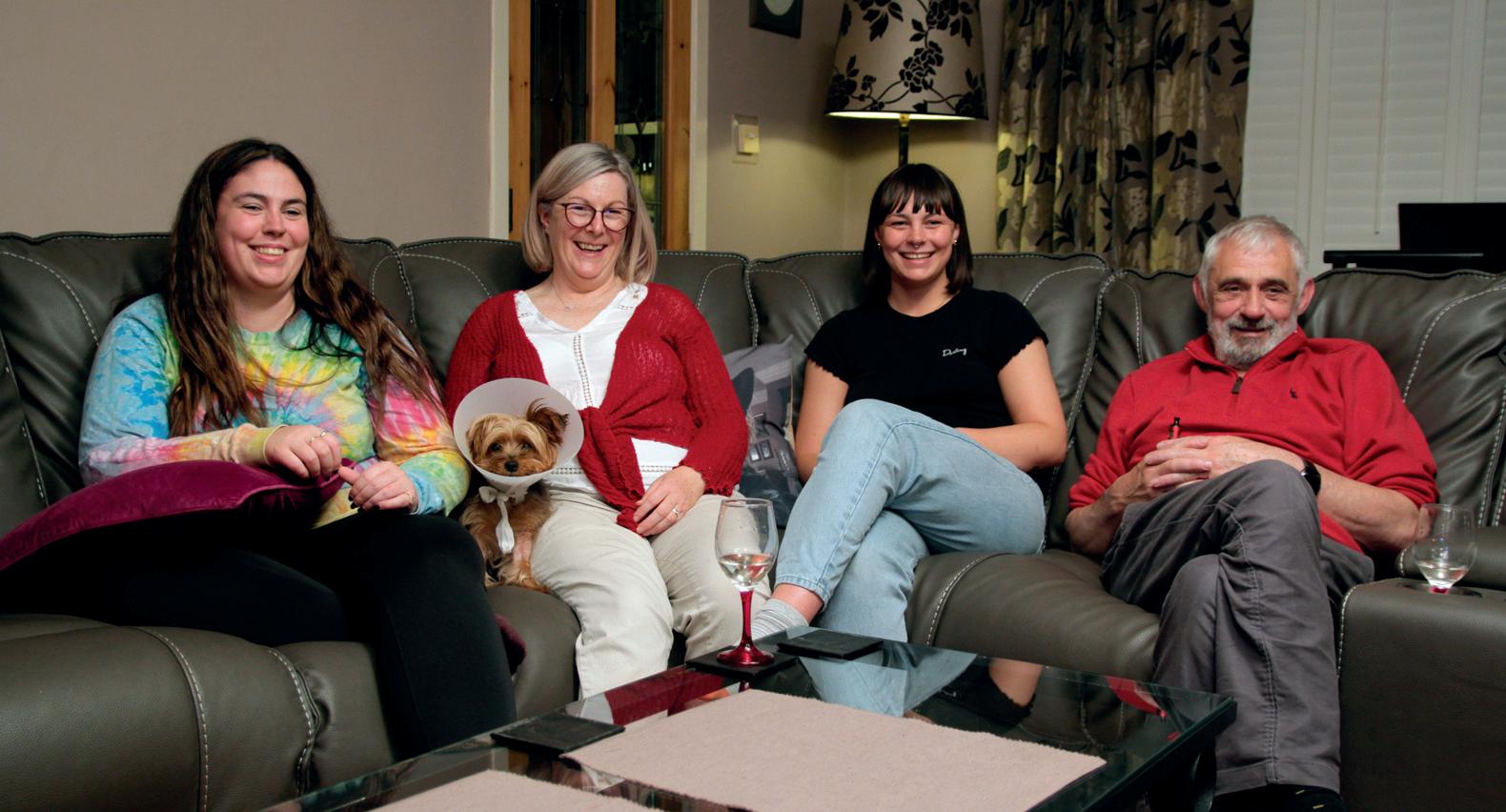
Malone has been building up a portfolio of Irish content at VMTV together with international partners over the past six years. “We don’t think small, we think big,” he says. “We’re now starting to create content of quite significant scale and impact, and quality, with international partners that really works in an Irish context as well. And that’s the sweet spot for us.”
In 2016, VMTV’s predecessor, TV3, wouldn’t have commissioned such outward-looking content, says Malone. These days its exportable originals include docs like Finding Jack Charlton; drama copros like crime series Blood, which has since spawned a remake in India by Disney+; and ITV Studios copros Redemption and Holding, to name a few.
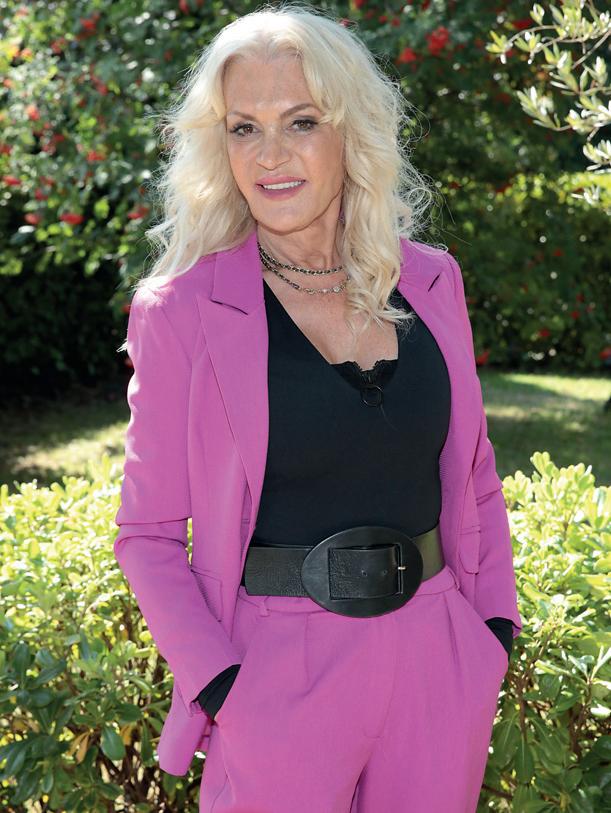
Malone has also been developing an ambitious slate of unscripted formats that “are culturally significant to Ireland, but you can tool up to be international,” with Irish production companies now viewing VMTV as a gateway for succeeding internationally with formats, he notes.
Eating with the Enemy is part of a growing list that includes the likes of Rose d’Or-nominated Generation Dating from Coco Content; OAP B&B from Kite Entertainment, distributed by BBC Studios; First Love from Motive TV, distributed by BBC Studios and now localised by Globo in Brazil; and The Great Giveback from Motive, distributed by Fremantle and adapted by TVN in Poland.
Coming up in 2022/23 is Dylan McGraw’s Secret Service, from prodco Shinawil, featuring the Michelin-starred chef who employs a group of people with challenging lives. Another is Second Chance Boot Camp with Rebecca de Havilland from Mind the Gap Films. Currently in production, the series sees de Havilland, an Irish, HIV-positive trans woman in her 60s, help those who have experienced significant challenges.
Another is The Clinic for Well People. The new format follows 100 ‘healthy’ people, and puts them through a battery of tests to check whether they have undetected underlying health conditions. Prodco Vision Independent Productions is also behind VM One reality ratings-driver The Restaurant, which returns this fall.
In the pipeline is new format Life Actually from Kite, which tracks young couples for 12 months. “Imagine Love Island in real life, where young couples are trying out their relationships, early marriage, buying a house and having a baby,” says Malone.
Malone is keen to maintain a pipeline of new formats, but there are one or two existing shows airing elsewhere that he’d like for VMTV. “I would love [to make] Married at First Sight. The Australian version, may I add, does a tremendous job – it’s exceptionally well-made and quite gripping television,” he comments.
Another is RTÉ2 format First Dates, which Malone originally commissioned at the Irish pubcaster. “It has great impact and it still feels very much on-brand. I’d love to find the next one of those,” he says, but cautions: “We don’t look for copycats.”
As for what Malone and VMTV want next, he points at hour-long high-impact, broad-skewing primetime shows for 21.00 to 22.00, or occasionally 20.00 at weekends. “We’re a commercially funded broadcaster, so it’s about broad audiences and we’re looking for something that will then have a life internationally, attract international funding and sell internationally, be it a format or a drama,” says Malone.
Access primetime quizzes are off the commissioning menu, with VMTV’s access line-up already well served by acquisitions like ITV soaps Coronation Street and Emmerdale, plus gameshows like Tipping Point and The Chase. Making quizshows for access peak means high volume and a substantial financial commitment, he says.
Pitching to VMTV is done via its commissioning portal. Producers can also bounce ideas off Malone or VMTV’s commissioning lead Sinéad Stimpfig, if those relationships already exist.
“Try and understand who we are, what we’re looking for – there are guidelines on the commissioning portal,” says Malone, noting there are too many pitch ideas where one can “almost see” Channel 4, BBC, ITV or RTÉ rubbed out and VMTV written in. Producers need to consider whether a show would work for VMTV. “Where would it sit? Will it have impact in peak time? We’re not looking for also-rans. Will it work on our player and will it attract international attention?”
Malone would like to see the country’s Section 41 tax break scheme extended beyond scripted and premium factual into entertainment, where “conversations are happening.” With foreign entertainment shows, such as Fox’s Name That Tune, already being produced in Ireland, Malone believes it’s a good idea, “because we can produce high-end content that’s cost-effective relative to other markets.” It could also open other partnership collaborations.
In spite of the threat of a recession, Malone says it’s a very exciting time for content creators in a content-hungry world. “There’s great support now from organisations like Screen Ireland and BAI [Broadcasting Authority of Ireland], providing good funding for good shows, which have the ability to travel internationally,” he adds.



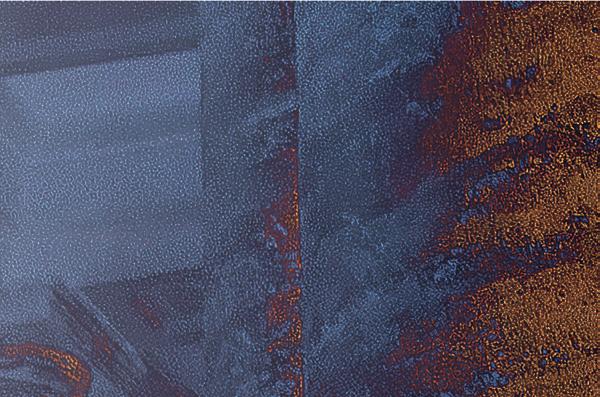











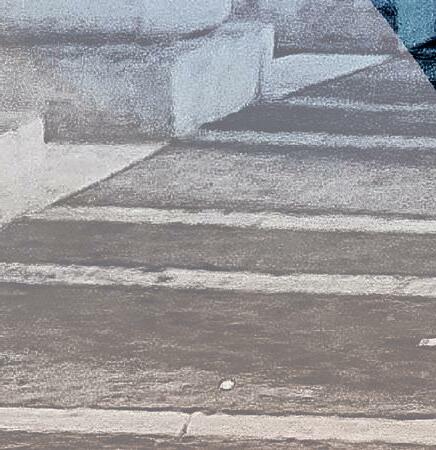

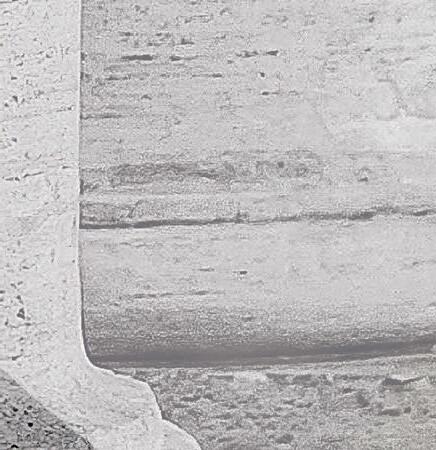

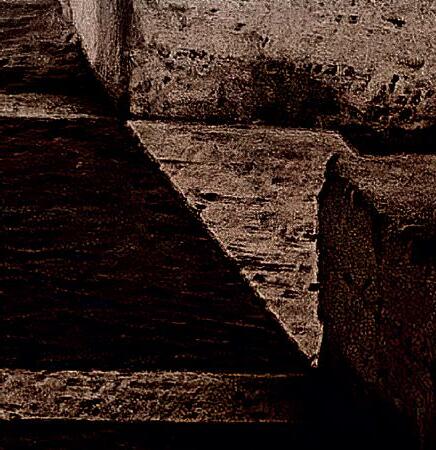









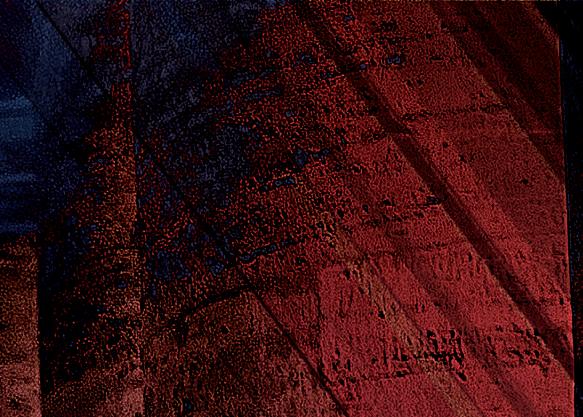







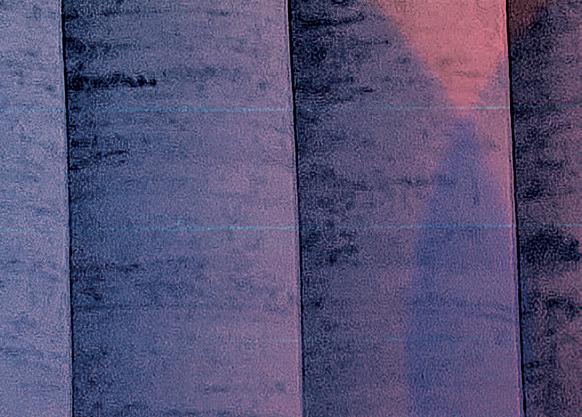







Ofelya Tovmasyan grew up watching world cinema with her father, with whom she would discuss the films afterwards, leading to a passion for the big screen. That enthusiasm has since blossomed, with Tovmasyan now overseeing sales in Central and Eastern Europe, CIS and Western Europe for India-based GoQuest Media.
Having studied economics at the Armenian State University of Economics, Tovmasyan had a short stint working for the Armenian government, after which she decided to volunteer for the organisers of The Golden Apricot Yerevan International Film Festival, an annual event held in Yerevan, Armenia, that provided her with crucial experience.
Keen to further her education in film, Tovmasyan enrolled at the London Film School and the University of Exeter in the UK, where she graduated with an MA in International Film Business.
“It was an incredible journey. I met a lot of producers and executives in the international film business,” says Tovmasyan, who spent time interning at and later collaborating with the UK office of legendary French film production and distribution company Pathé.
Returning to Armenia, Tovmasyan took up a role at Shant, a leading TV channel in the country, where she was head of the international department for films and TV drama, including the distribution and acquisition of dramas locally and internationally.
An aspiration to enhance her experience working in the international distribution business led Tovmasyan to her current role at GoQuest, which she joined in March this year.

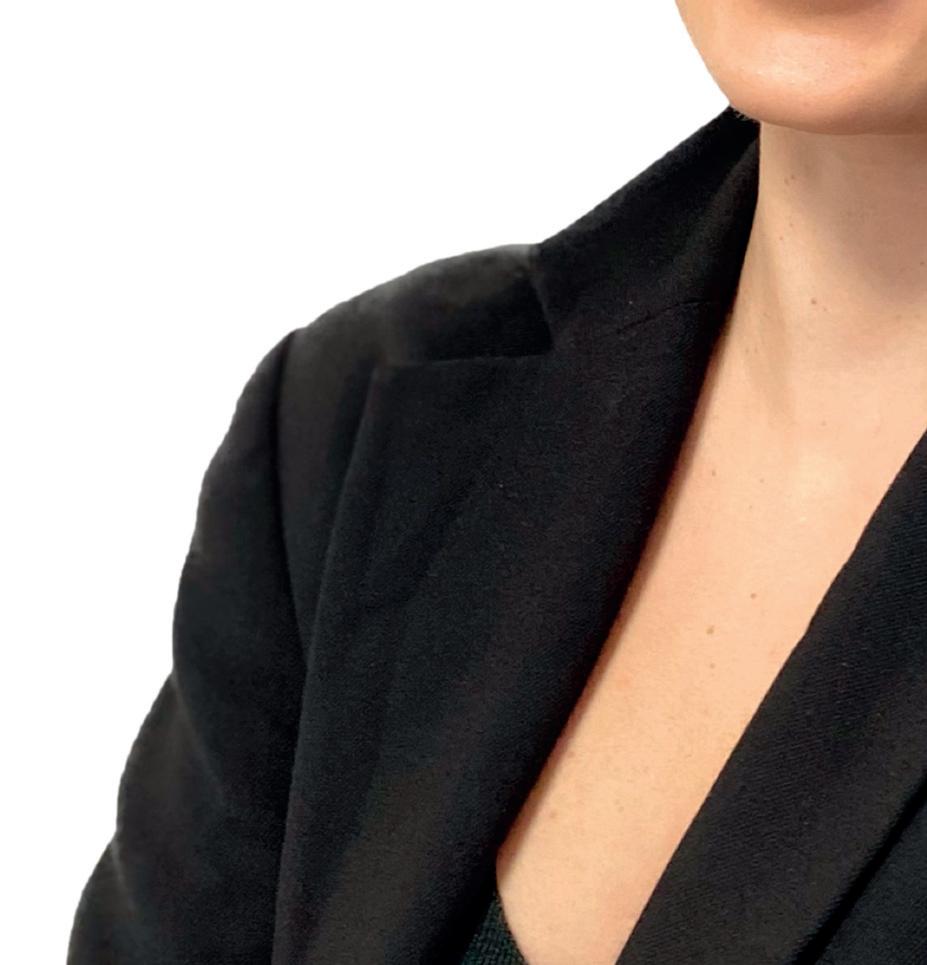
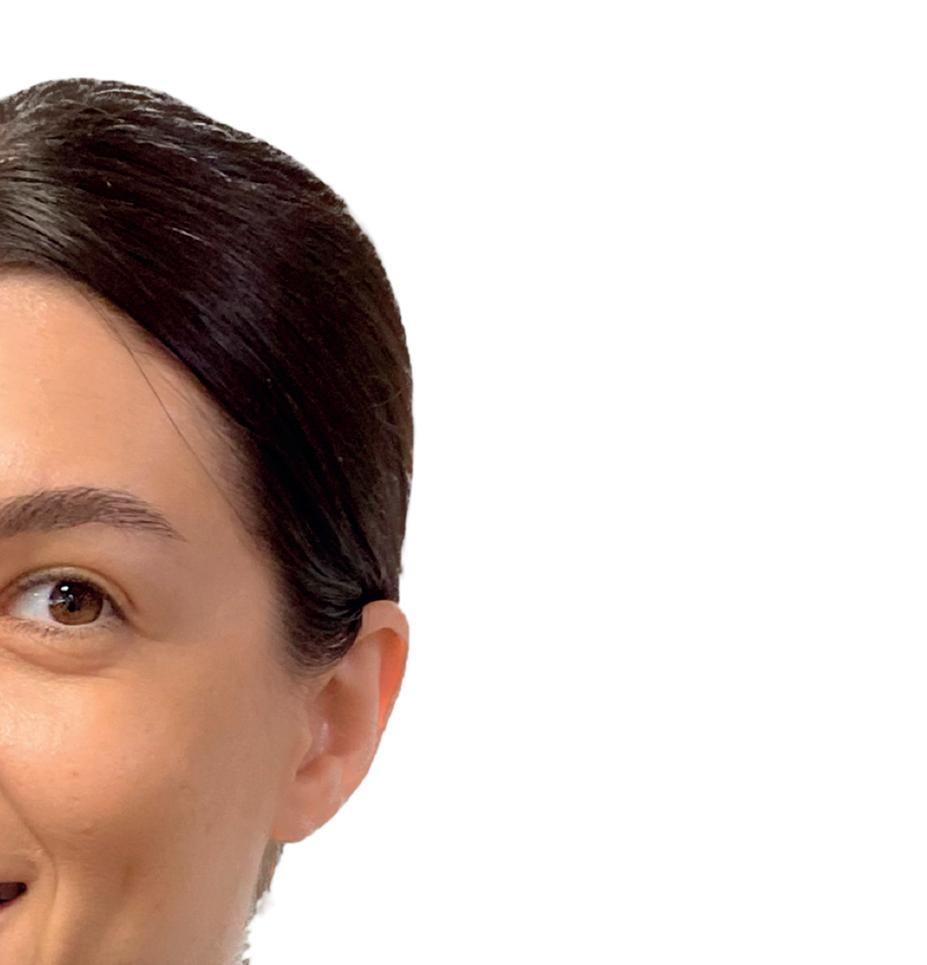
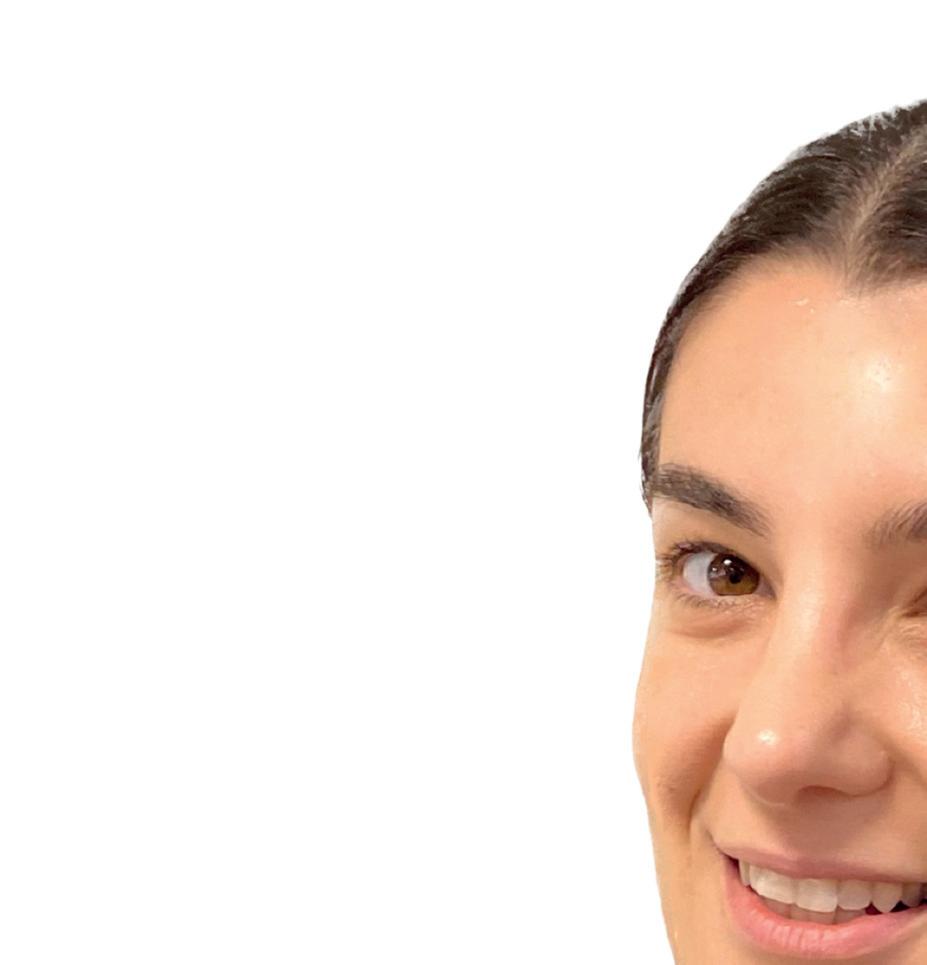
Founded in 2013, GoQuest has placed both finished tape and formats in markets in territories such as Asia, Africa, the Middle East and Eastern Europe. Headquartered in Mumbai, it also has offices in the UK and Vietnam, plus a local sales presence in Istanbul.
Tovmasyan, who speaks Armenian, English and Russian, believes her love for different languages combined with her exposure to world cinema at a young age, provided her with the skillset to bring content from various countries to new territories around the world.
The exec credits Angus Finney, the executive producer of her programme at the London Film School, with helping her to understand how the business functions, while she gains valuable insight about the challenges and opportunities facing the industry from her GoQuest colleagues Vivek Lath and Jimmy George.
Looking ahead to Mipcom, how does Tovmasyan view the current market for scripted formats?

“There are hundreds of brilliant shows out there and you have to put a lot of effort into finding the right channel. With scripted formats, you have to cherry-pick the shows that will fit a buyer best. And you don’t just wash your hands after the deal is done; you have to establish a long-term relationship with a partner to make it a success.”
Scripted formats in the GoQuest library that Tovmasyan feels have huge international potential include Divorce in Peace, a lighthearted series from Estonia about a couple that have been married for 20 years and are now heading for a divorce.

“This story is easily adaptable to different cultures;
A fruitful relationship with a local film festival in Armenia provided GoQuest Media’s sales exec Ofelya Tovmasyan with the experience that led her to shopping scripted series and formats around the world. By Nico Franks
from the production point of view it is affordable to execute and the humour translates internationally,” says Tovmasyan.
w it is affordable to tes
There is also Secrets of the Grapevine drama set on a vineyard about two wine producers with a romantic but tragic past.
apevine, a Serbian wo n MTS TV, was V-watching ording
The premiere of the series on Serbia’s largest IPTV platform, Telekom Srbija’s MTS TV, was watched by 37.62% of the total TV-watching households in the country, according to GoQuest.
“It’s a beautiful and classic series with a very touching story,” says Tovmasyan, who adds that an adaptation does not necessarily have to be set on a vineyard but could focus on anywhere something is grown or sourced, from olive oil to coffee.
es asyan, does t on on or
After reinventing itself as a factual competition specialist, Canadian prodco Marblemedia is putting the pieces in place for a major scripted push.
By Jordan PintoFive years ago, Toronto-based producer Marblemedia, led by co-CEOs Matt Hornburg and Mark Bishop, reached a crossroads.
Across the Canadian industry, producers were feeling the effects of a gradual commissioning downturn, on top of other concerning shifts in the marketplace.
“We saw a trend in which some broadcasters also wanted to be the studio, and effectively make Canadian producers be more producers-for-hire. That just doesn’t fit our business model,” says Hornburg.
“We have always owned, controlled and developed all original ideas, and so we needed to look elsewhere for commissioning relationships. We pivoted our development slate to focus primarily on the US, and the UK a little bit as well.”
The strategy paid off in spades and today around 80% of Marblemedia’s original commissions come from the US.
The shift also coincided with a purple patch in its unscripted business, with the company securing a string of high-profile commissions for series set in the worlds of niche activities such as glass blowing (Netflix’s Blown Away), chainsaw carving (Bell Media’s A Cut Above), sandcastle building (CBC’s Race Against the Tide) and cocktail making (Netflix’s Drink Masters).

The latter, set to debut on Netflix on October 28, sees 12 mixologists competing in a series of challenges until one is crowned the Ultimate Drink Master. It’s an activity close to their hearts. “I make a mean old fashioned,” says Bishop. But their approach to the content business is anything but.
Innovation has been at the heart of Marblemedia’s business since its launch in 2001. In the early days, working from Bishop’s dining room, the pair established the company’s DNA of coviewing, four-quadrant content.
In recent years, the home runs have been more visible on the factual side, but things have been ramping up in scripted, too. The company has had success with family sitcom Overlord & the Underwoods (CBC), which was picked up recently by Hulu, in addition to its interconnected sitcoms The Parker Andersons and Amelia Parker (BYU TV/ Super Channel).
That is just the tip of the iceberg though, according to Hornburg, with the company at various stages of development on scripted projects running the gamut from kids and tween to workplace comedies,
procedurals and primetime dramas.
In total, Marblemedia has around 10 pieces of IP under option, in addition to three primetime series in development with Canadian broadcasters. That’s on top of a first-look deal with Spike & Sadie, the recently launched shingle led by veteran Canadian producer Ira Levy.
It has also put a greater focus on selling scripted shows to the studios in LA, with AJ Trauth spearheading the push as VP of kids. One of the projects originating from the LA office has been greenlit by two different streamers, says Bishop, a commissioning structure indicative of a shifting market.
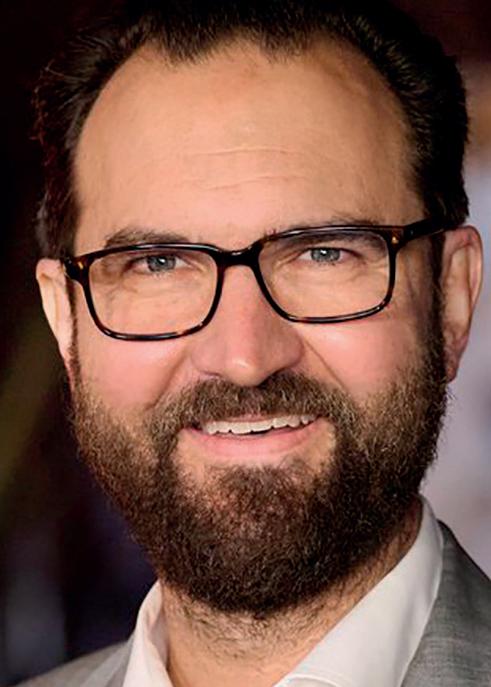

“I see a real trend right now of the streamers working together,” says Bishop, noting that the project pairs “two different streamers in different territories that you would think are fierce competitors but are working together.”
After between three and five years of “deep development” on the scripted side, Marblemedia will be taking a large number of projects out to buyers in the next six to 12 months.
The timing lines up nicely given that the likes of Amazon, Netflix, Disney+ and now Paramount+ have all launched local commissioning outposts in Canada, says Hornburg.
While Marblemedia celebrated its 20th anniversary last year, the company has arguably enjoyed the biggest growth spurt in its history over the past three years. Naturally, that brought with it interest from prospective buyers, especially in a redhot M&A market.
For Bishop and Hornburg, who are best friends as well as business partners, the decision to sell the company is not one they would take lightly.
“It’s always been flattering when people knock at the door, but we always need to think critically about it because there’s this wonderful dynamic and deep-rooted friendship that Matt and I have,” says Bishop. “We continue to enjoy being independent and growing the business.”
Hornburg adds: “We’re always open to a conversation, if it’s the right strategic one. But if there’s going to be any move in the future, it has to check a lot of boxes.”
What is perhaps more likely, at this point, is Marblemedia pursuing an acquisition of its own.
“For us, it’s always the debate about whether it’s better to build it ourselves, which is what we’ve done up until now, or do that through acquisition,” says Bishop, noting that the pair are looking at “all opportunities.”
In the meantime, though, all roads lead toward its scripted content push. “This is the area that’s going to put our company into another stratosphere,” says Hornburg.

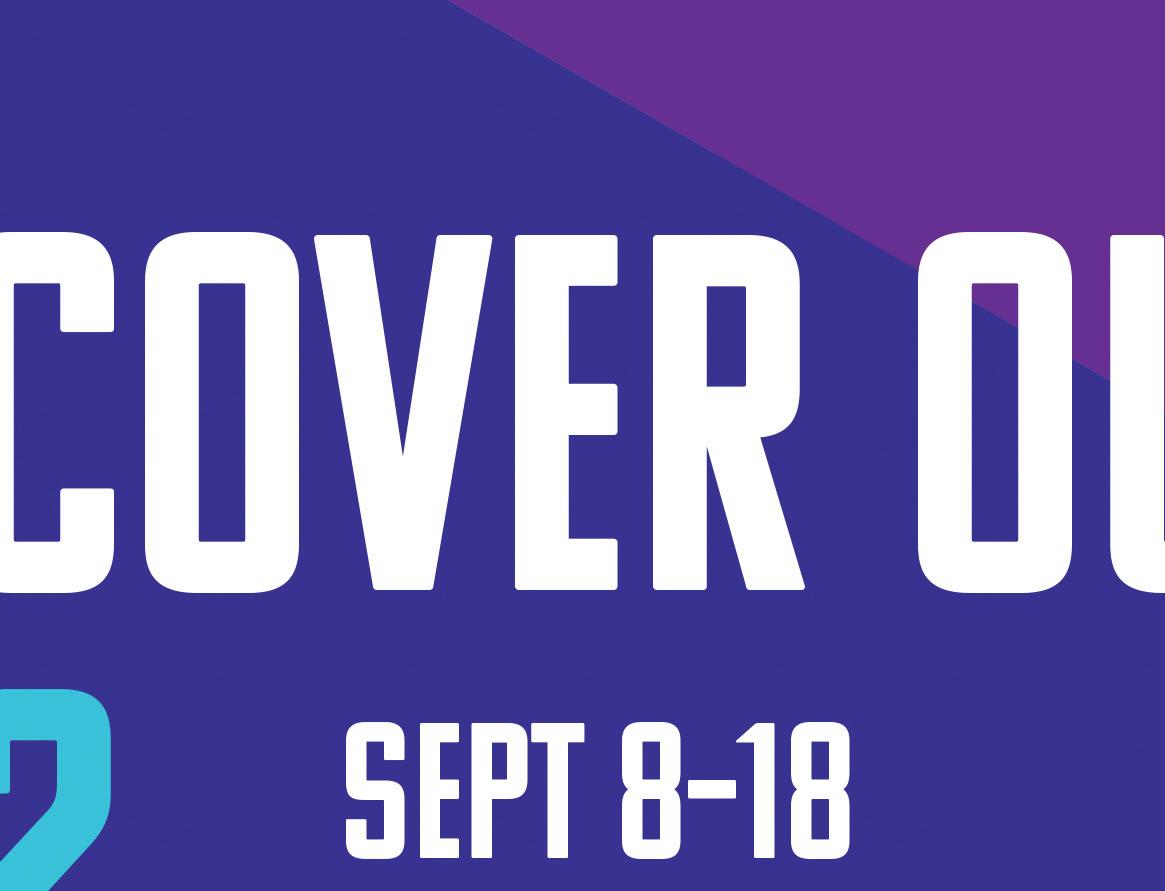

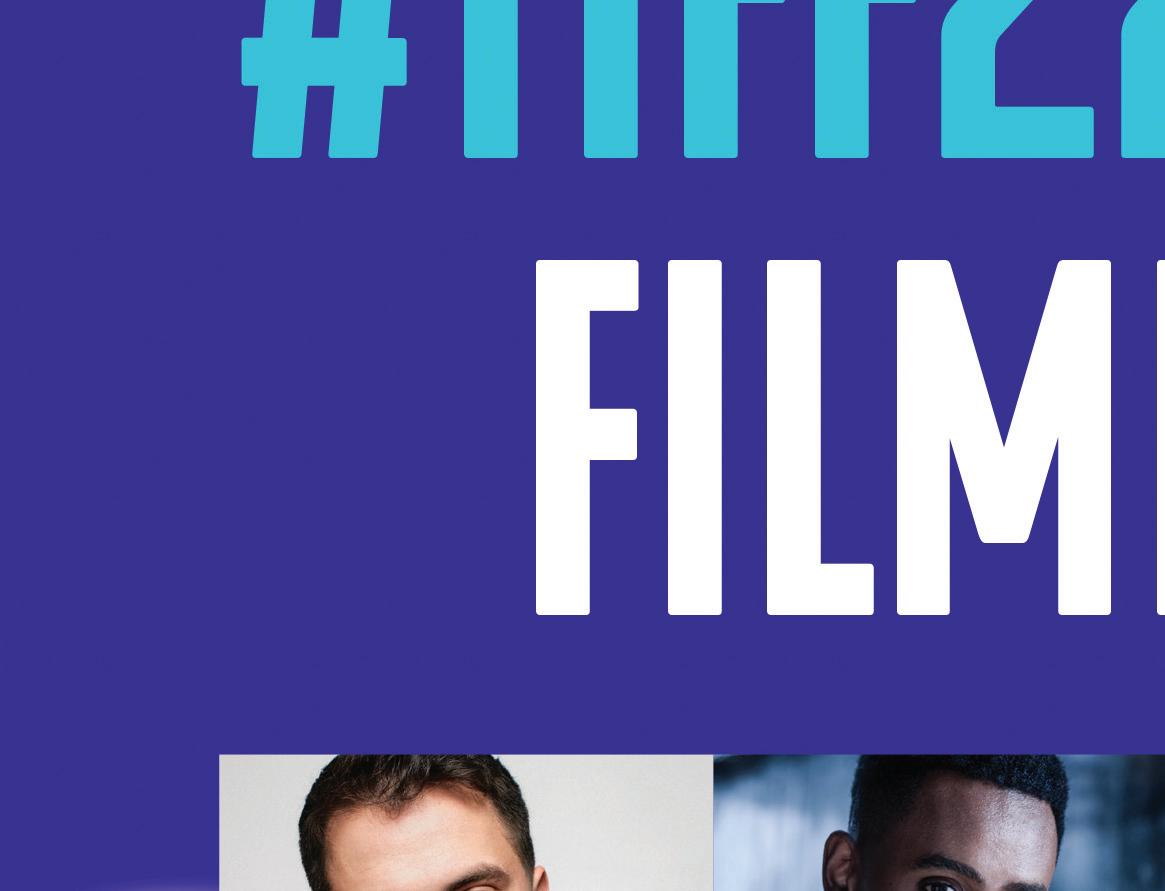

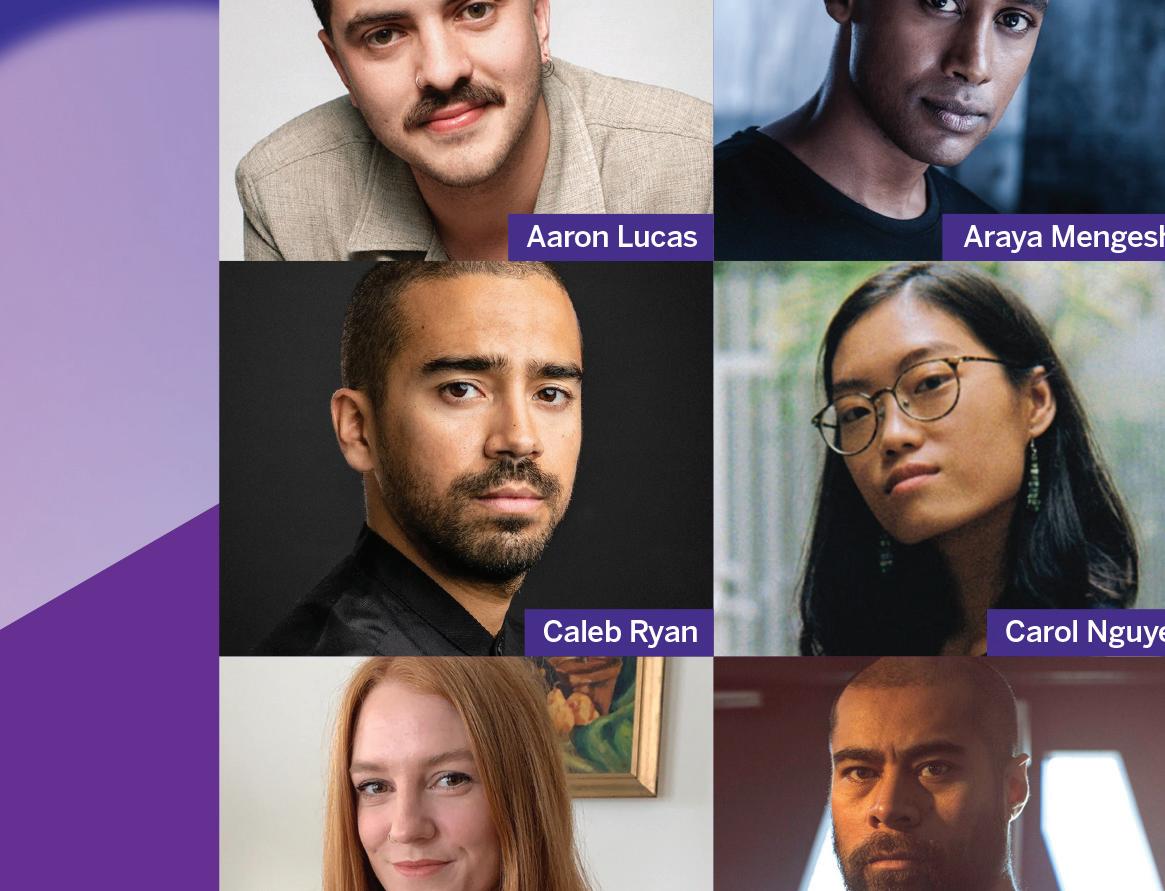
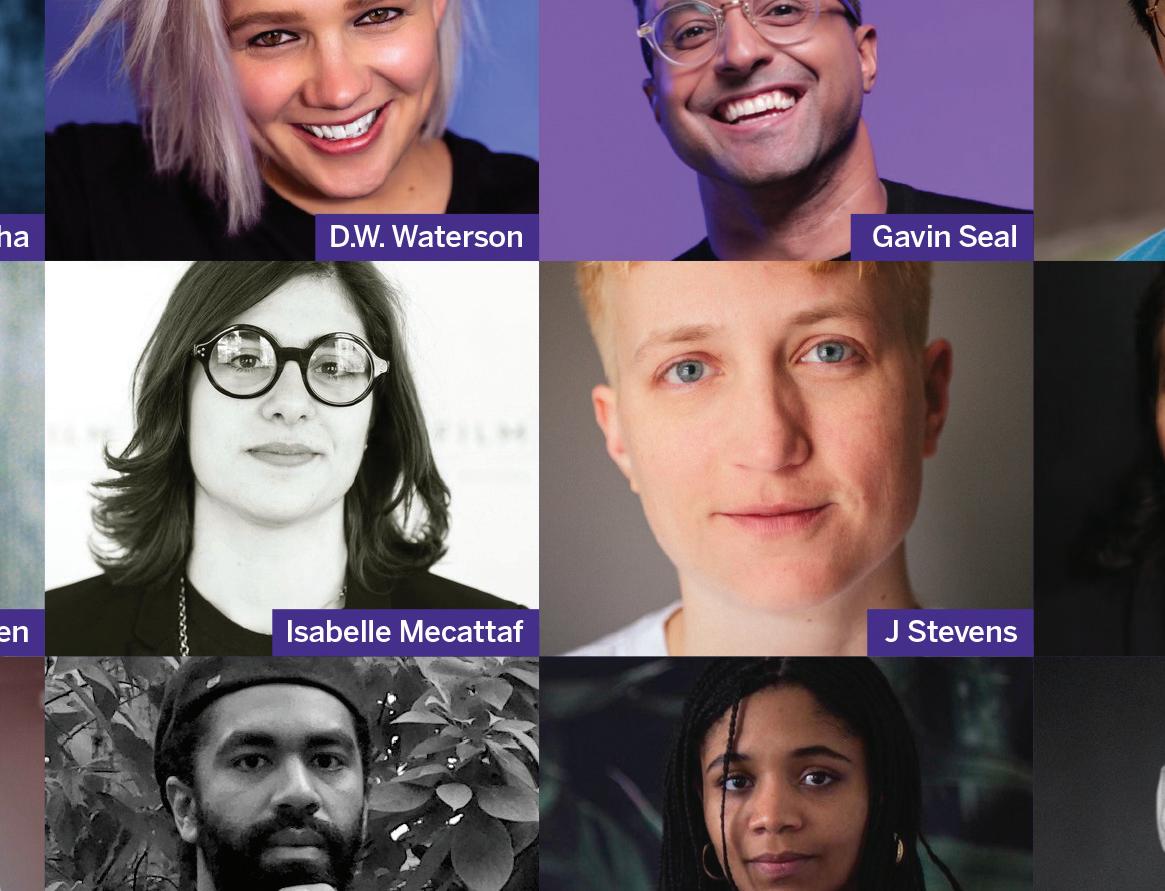

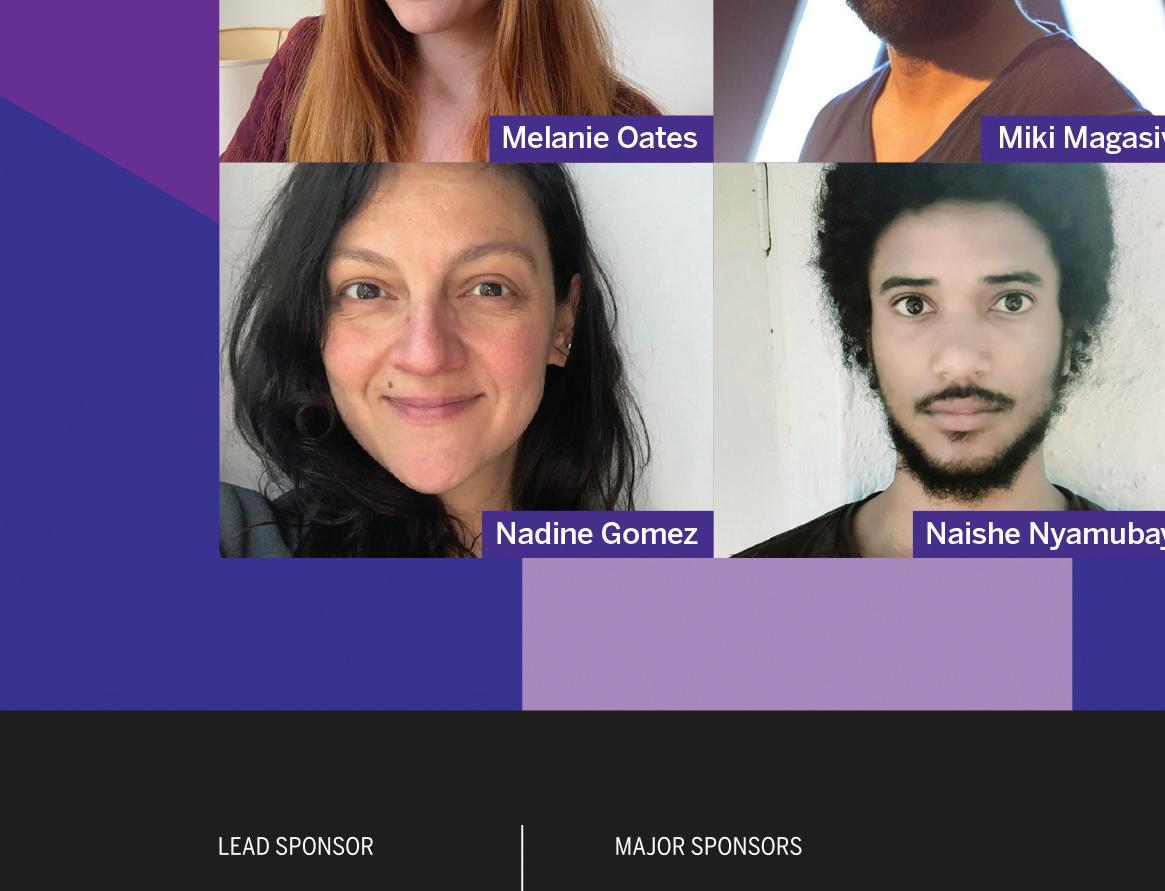
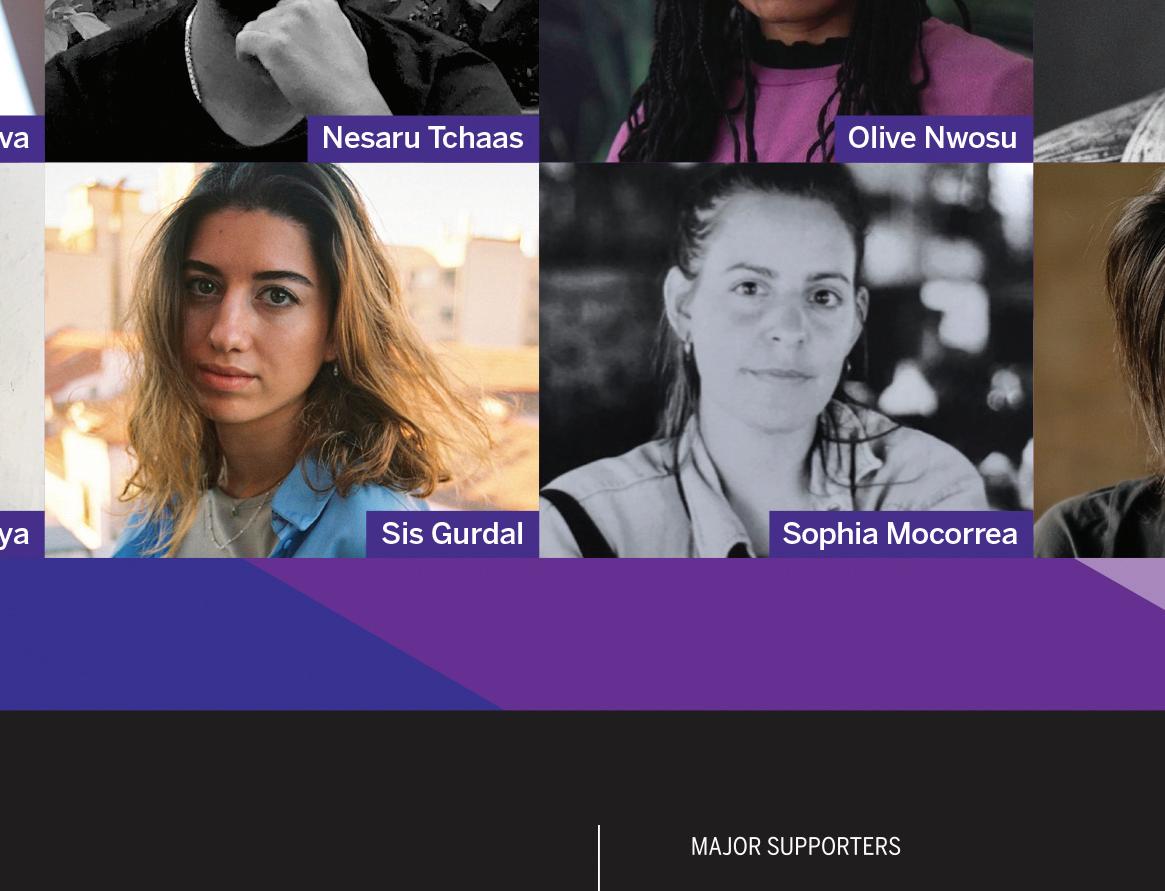
Unbreakable
F or Rob Clark, director of global entertainment at Fremantle, every format on any development slate worth its salt must incorporate universal themes: “We’re not looking for a show for just one territory, we’re looking for shows that can sell globally.”
Accordingly, friendship, first love, enduring romantic relationships, romantic adventure and fun are the themes that crop up on a slate that has been developed with the current economic crisis in mind.
“Too often people in television look at television in isolation, and you should never do that. You’ve got to remember what your audience is actually living through at the moment. And most people, in most of our territories, are having a particularly difficult time at the moment,” says Clark.
“So we’ve looked for things that are unrelentingly positive and fun. We’ve got more shows that you can watch as a family. Because if your gas bill is going through the roof and is going to be 4,000 euros, pounds or dollars, the first things that are going to go are those trips out with the family.”
A great show can come from anywhere, theoretically, but Clark emphasises there are key markets and broadcasters that provide a stronger foundation to launch a new format, such as Australia, Denmark, the Netherlands, US or UK.
From the latter comes Unbreakable, which began airing recently on BBC One and sees six celebrity couples go through a series of mental, physical and emotional challenges designed to reveal whose relationship is the strongest.

Clark is quick to establish the format, made by 110% Content, isn’t engineered to cause spats between the couples, in line with the “unrelentingly positive” vibe of Fremantle’s unscripted slate. “It’s not trying to show the weaknesses within their relationships, it’s there to show the strengths. But at the end, there is one couple that comes through as having the unbreakable relationship.”
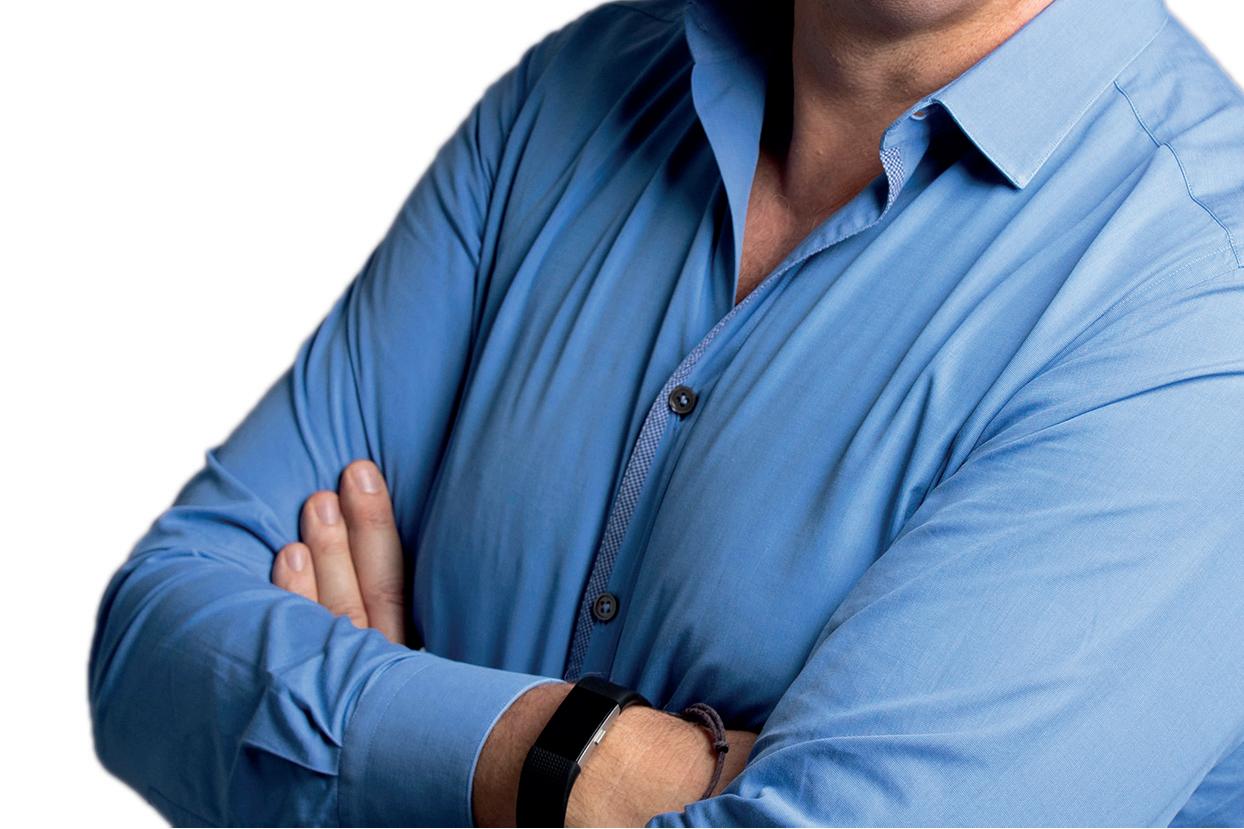
Then there’s The Real Love Boat, a reality series inspired by the US scripted series from the 1970s and 80s, The Love Boat, in which a captain and his crew tried their best to please their passengers and help them with their romantic relationships. CBS in the US and Network 10 in Australia have launched their own versions of the format, which comes from Fremantle-owned Eureka Productions.
The series brings single people on to a luxury cruise ship in the Mediterranean, with destination
The production and distribution giant is bringing an “unrelentingly positive” slate to Mipcom this year that spans universal themes such as friendship, romance and adventure. By Nico Franks
dates and challenges to test the compatibility and chemistry of couples on board. After nearly a month at sea, one winning couple will win a cash prize and a once-in-a-lifetime trip from Princess Cruises. Like the comedy on which it is based, the show sees the
that has gone on to be made in Italy by Fremantle for Rai2. It sees contestants commit to audience verdicts on momentous life decisions such as should I move out of my mother’s apartment, or should I get a hair transplant.
Other new formats being shopped by Fremantle in Cannes in October include First Timers, from Rakett in Norway for Discovery; studio gameshow Best of Friends from Monster for NRK in Denmark; and pop culture competition show Throwback Throwdown, produced by Blue Circle for RTL4 in the Netherlands.
ea th
slate are what the Frem
ship’s crew play pivotal roles in the matchmaking process.
votal omance, Password boring








Crucial to any show that Clark earmarks for its international potential on the development slate are what the Fremantle veteran, who joined the RTL Group-owned company in 2003, calls the “four pillars”: transferability, scalability, returnability and promotability.

Moving on from romance, Clark says is an antidote to “boring old Wordle-style shows that seem to be everywhere.” A reboot of the gameshow of the same name from the 1960s, the US version launched on NBC in August, with Jimmy Fallon as executive producer and Keke Palmer as host.
same name from the ersion launched on ith ucer and Keke
London-based Fremantle label Thames, meanwhile, has come up with Should I Do?, a show
anwhile, What how
Not every show that makes it to air has these, even if it’s a massive hit locally, says Clark.
transferab pr it to air has these massive hit locally lo t the about it. Le company, f
“It could be very local – and we have many shows that have been running for years which never go anywhere. But as long as you stick to those four pillars, then talk to me about it. Let’s face it, as a company, we know how to roll out formats around the world.”
“ You’ve got to remember what your audience is actually living through at the moment. And most people, in most of our territories, are having a particularly difficult time at the moment.
Rob Clark
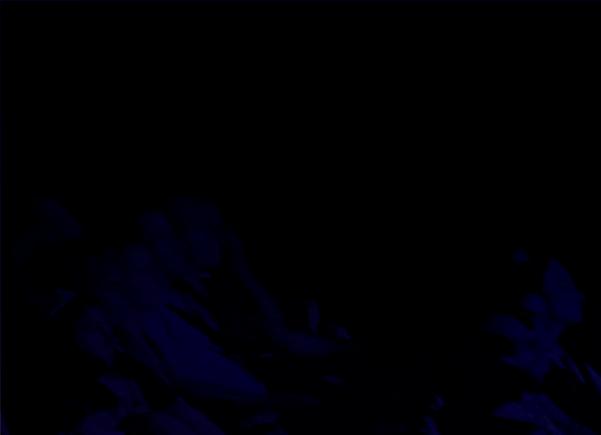
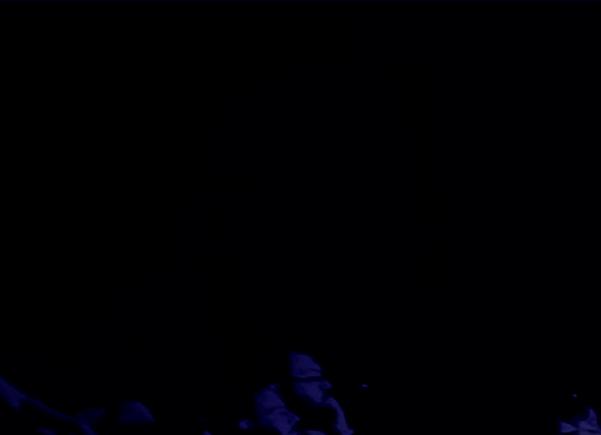
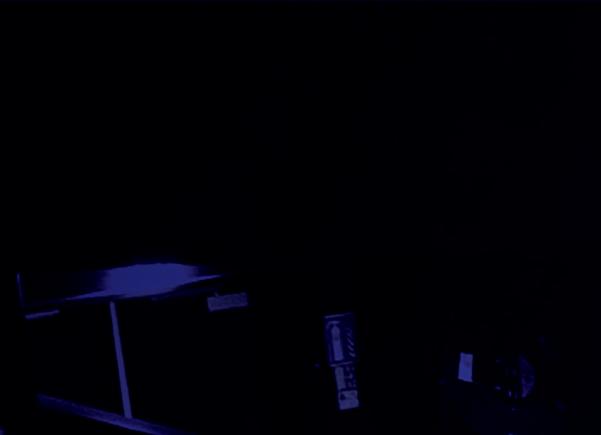


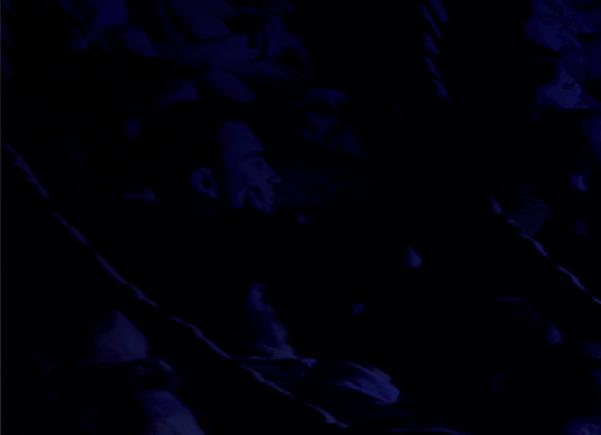
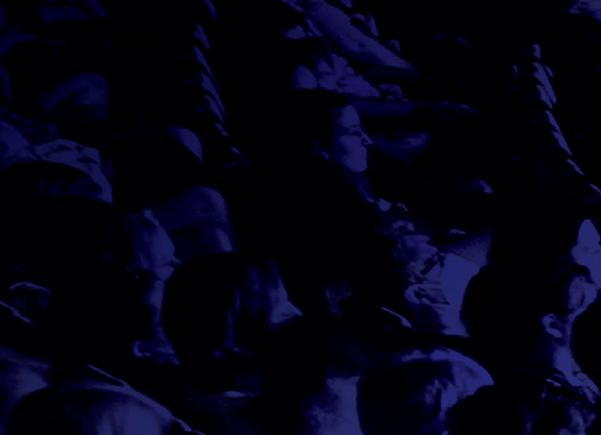
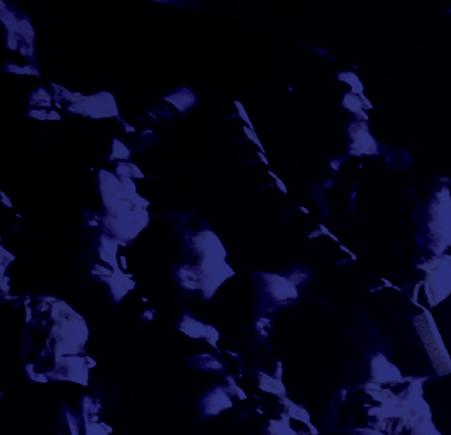
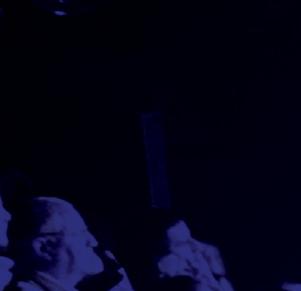


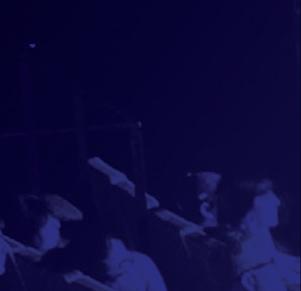
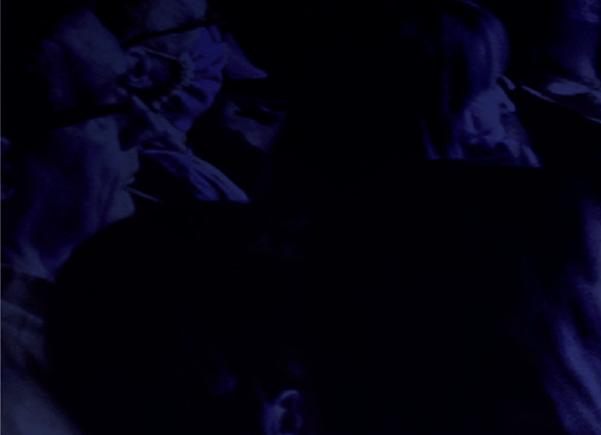







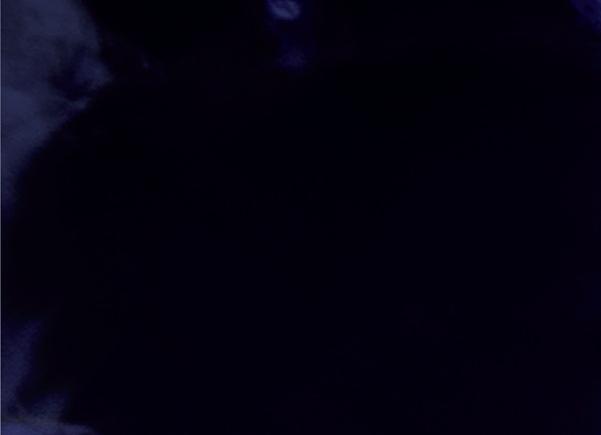
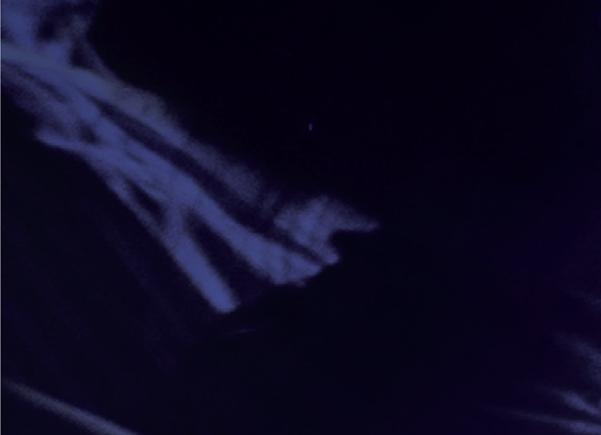


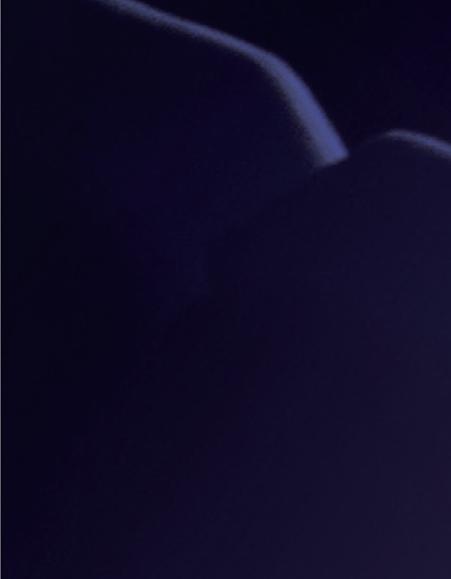














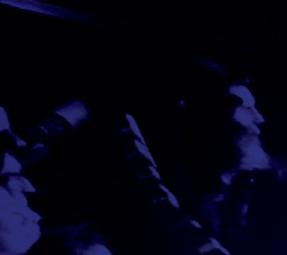
















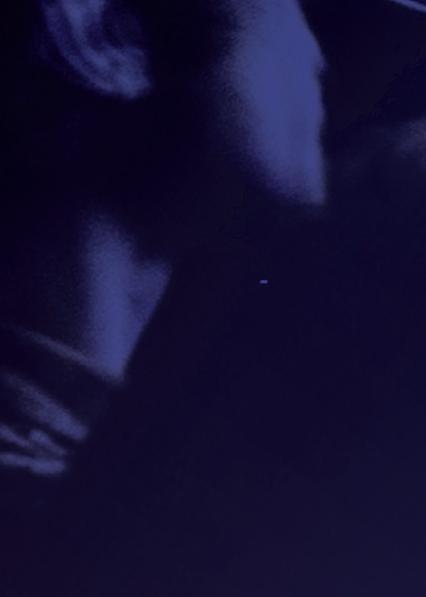








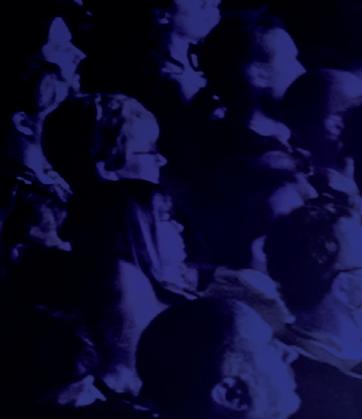


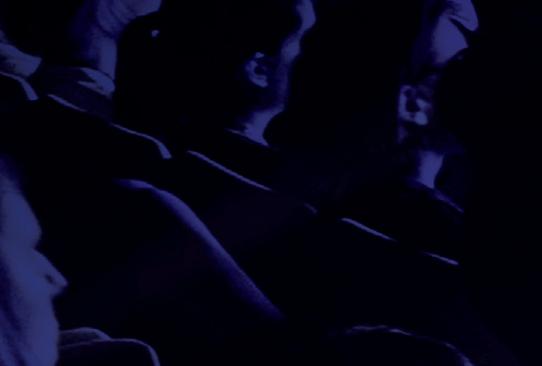

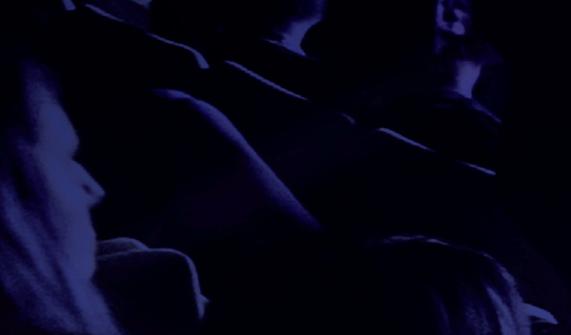


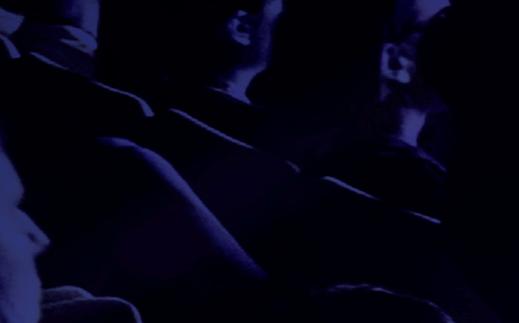


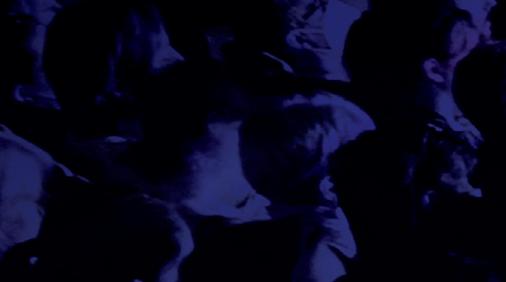


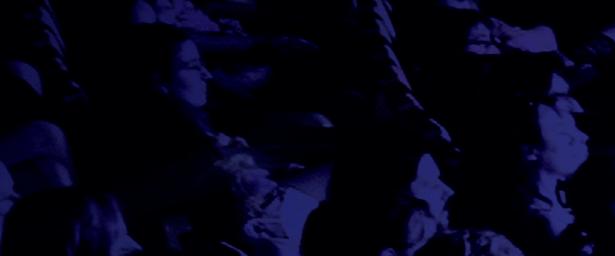











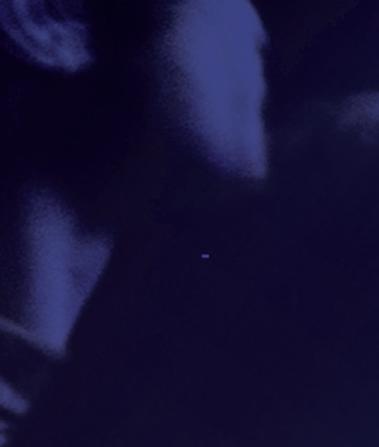










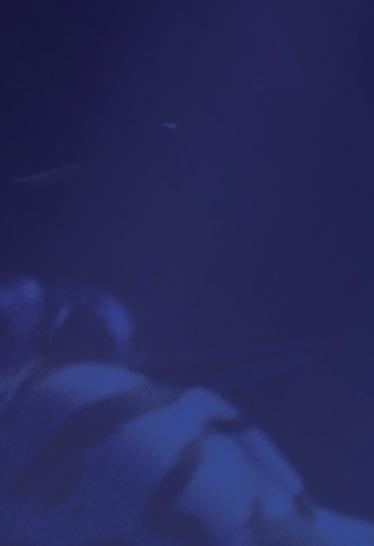



















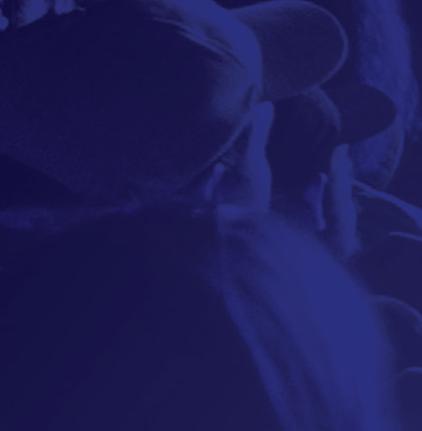










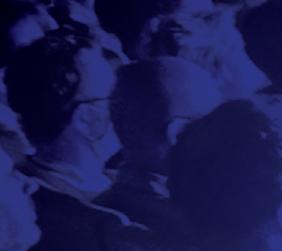








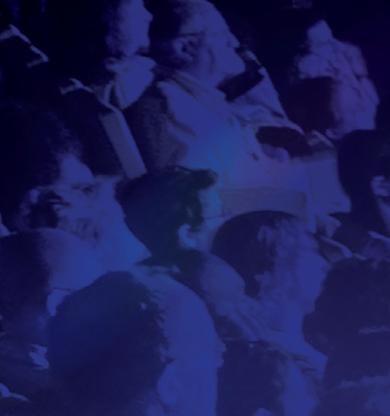






















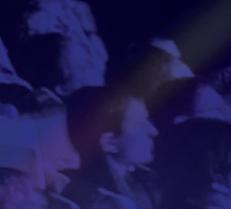



















































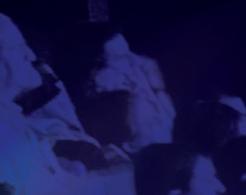

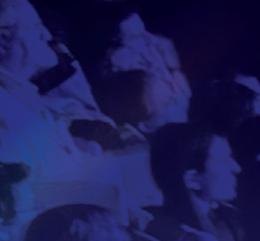













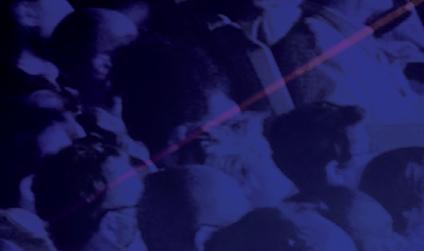











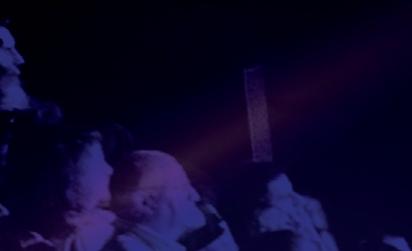































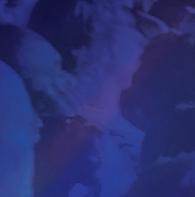












































































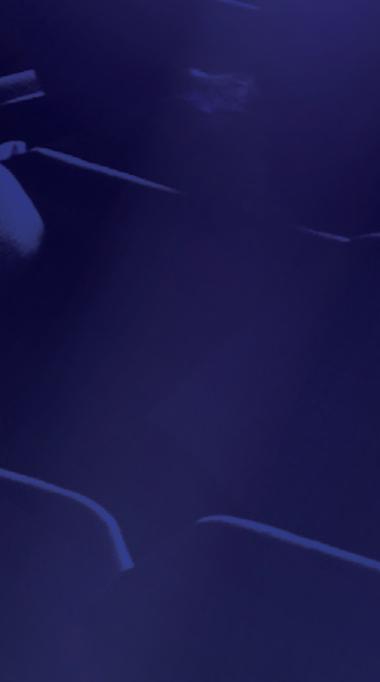




















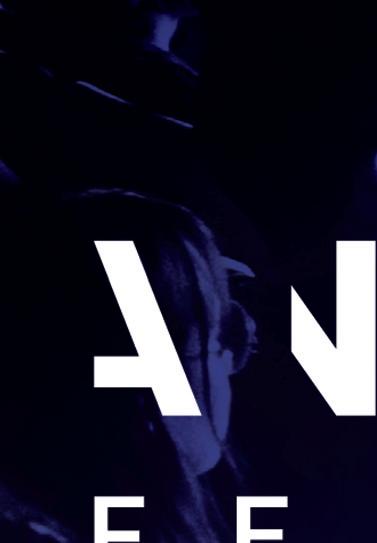







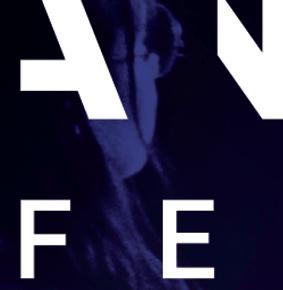








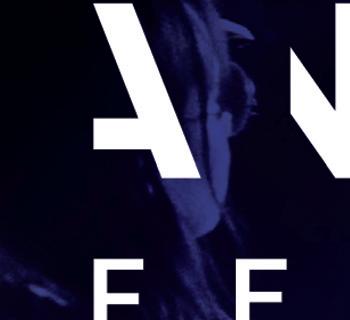


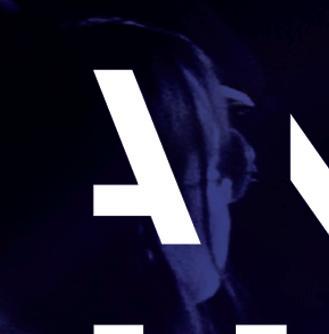


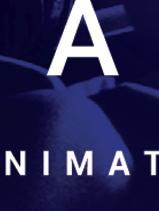























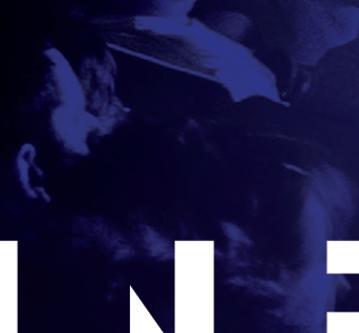
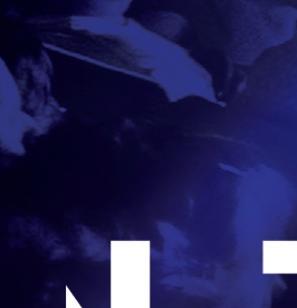



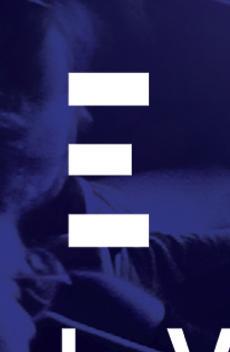






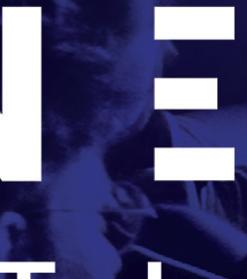


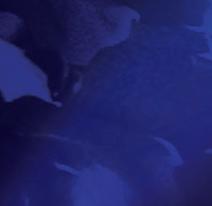

















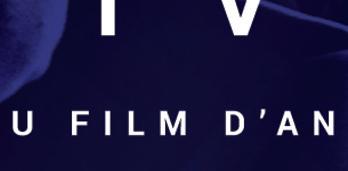
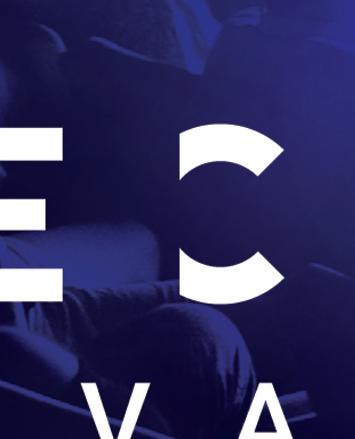
















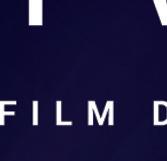


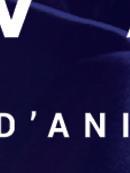
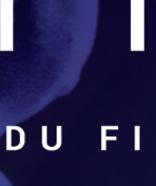


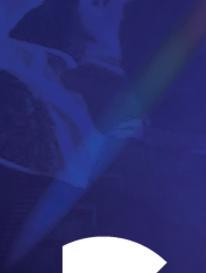

















With economic experts predicting many nations will fall into recession in 2023 as a result of factors such as the war in Ukraine and the cost-of-living crisis, it seems certain that the content community, too, will be hit by the gloomy financial situation.
“I’ll be completely frank in that I think next year will be the toughest period I’ve ever experienced in my career in television,” admits Michael Kelpie, who founded Potato, a subsidiary of ITV Studios, in 2013.
“Challenges will come from every direction. Commercial broadcasters are going to struggle because advertising revenues are going to dip. In turn, that will increase pressure on already challenged budgets.
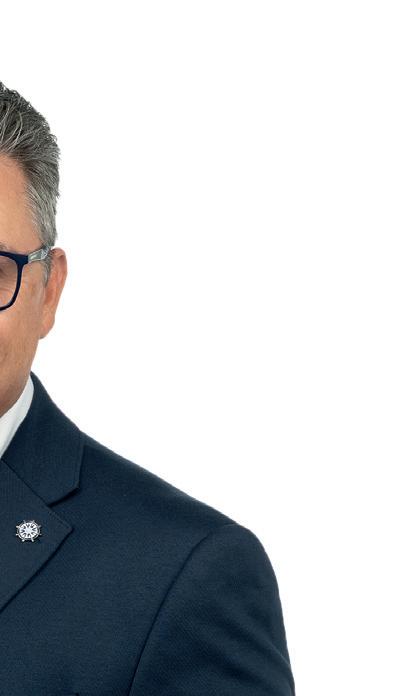
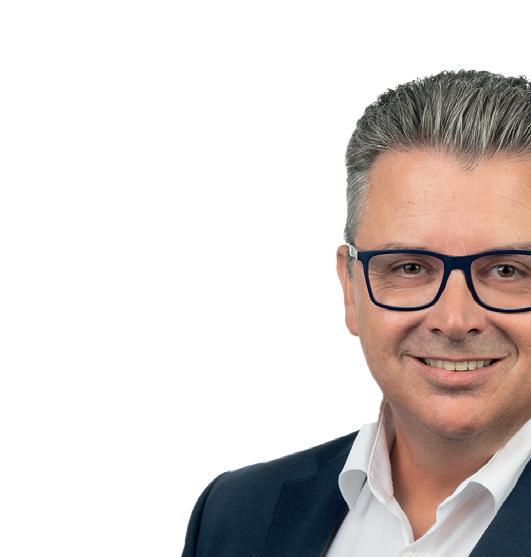
“More than ever, streaming services will have to justify their existence, because subscribers are going to be asking themselves whether they can still afford them. So it’s going to be very tough in the immediate future.”
However, it’s not all doom and gloom. Potato has faced extremely challenging situations before, most notably the Covid-19 pandemic, with the business not only surviving but seemingly thriving against all the odds.
By the end of 2022, the company will have delivered around 450 hours of unscripted entertainment, spanning formats such as reality series Ferne McCann: First Time Mum for UK freeto-air channel ITVBe and documentary Autopsy: The Last Hours of… for US cable network Reelz.
“As we look forward to the next three years, Potato has a really robust slate of returning programmes, which is the bedrock upon which the business runs,” explains Kelpie, who previously worked at ITV as an executive producer and creative director of entertainment.
“That gives us the con more growth. With the challenges the industry faces next year and beyond, the focus more than ever will be on delivering shows to tighter budgets.
“Searching for a silver lining in the dark clouds looming overhead, there may be opportunities for Potato similar to those we saw during the pandemic. Every scripted production company in the world basically shut down and couldn’t move forward with their projects, so broadcasters turned to unscripted prodcos like Potato for solutions. So perhaps we’ll get a glimpse of that again.”
As Potato looks ahead to its 10th year in business in 2023, the company certainly has lots of new content to offer to the market, both domestically in the UK and overseas. Contracts are close to being signed for an as-yet-unnamed new quizshow format, while Potato is also working on a
As MD of UK prodco Potato, Michael Kelpie has been responsible for entertainment shows such as The Chase and Ninja Warrior UK – so when he warns of stormy waters ahead, the global television industry would be advised to take notice.
“That one’s a very ambitious, slightly crazy project that will star a major talent, who I can’t name right now. There’ll be deals with multiple broadcasters in the US, UK and other territories,” he says.
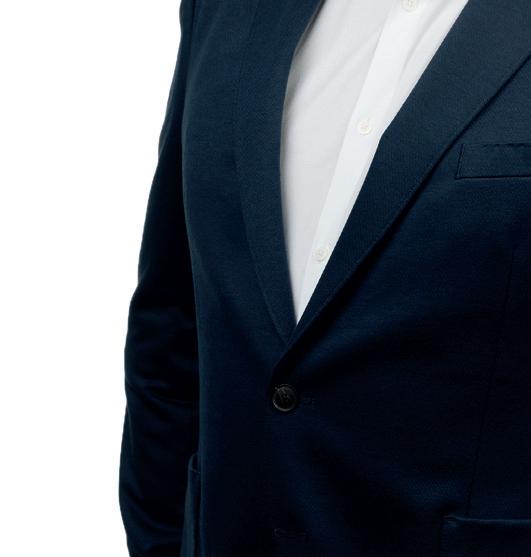
“That one’s a that will sta can’t name now broadcaste other territories,” he s broadcast arm t
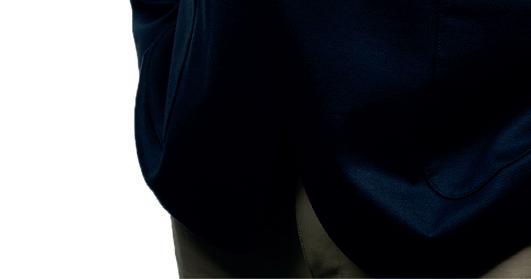
Many of Potato’s shows have been for the broadcast arm of its parent company, including the latest season of Ninja Warrior UK, which returned in September after a three-yearhiatus. But Kelpie promises commissions from other partners are in the pipeline.

By Neil Batey confidence to look towards yond, er ead, o similar to those we emic. n the world nd couldn’t r rned to e Potato aps ain.” ad to n 2023, y has stically erseas. named while
Septem hiatus comm partn “W relat p incre and Telev mono and i busine
“We have a great relationship with ITV, but a big part of our strategy is to increase our customer base and build new partnerships. Television is not about monogamous relationships and it’s a basic principal of business to not keep all your eggs in one basket,” he says.
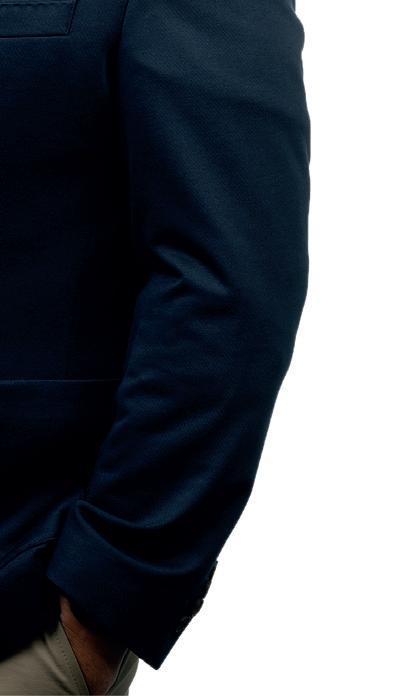
With more streaming services than ever competing for subscribers, Potato is hoping there may be opportunities to sell shows to more of them, including ITVX, the free streamer from the commercial broadcaster that launches in November.
“Potato hasn’t landed anything substantial with streamers yet,” says Kelpie. “ITVX could be a chance to stroll through some new pastures and we’re having some very positive conversations with them, but I can’t say right now whether we’ll be making shows for ITVX.”
With such sustained success in unscripted, has there ever been a temptation to test new waters in other genres, such as drama?
“We love what we make and make what we love,” replies Kelpie. “I’ve always believed that the skills needed to produce unscripted formats are transferable to any type of television show. Potato refuses to be pigeonholed – we’re known as one of the top producers in the UK for quiz and gameshows, but we also make great reality, documentaries and comedy entertainment.
“That said, I don’t know if I have the energy to convince commissioners that we could take on scripted projects too,” he adds, with a chuckle.
